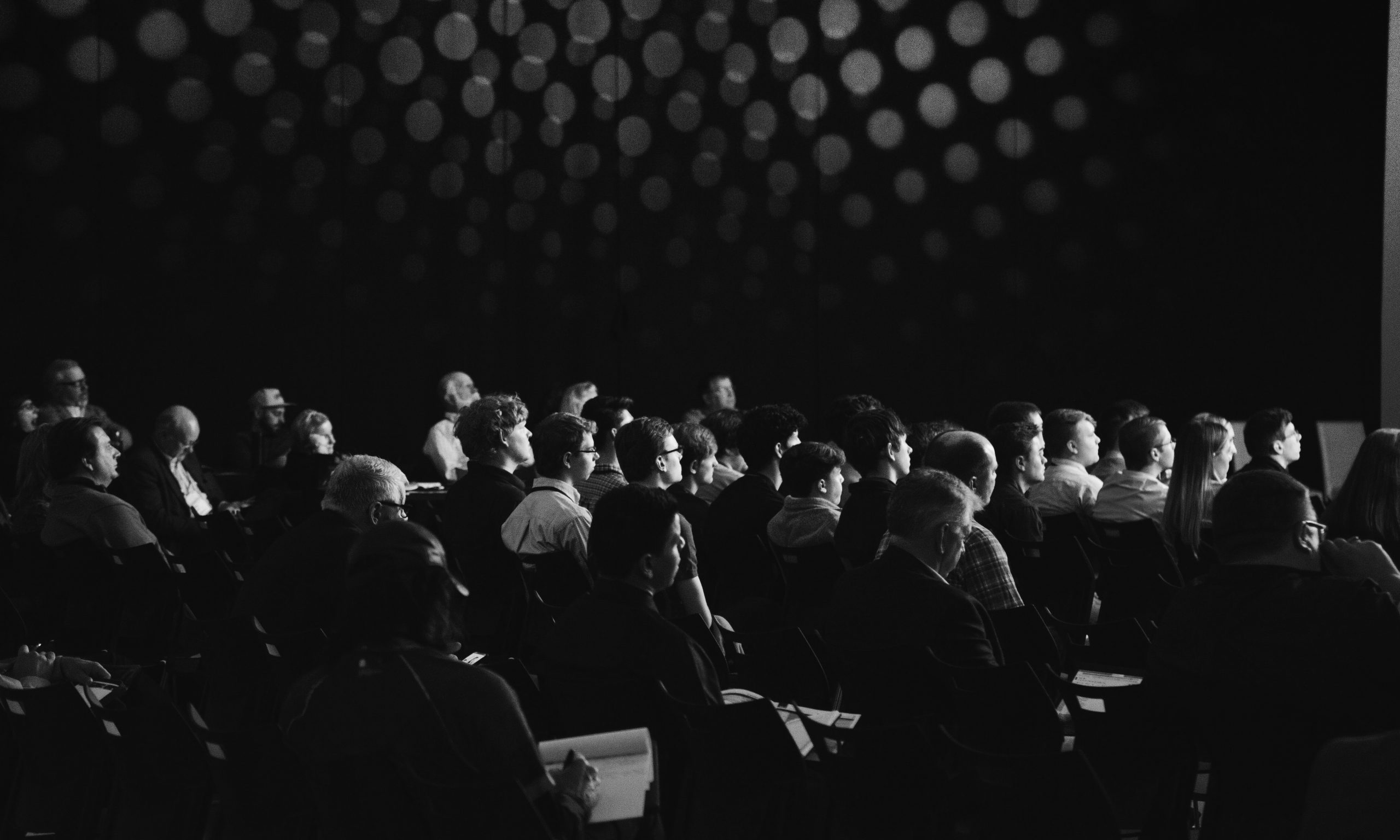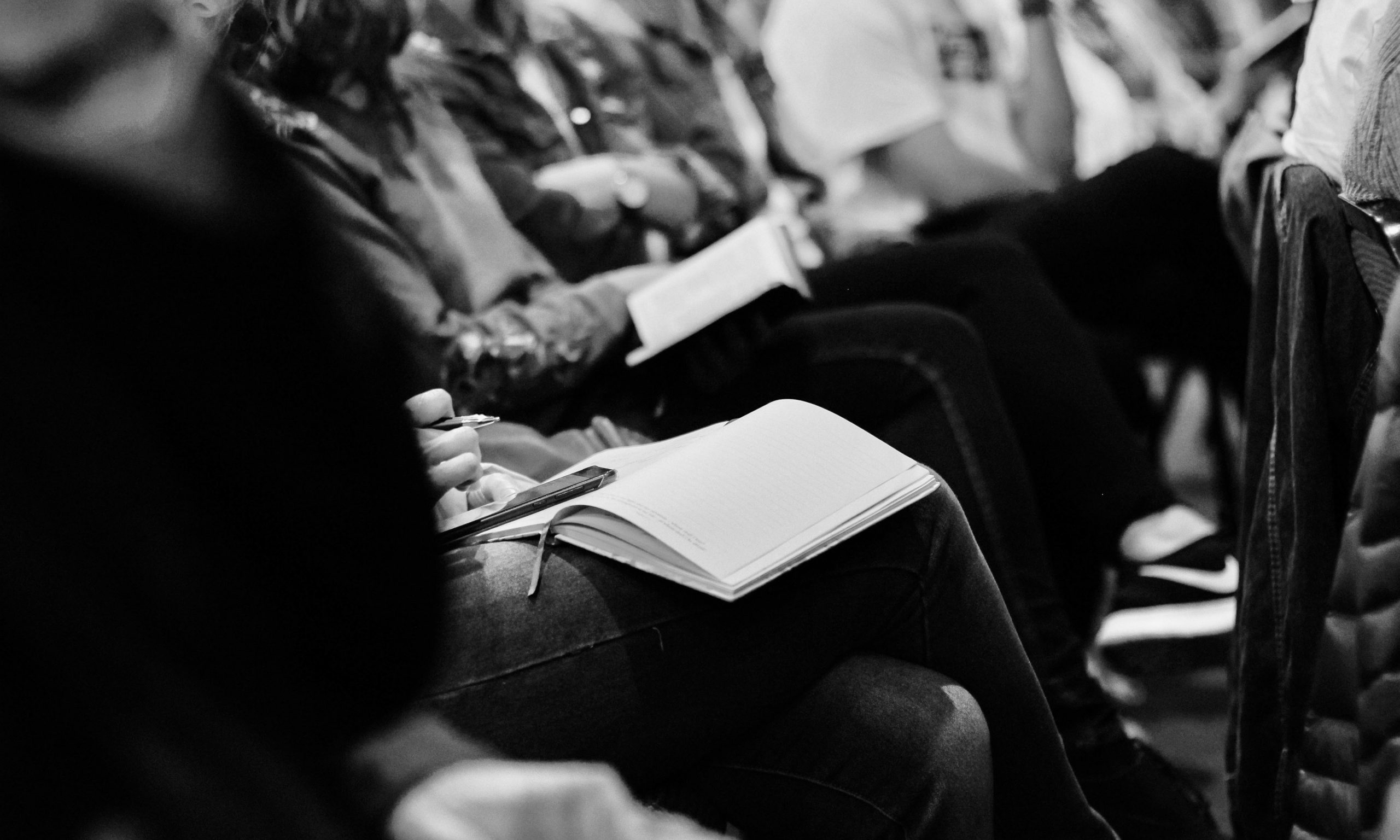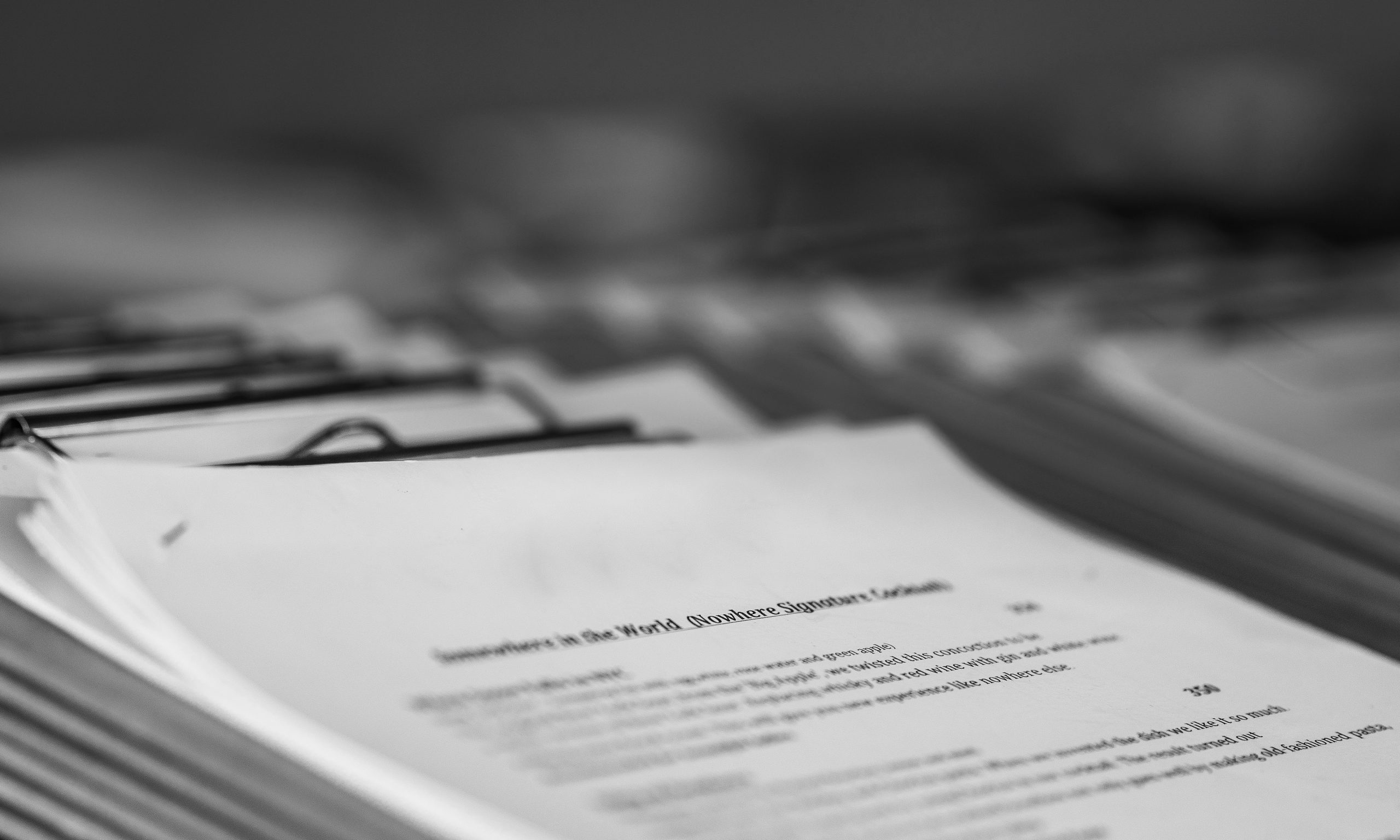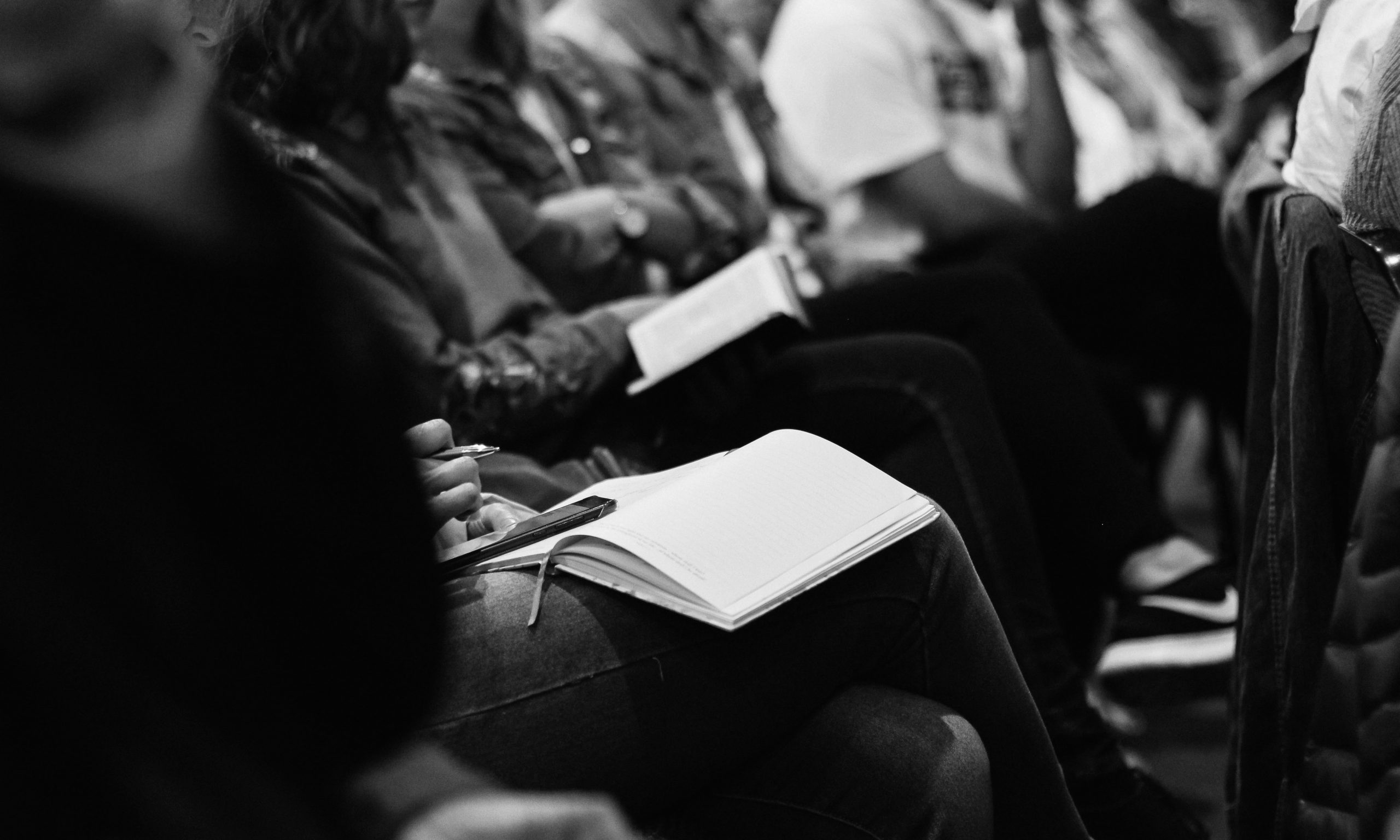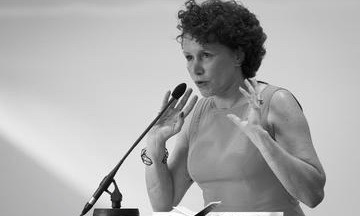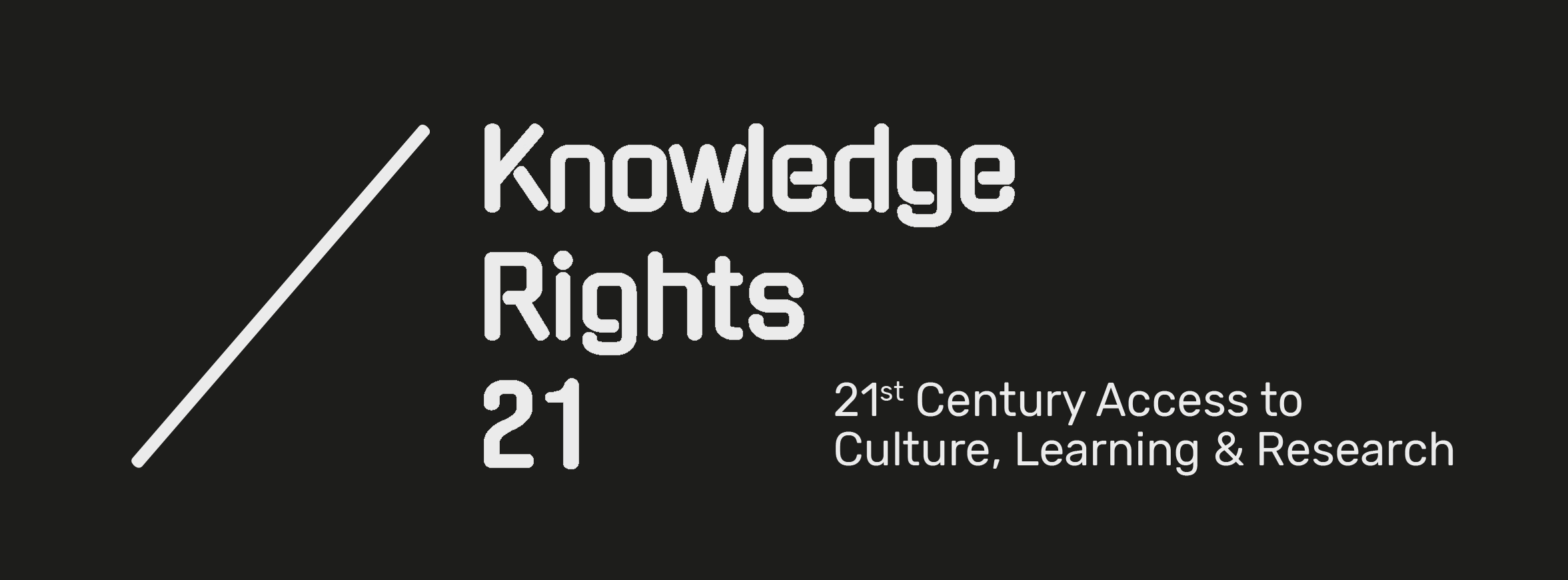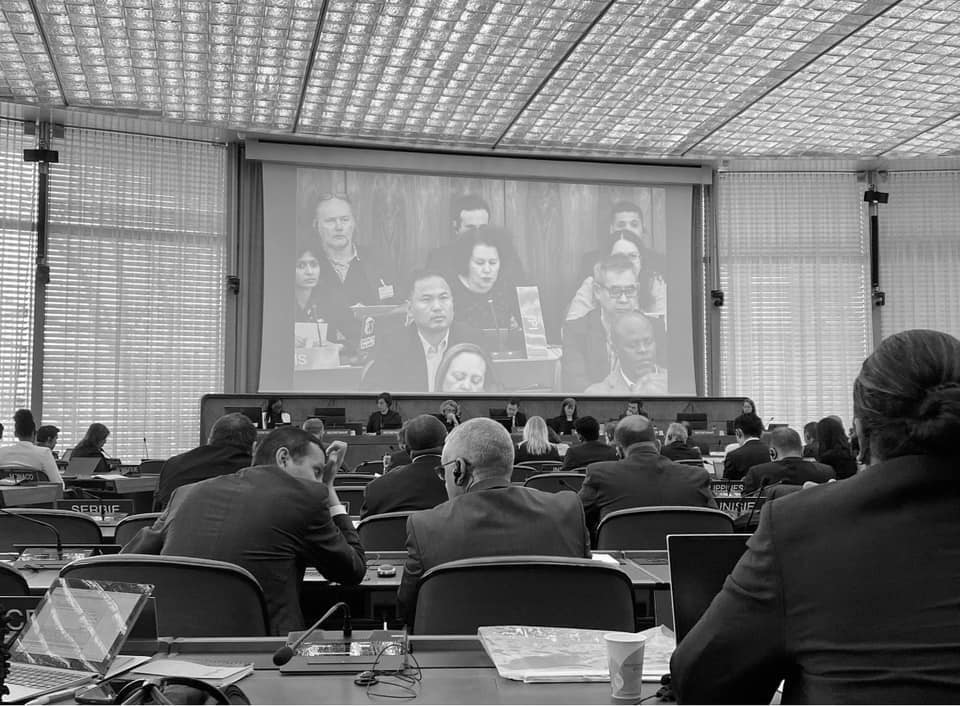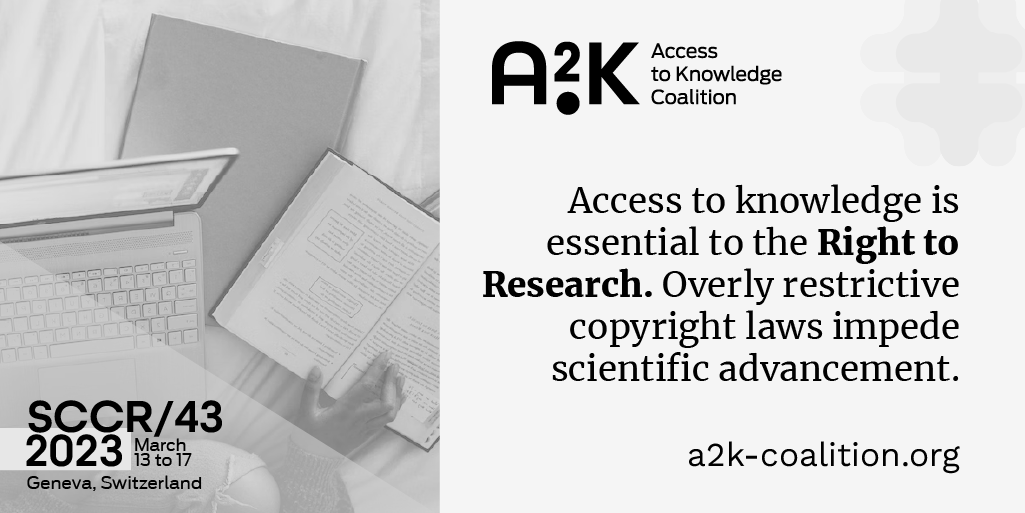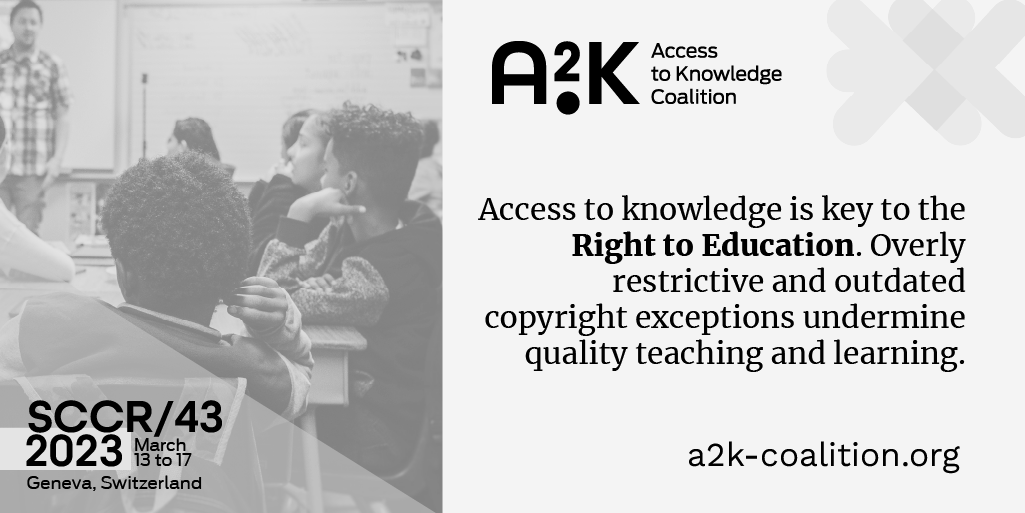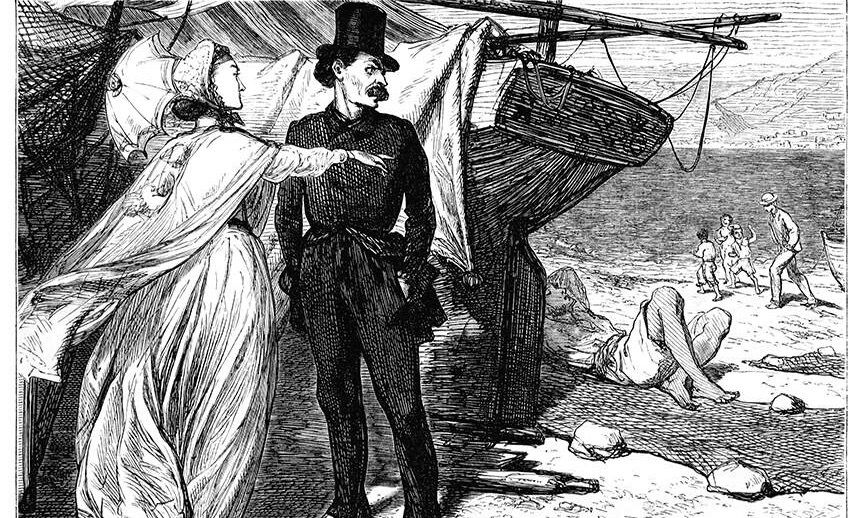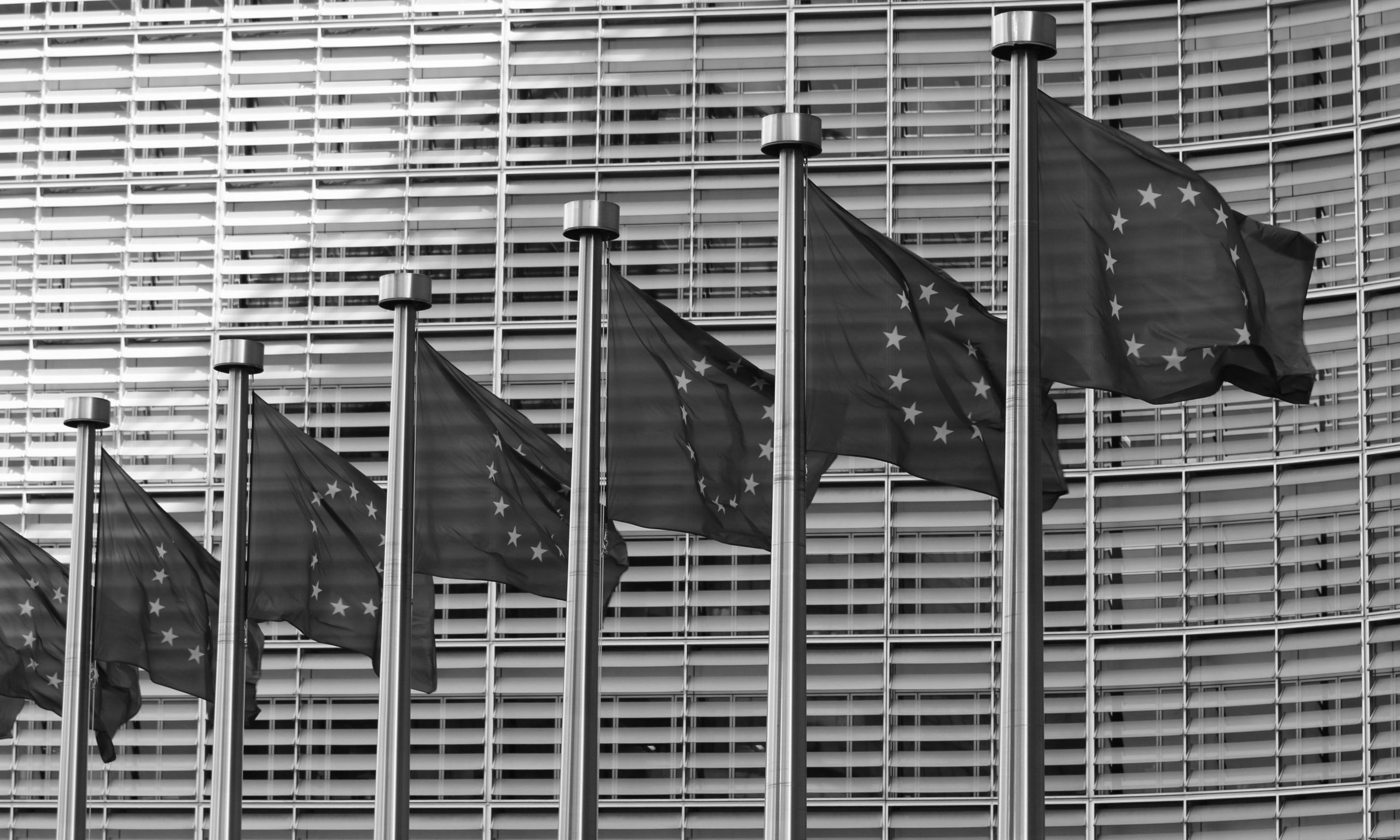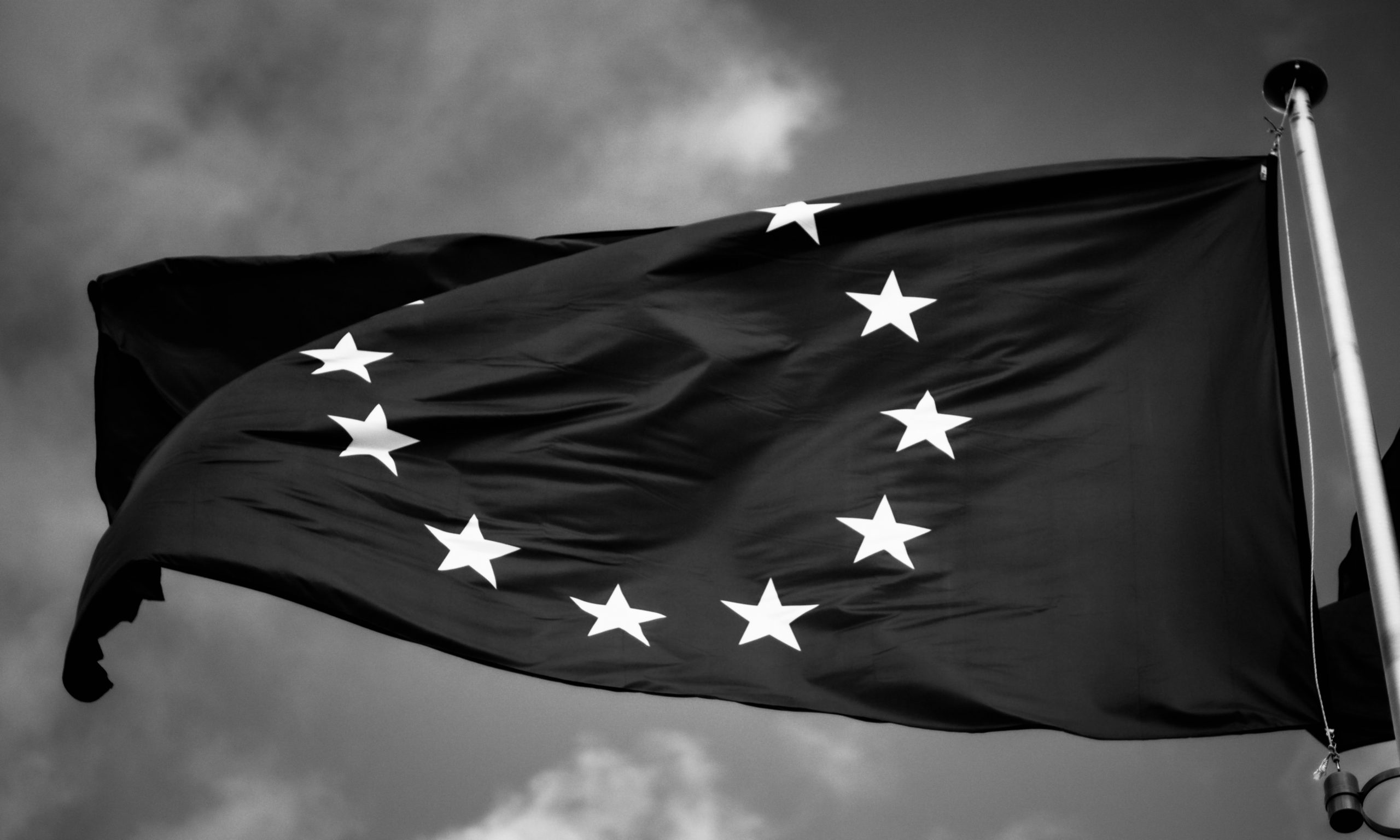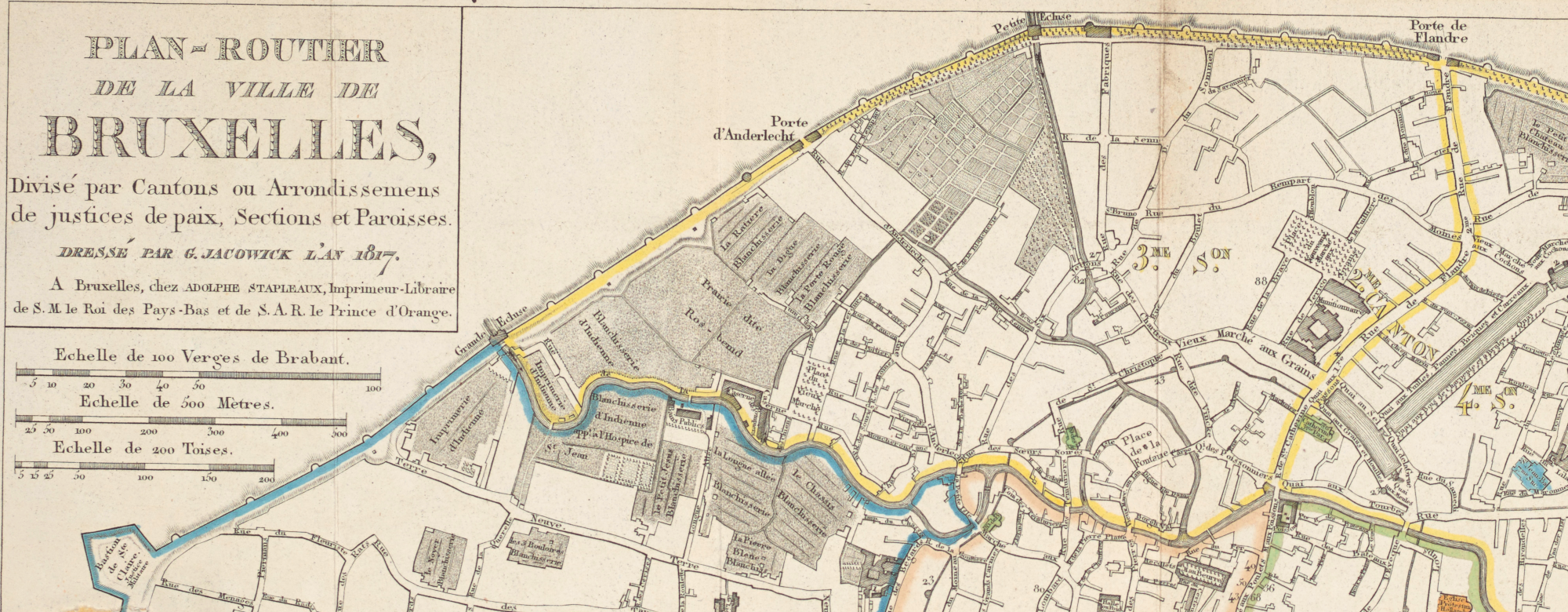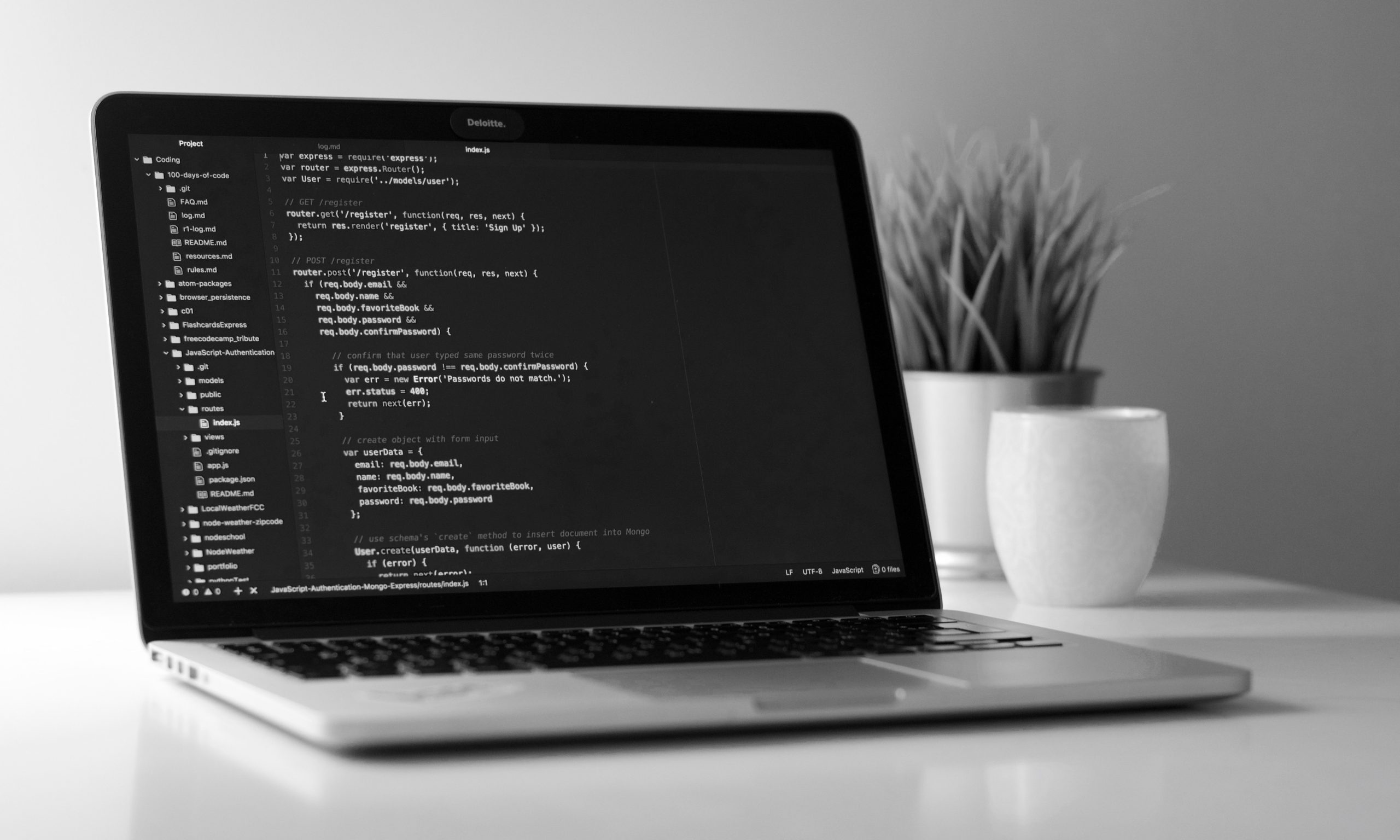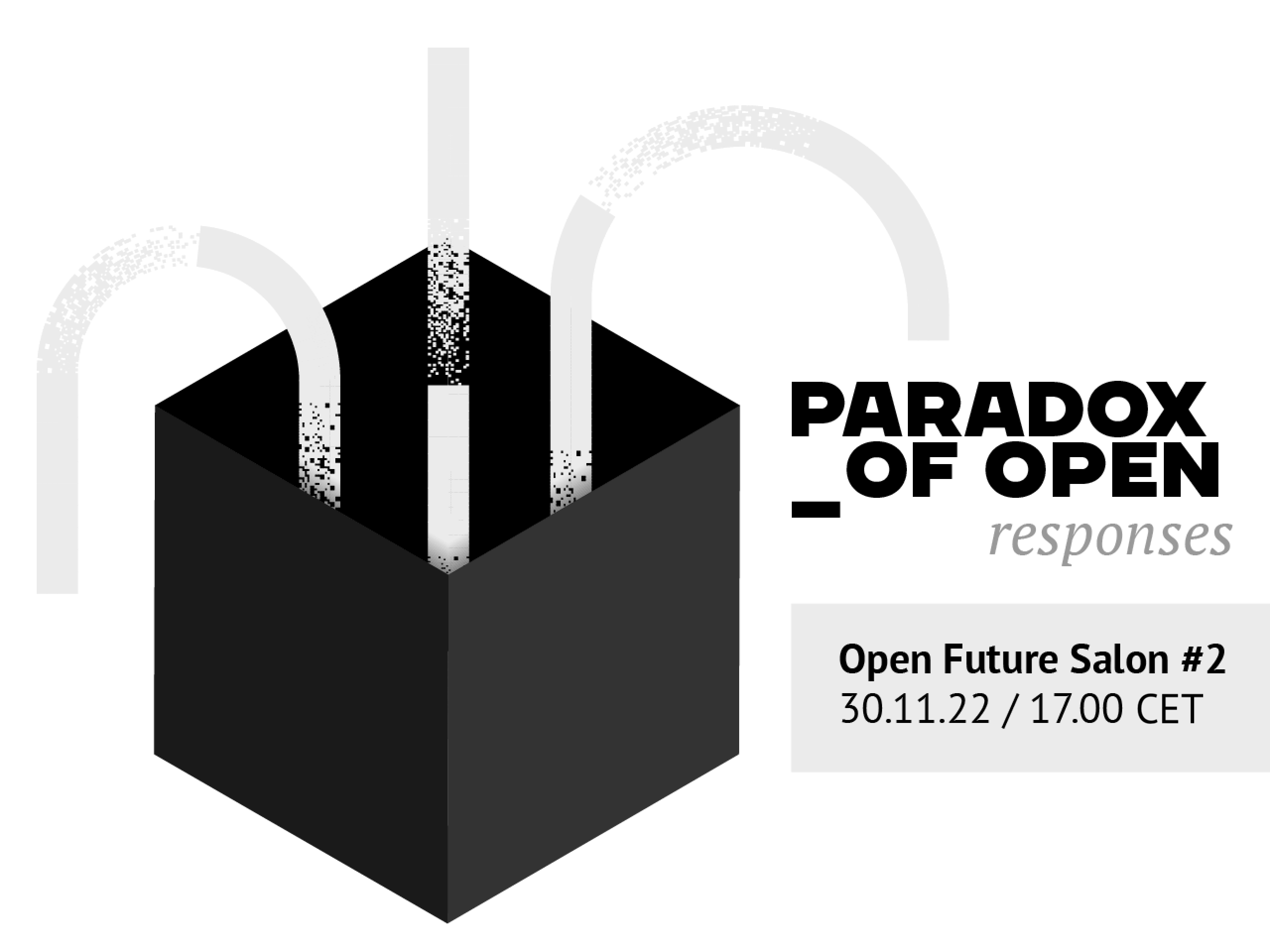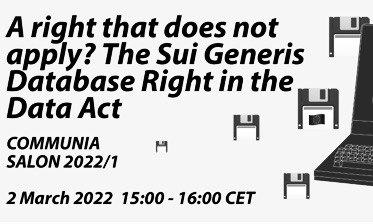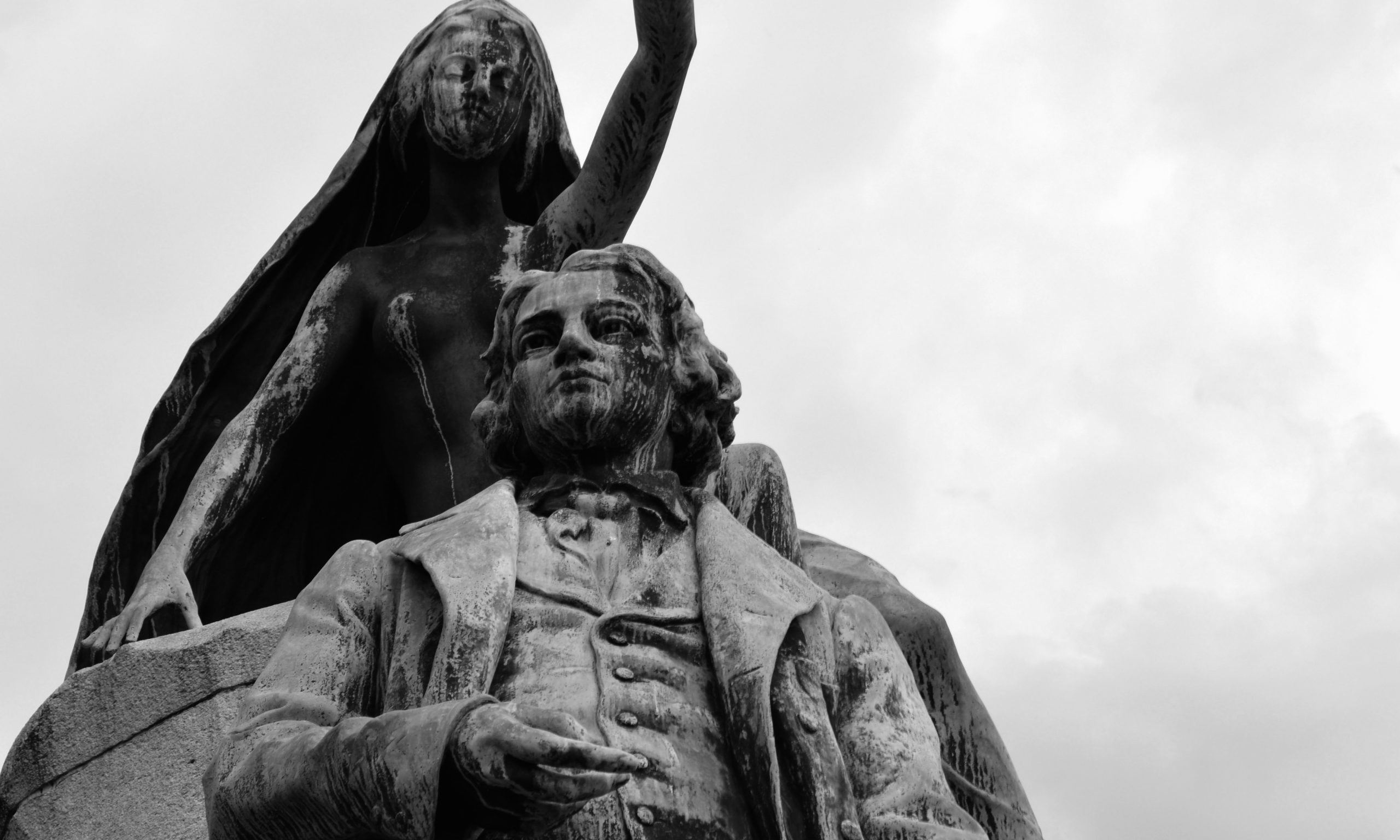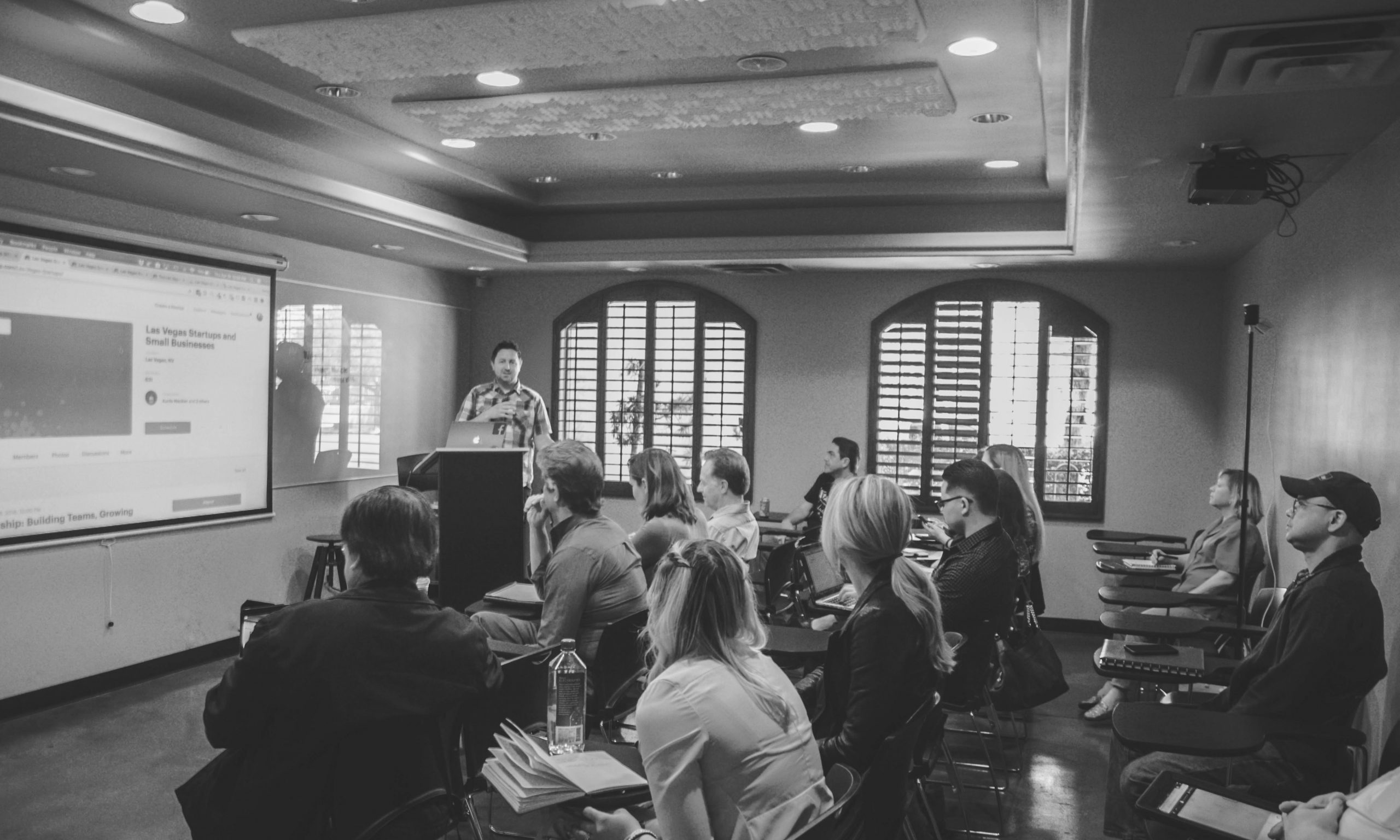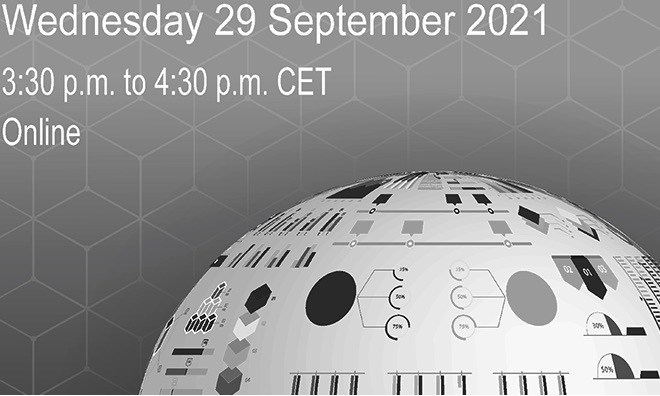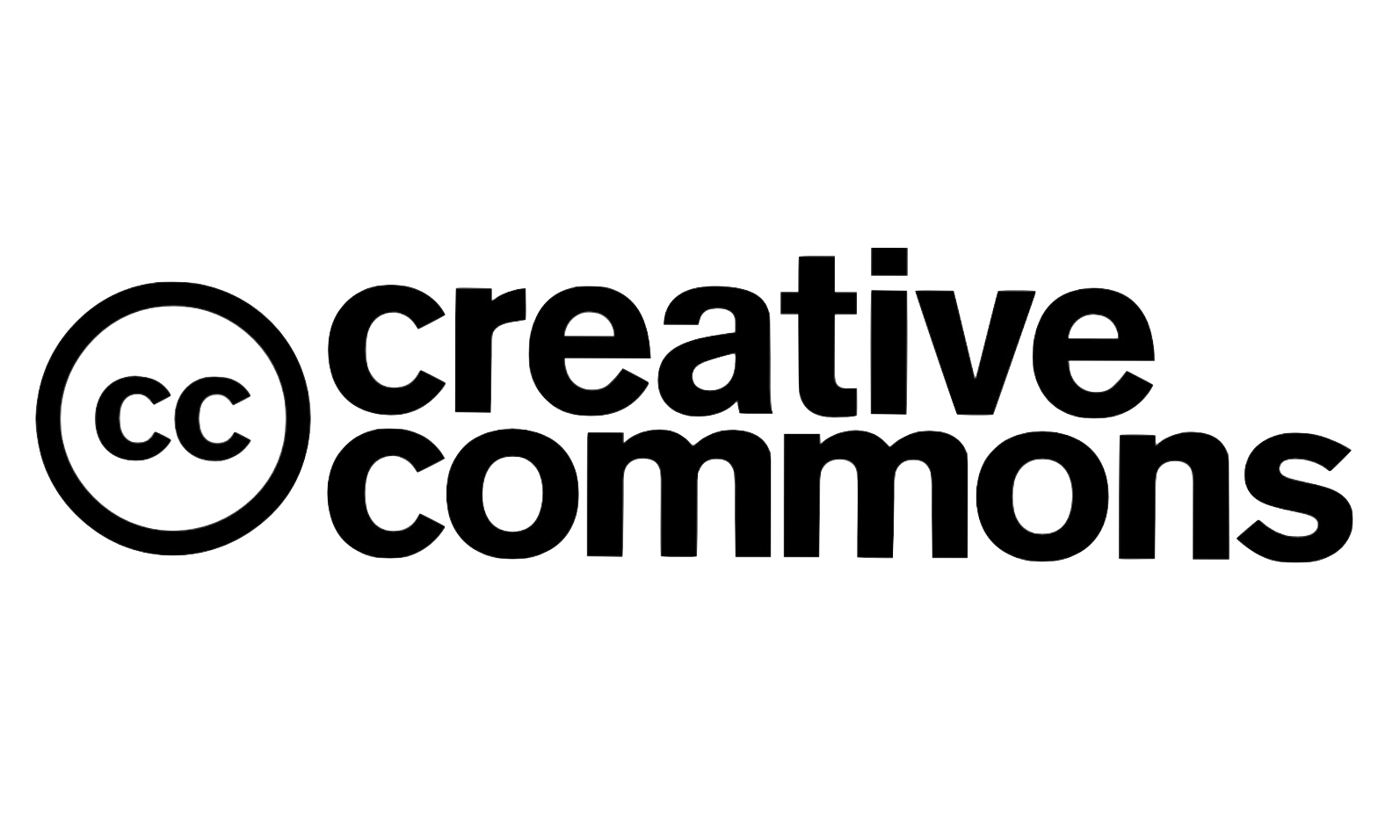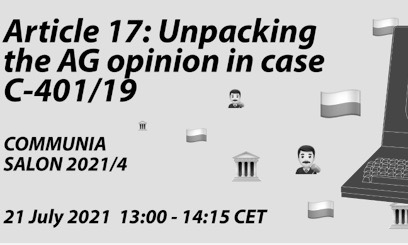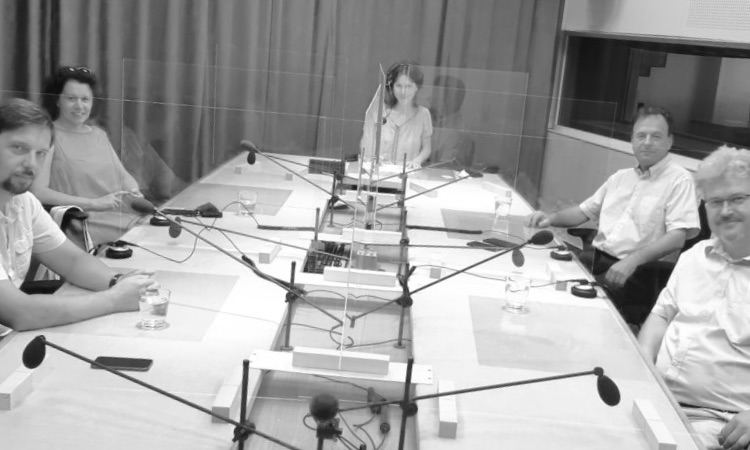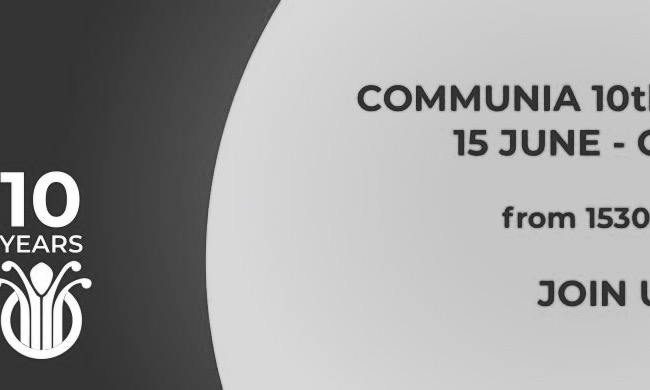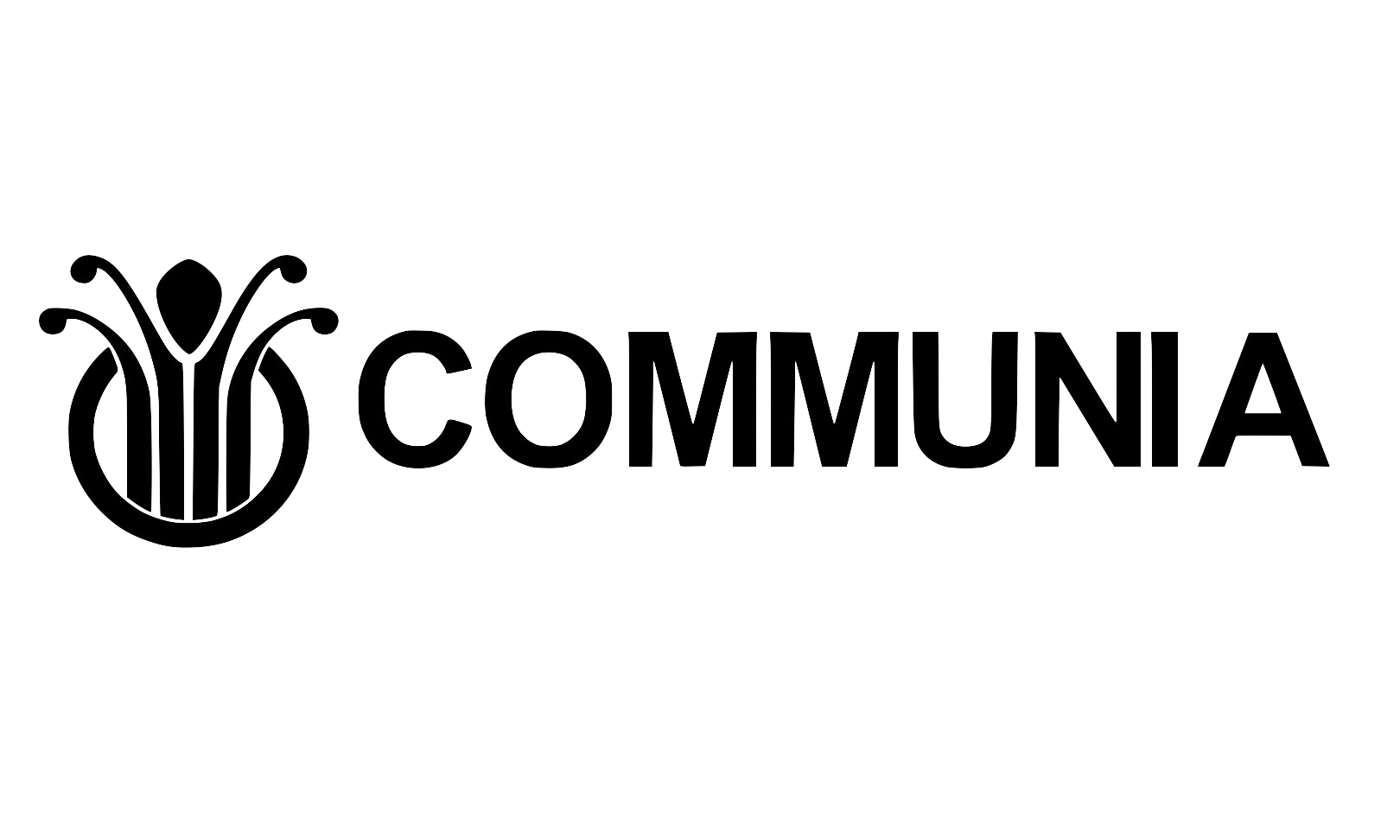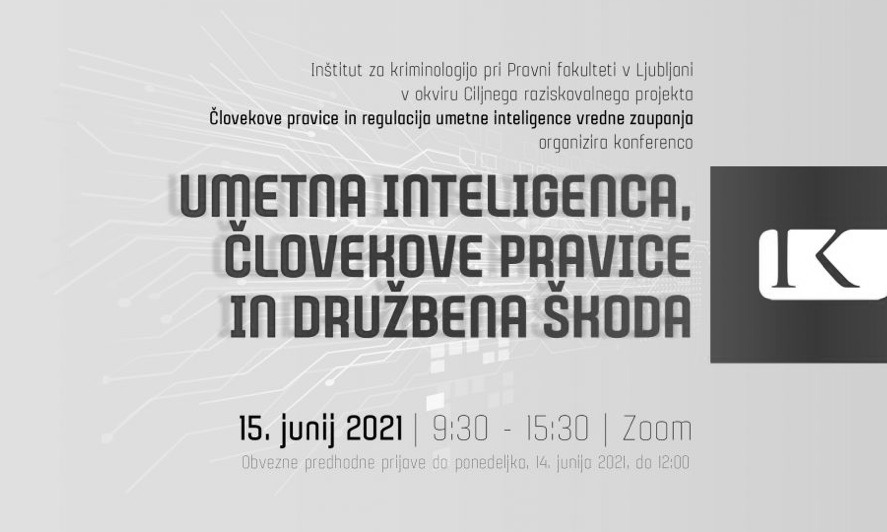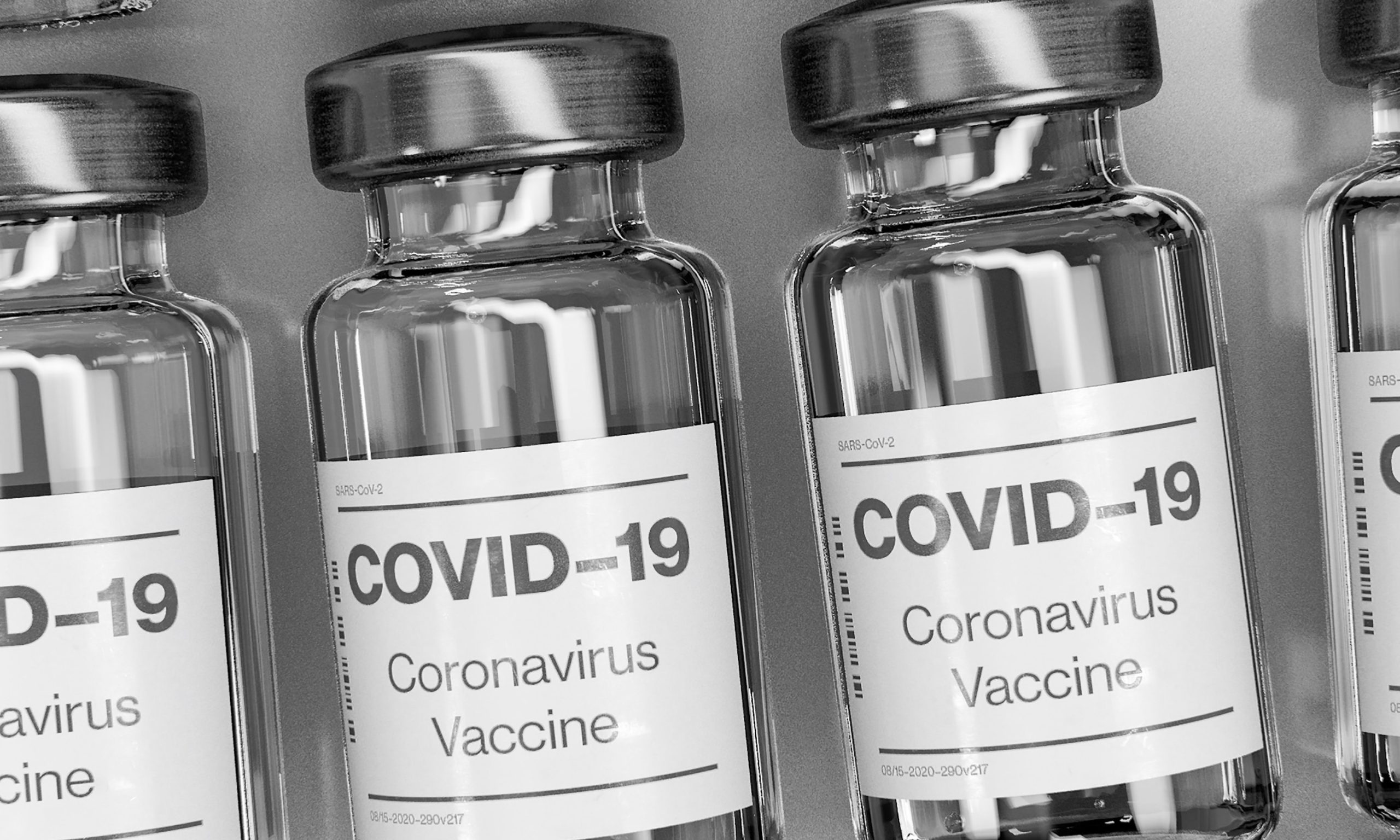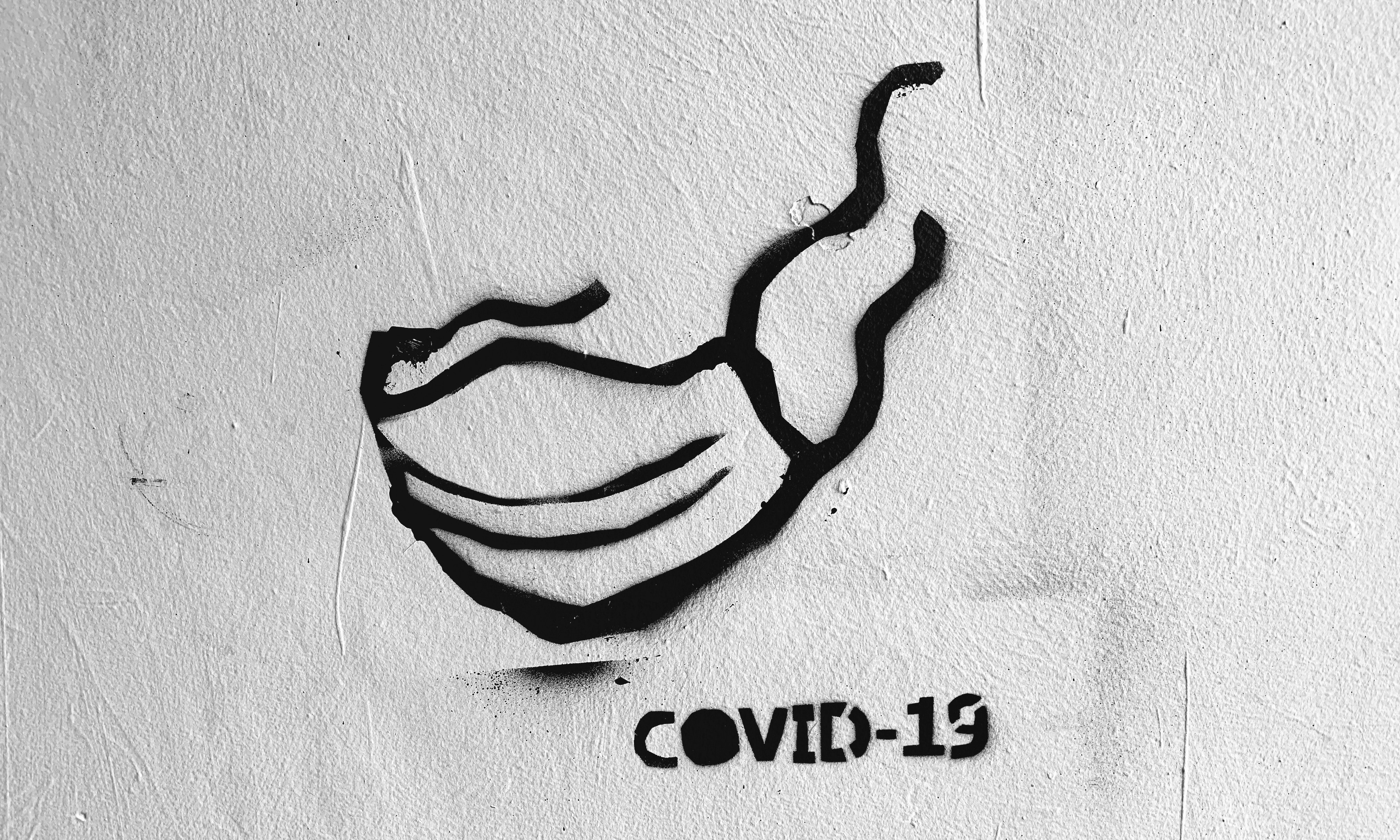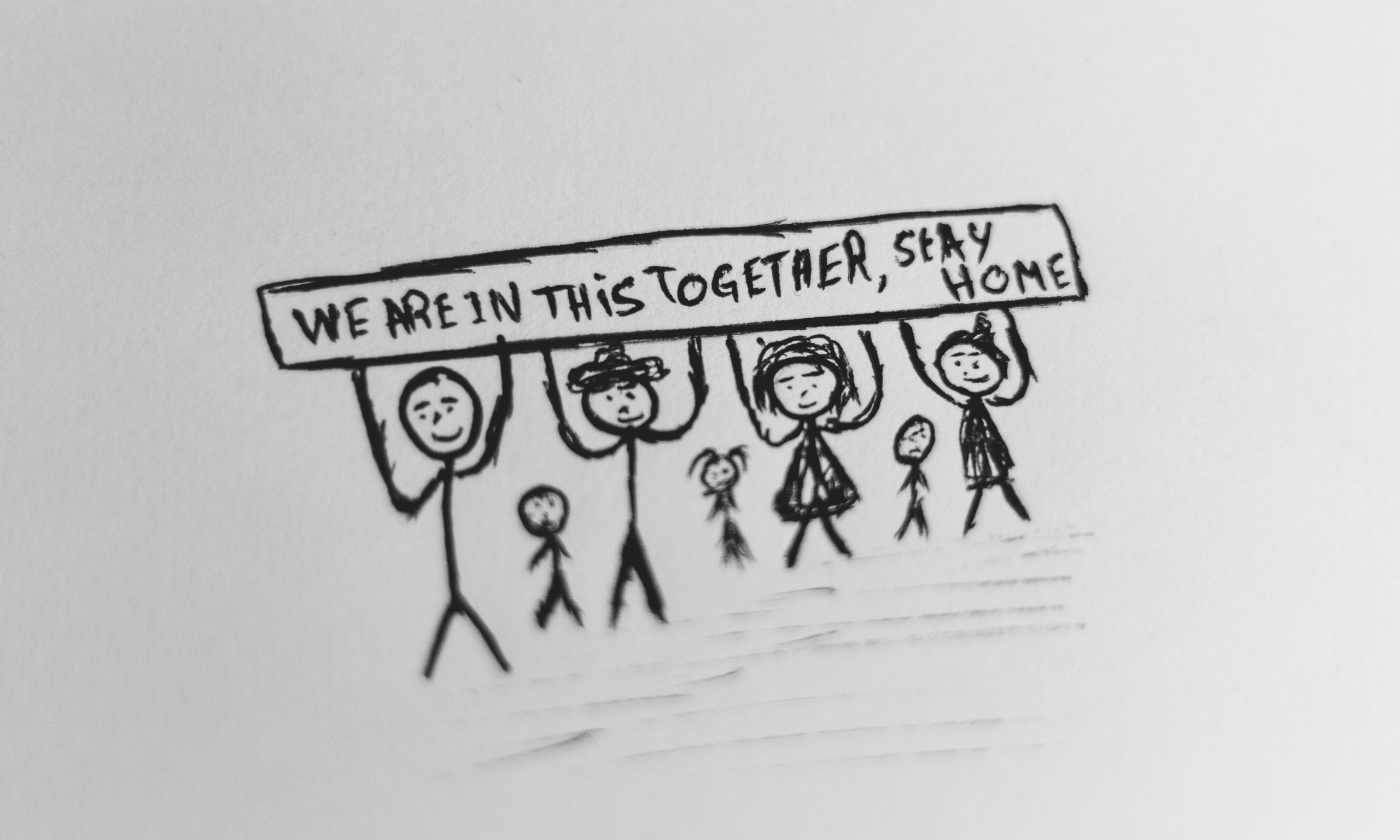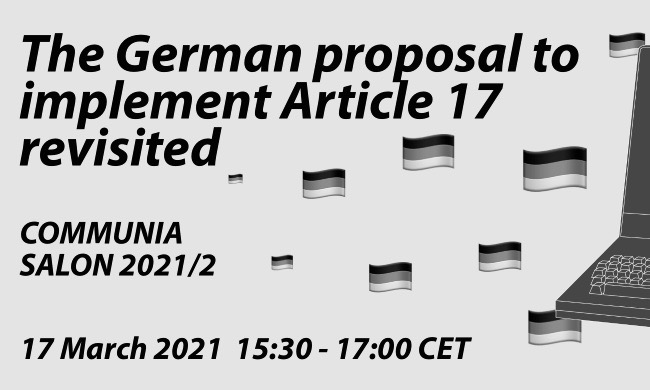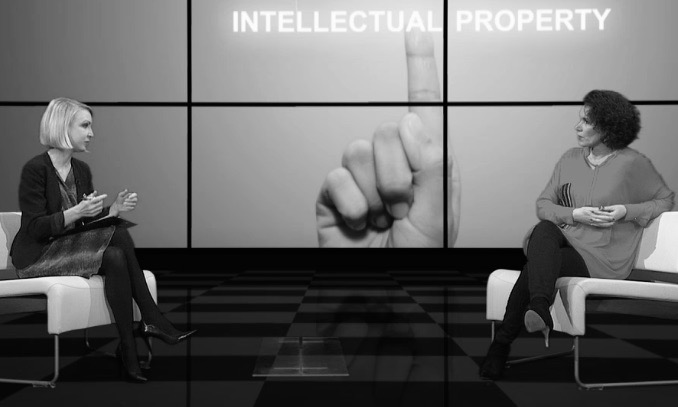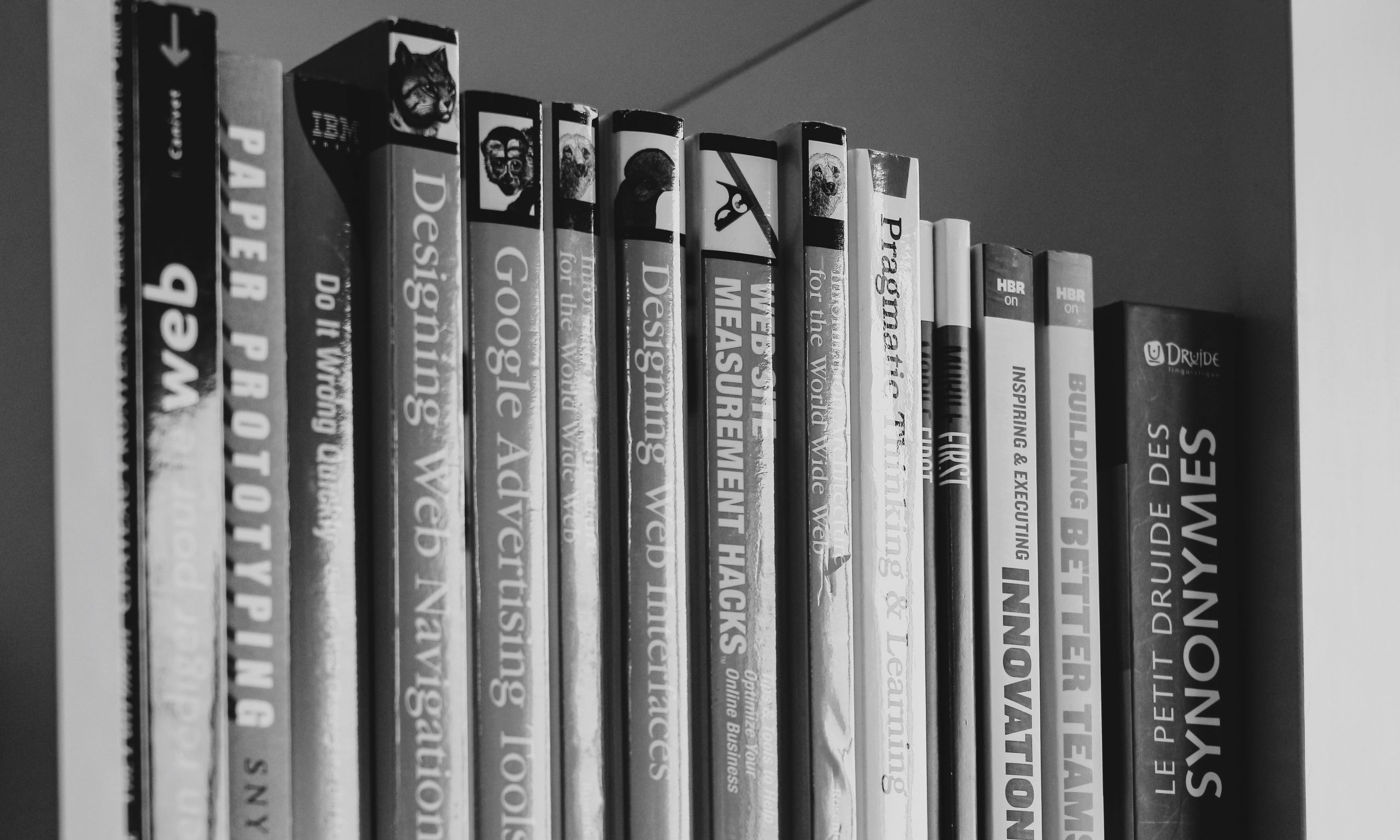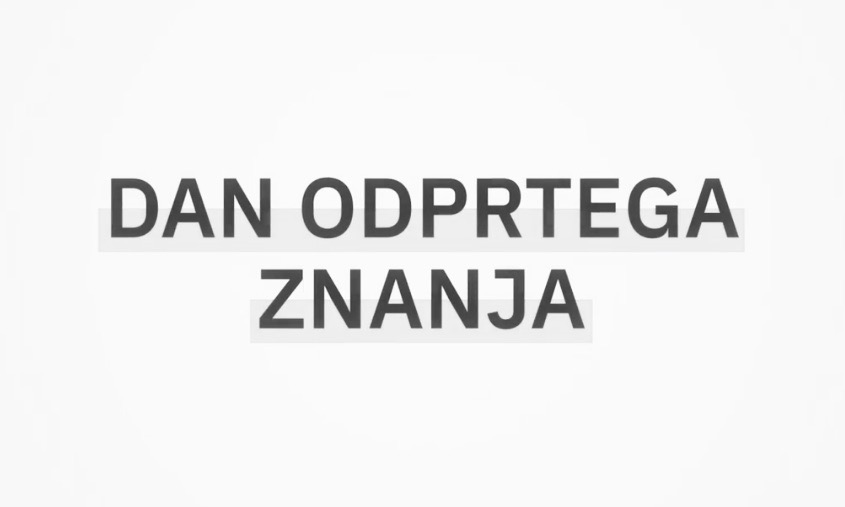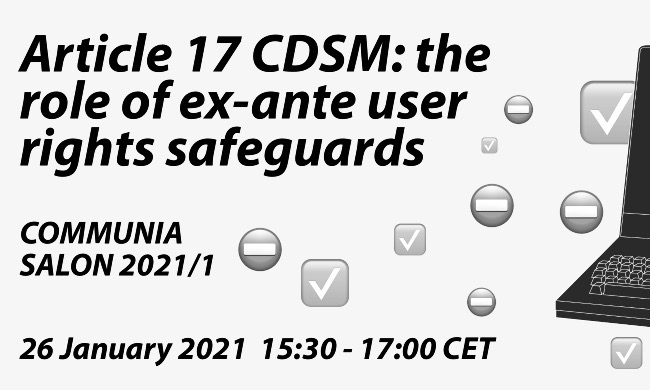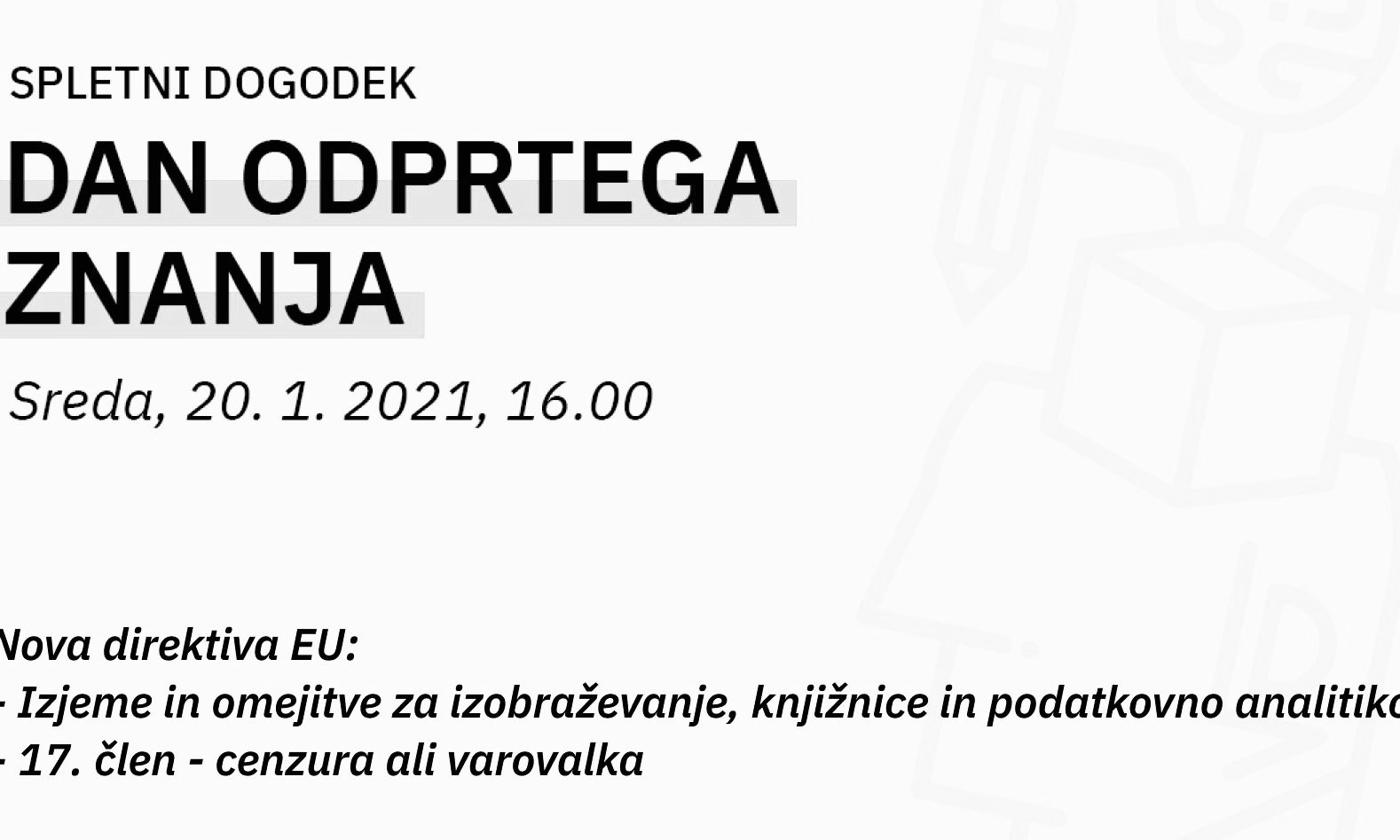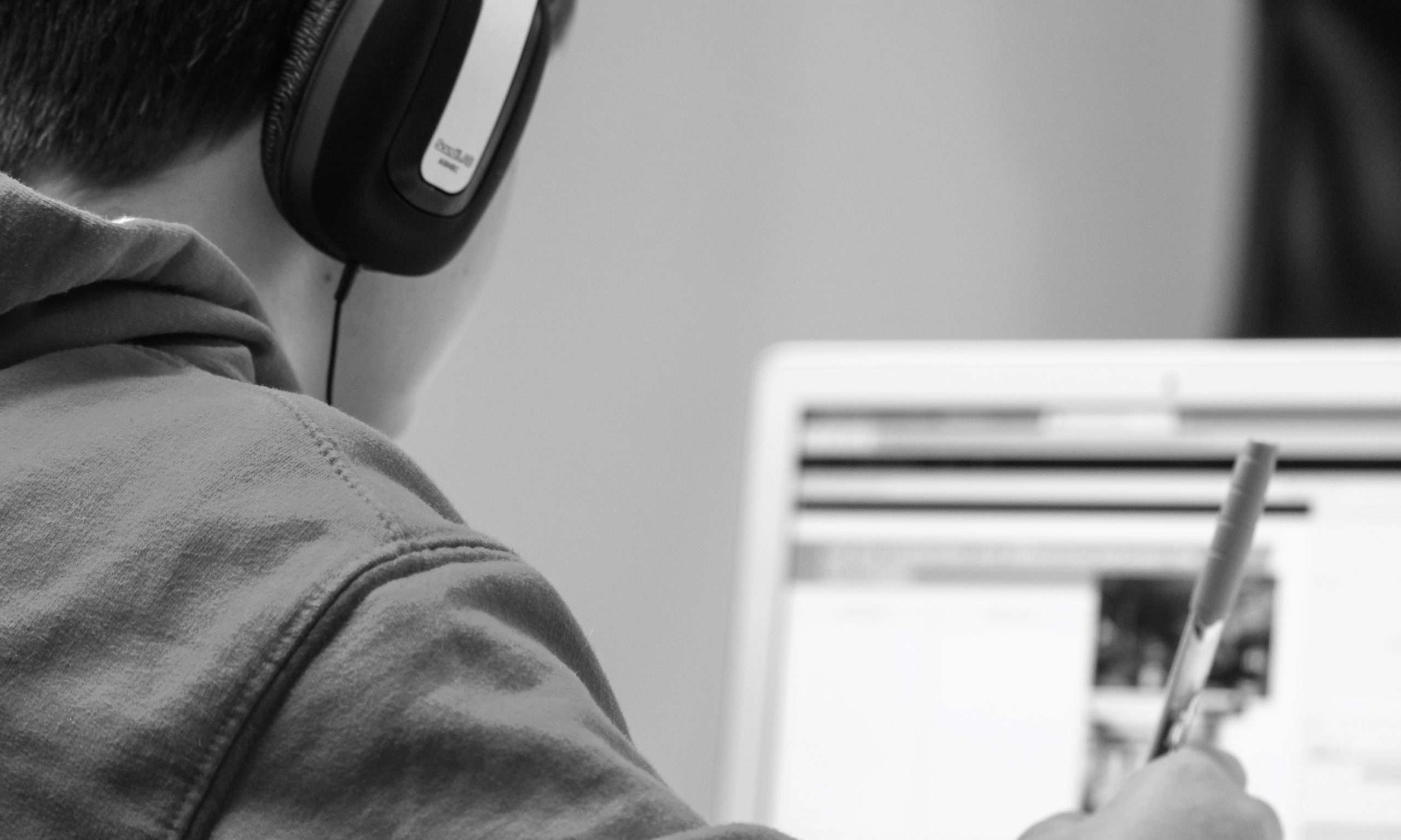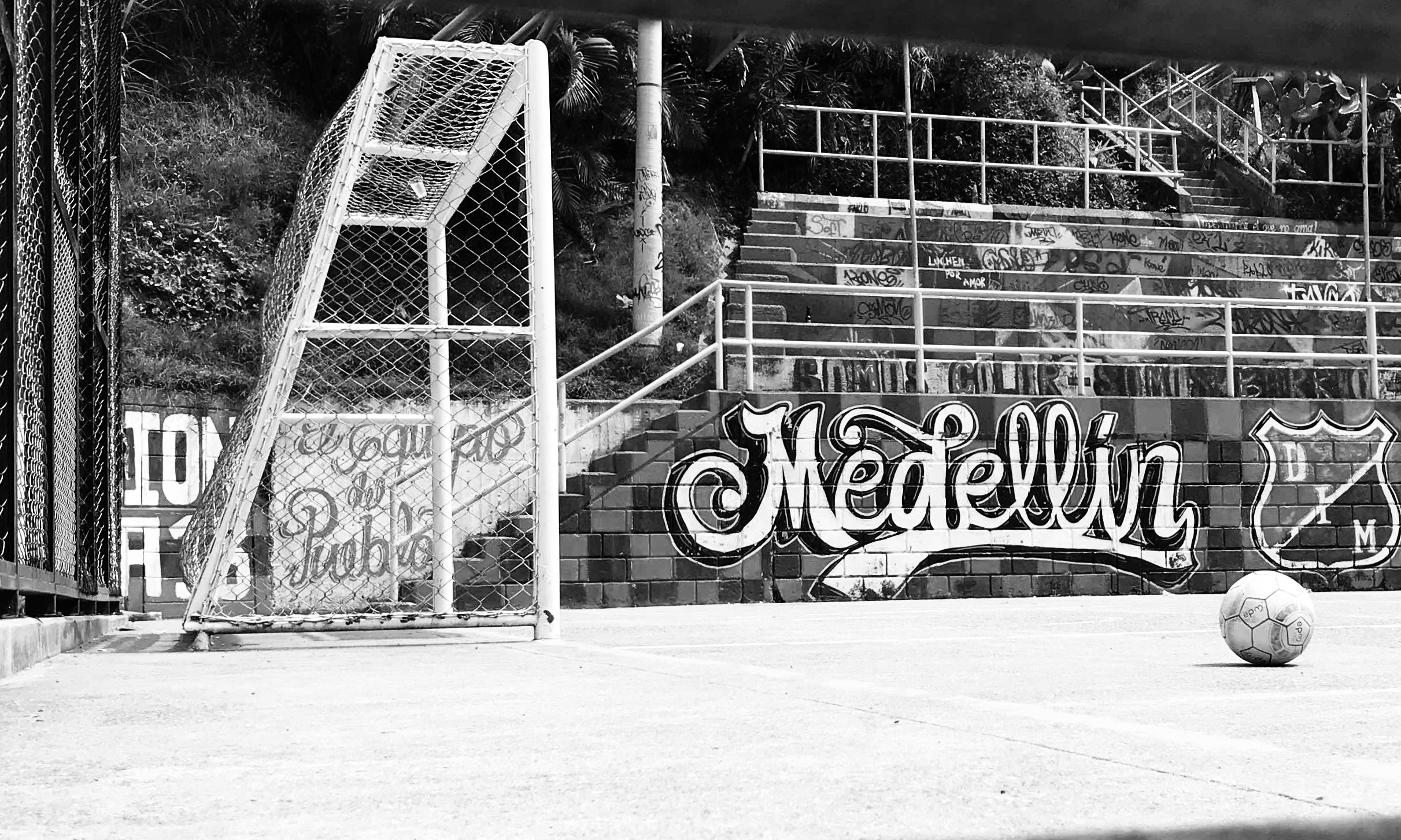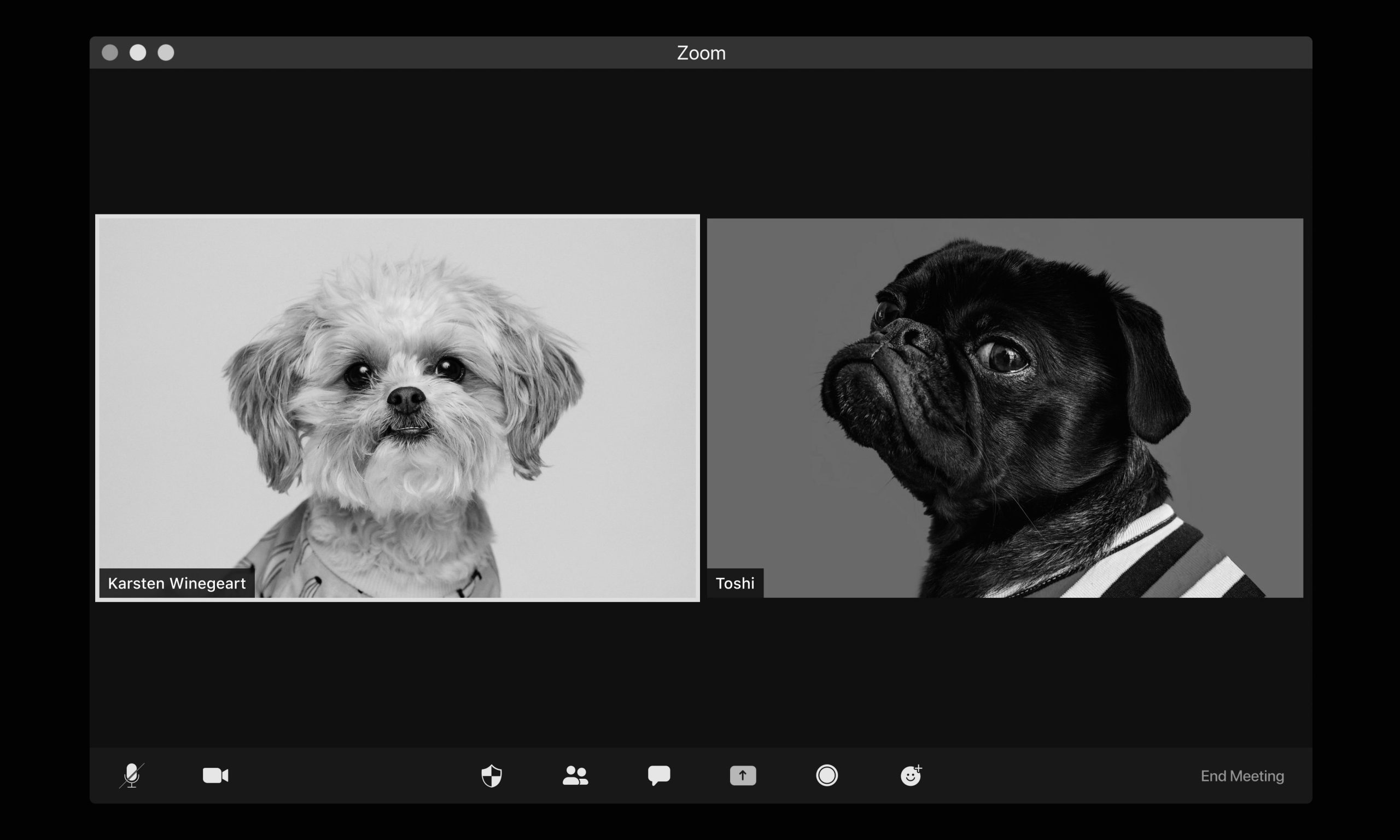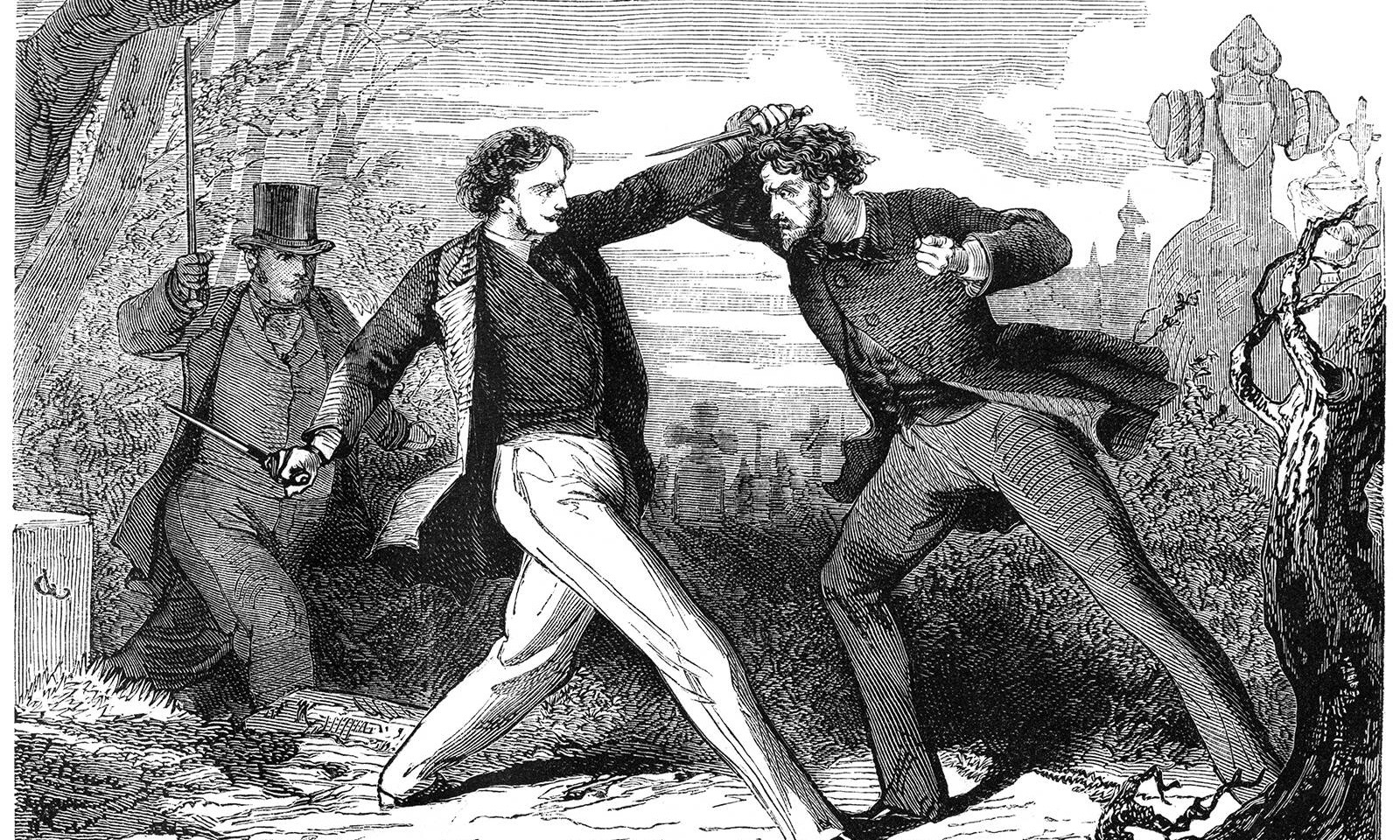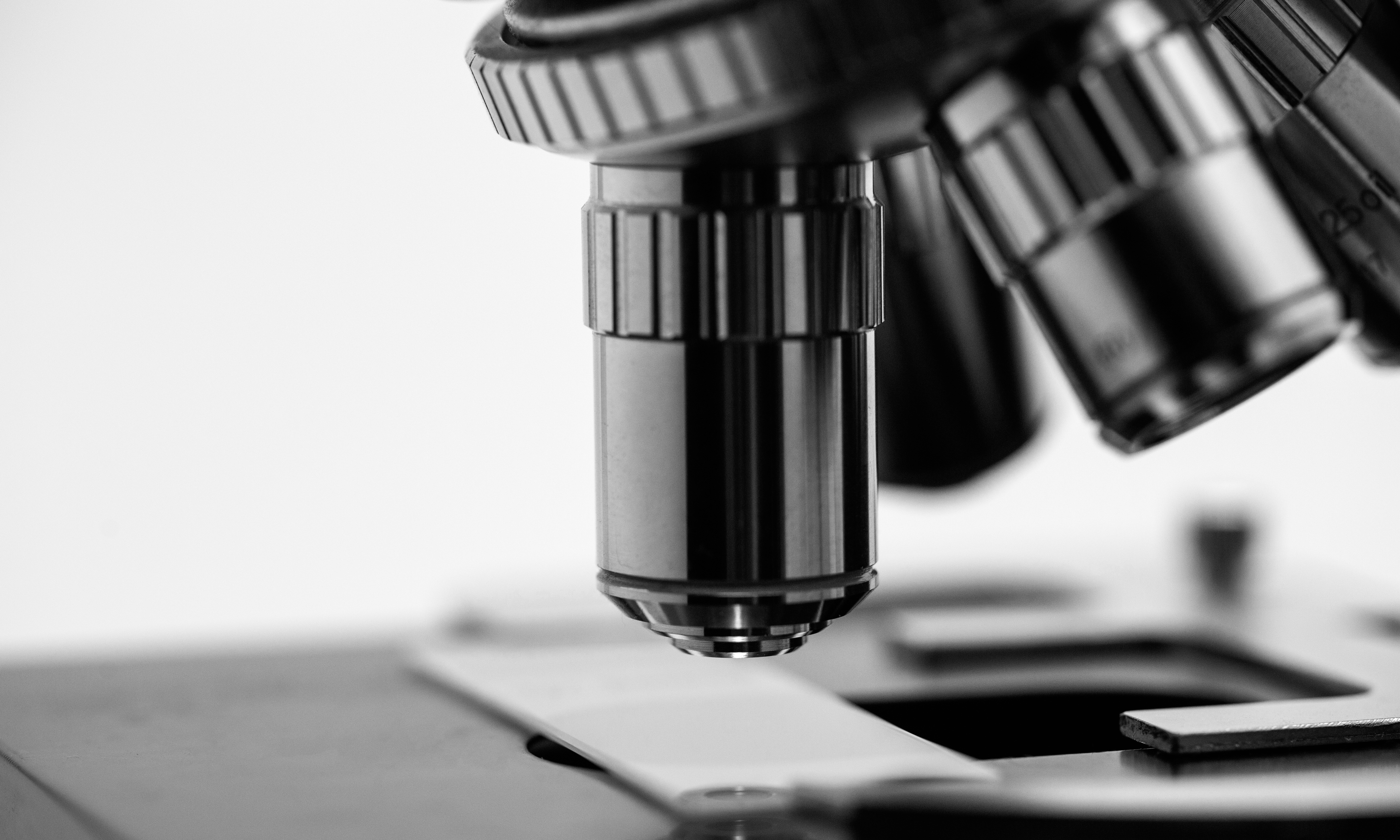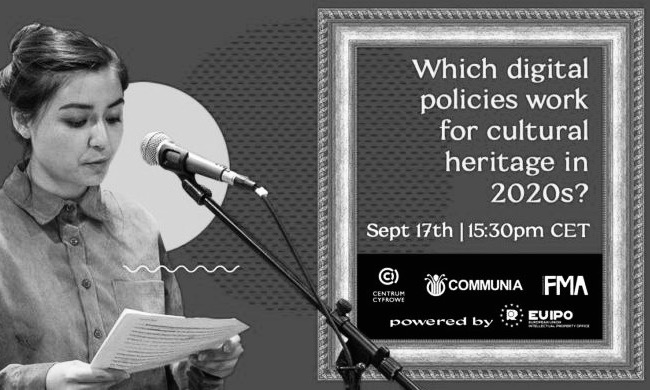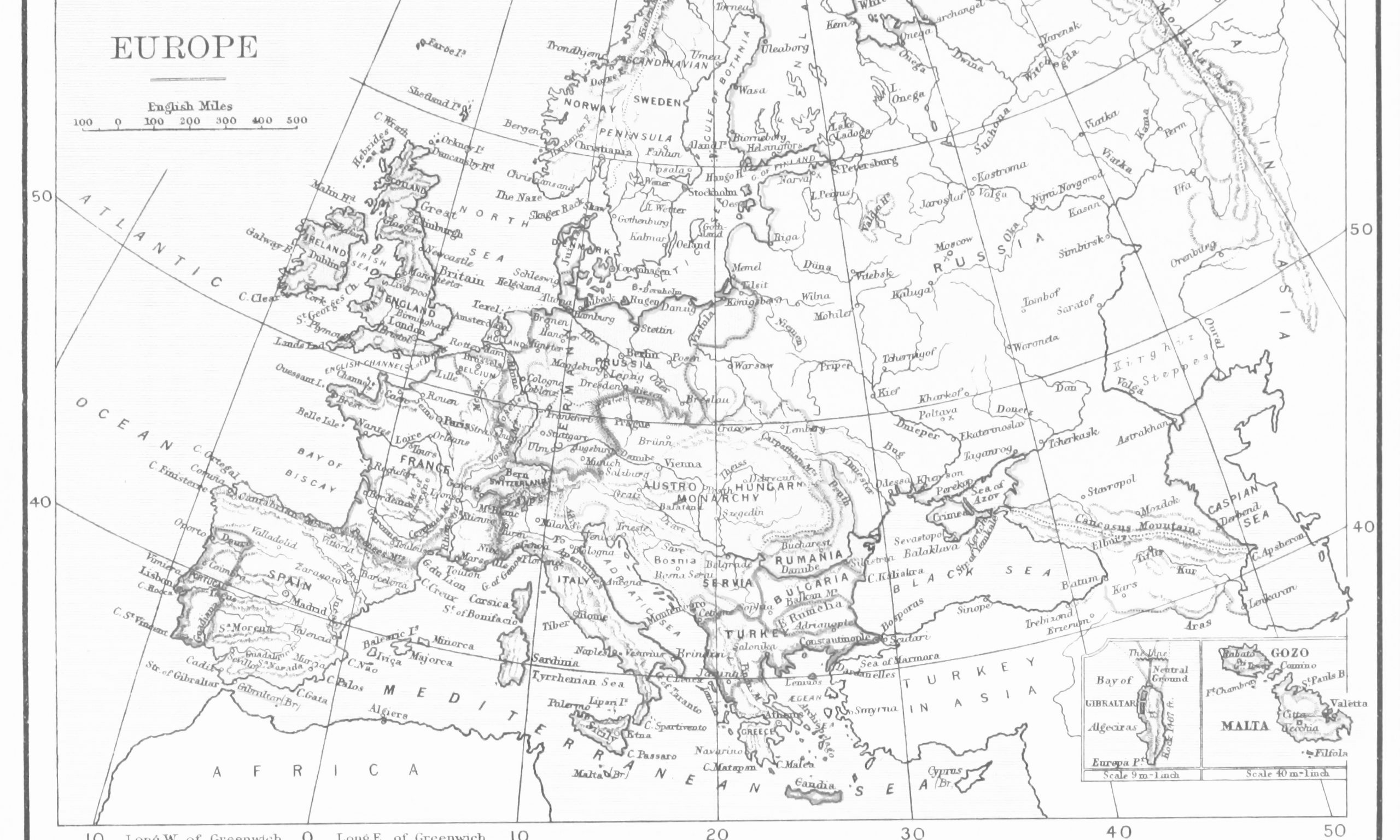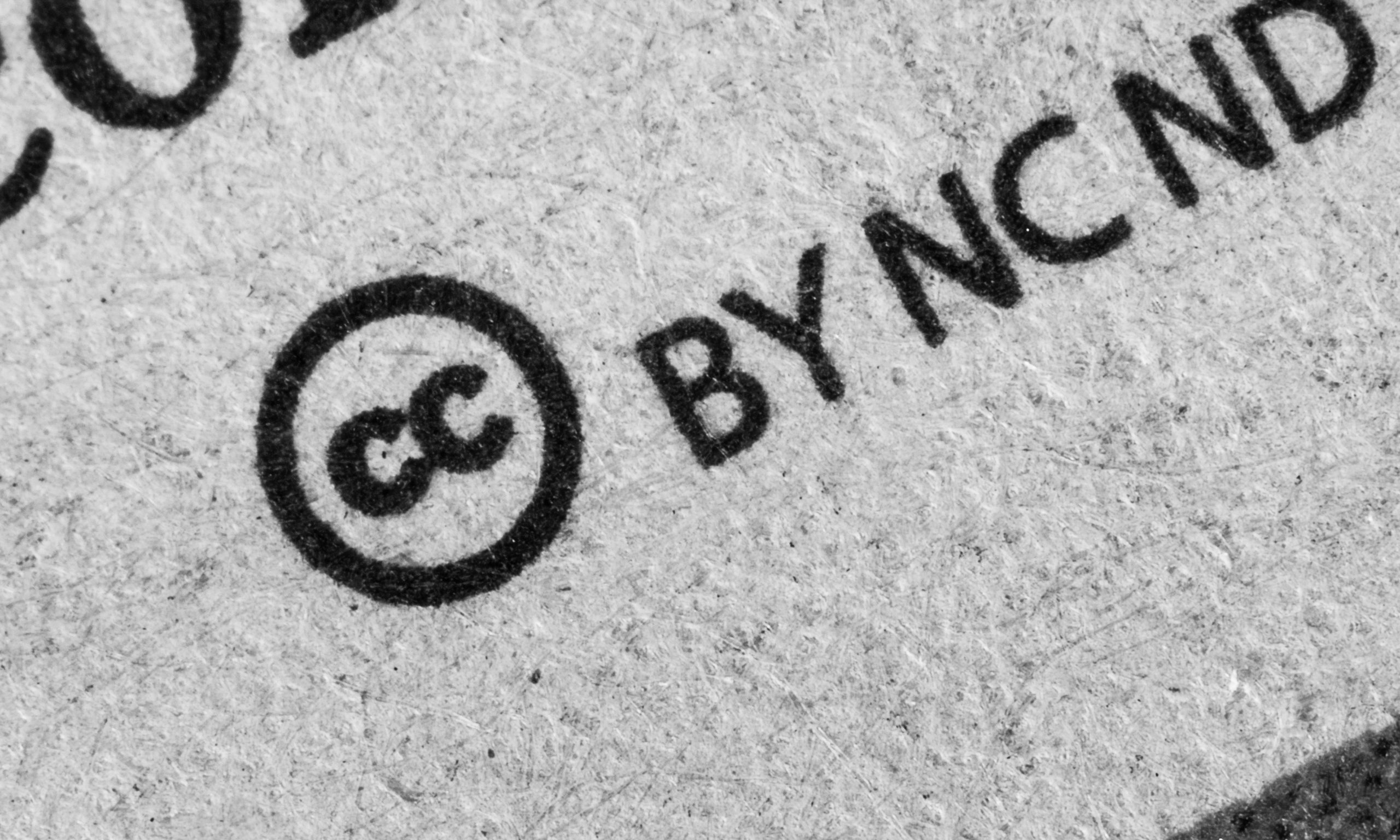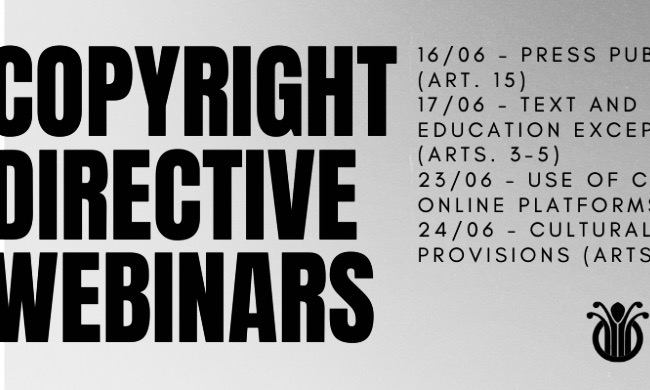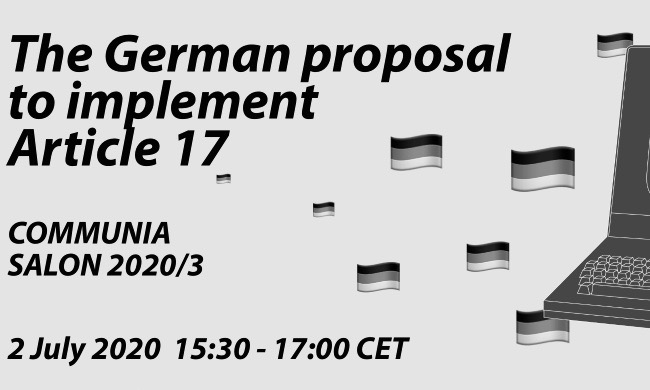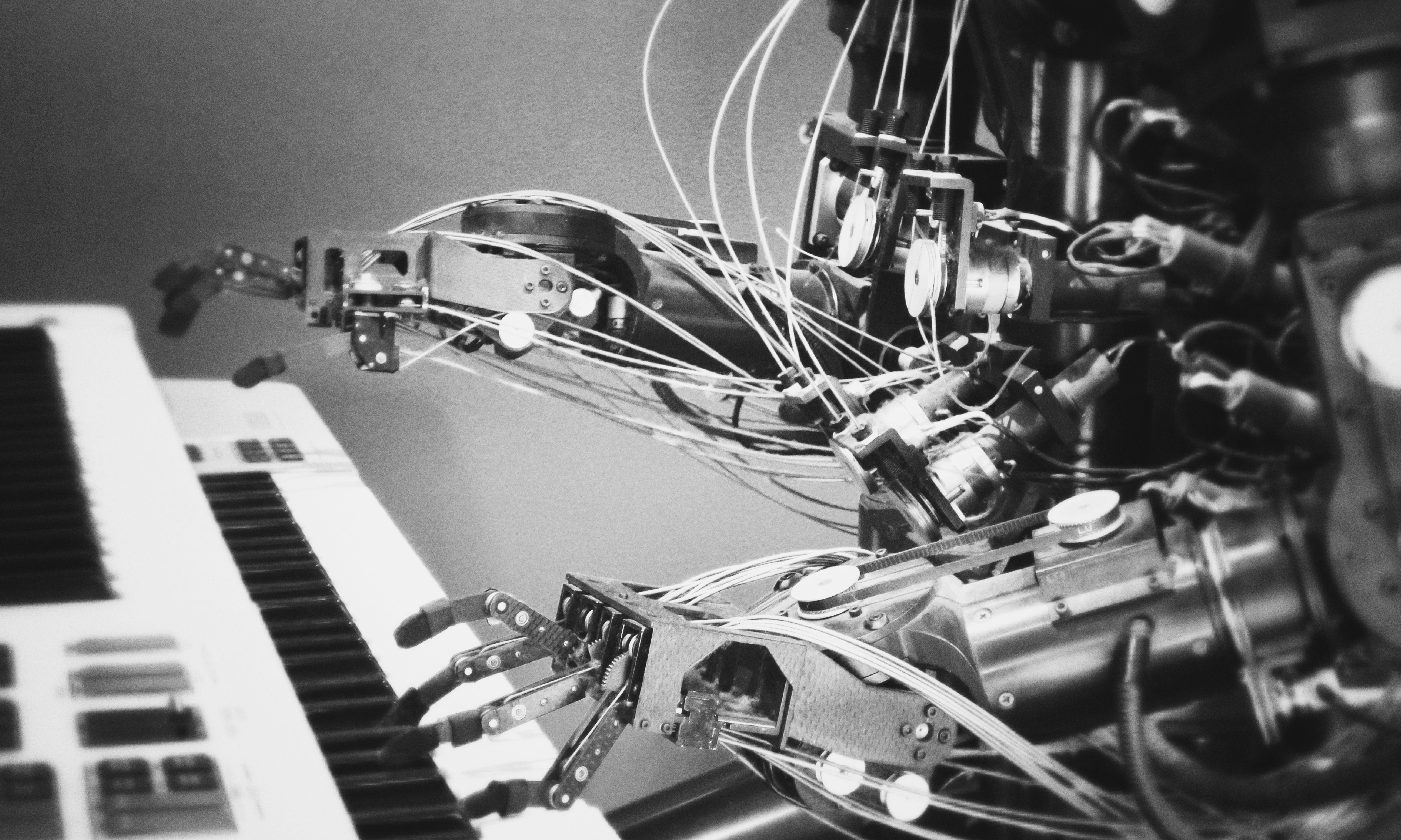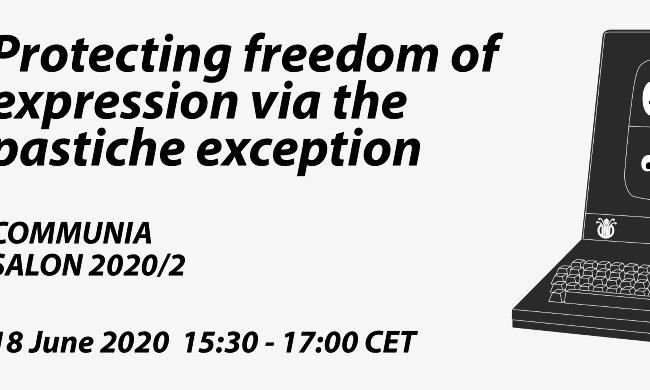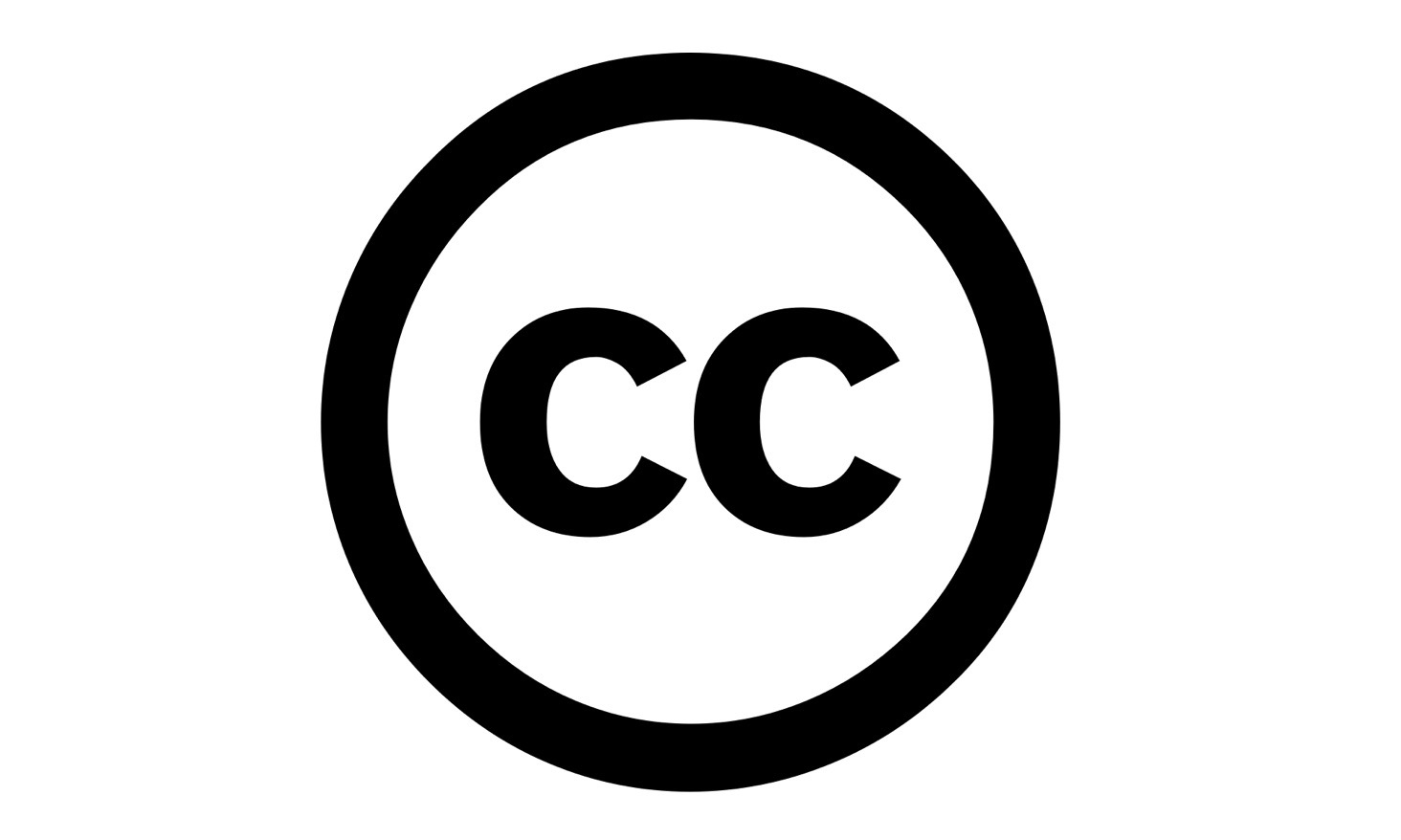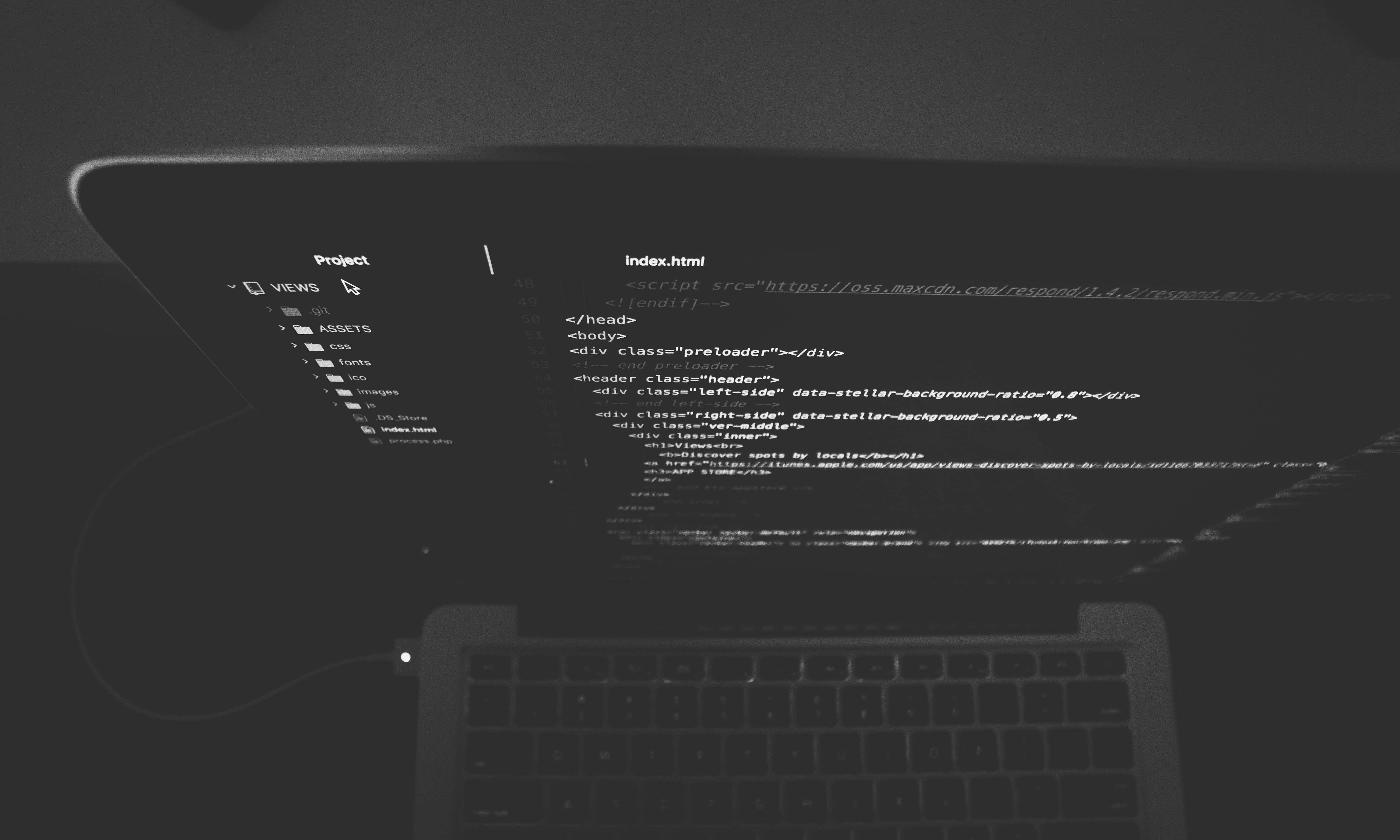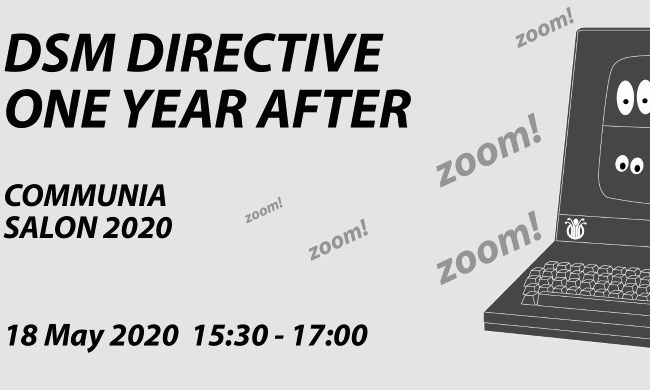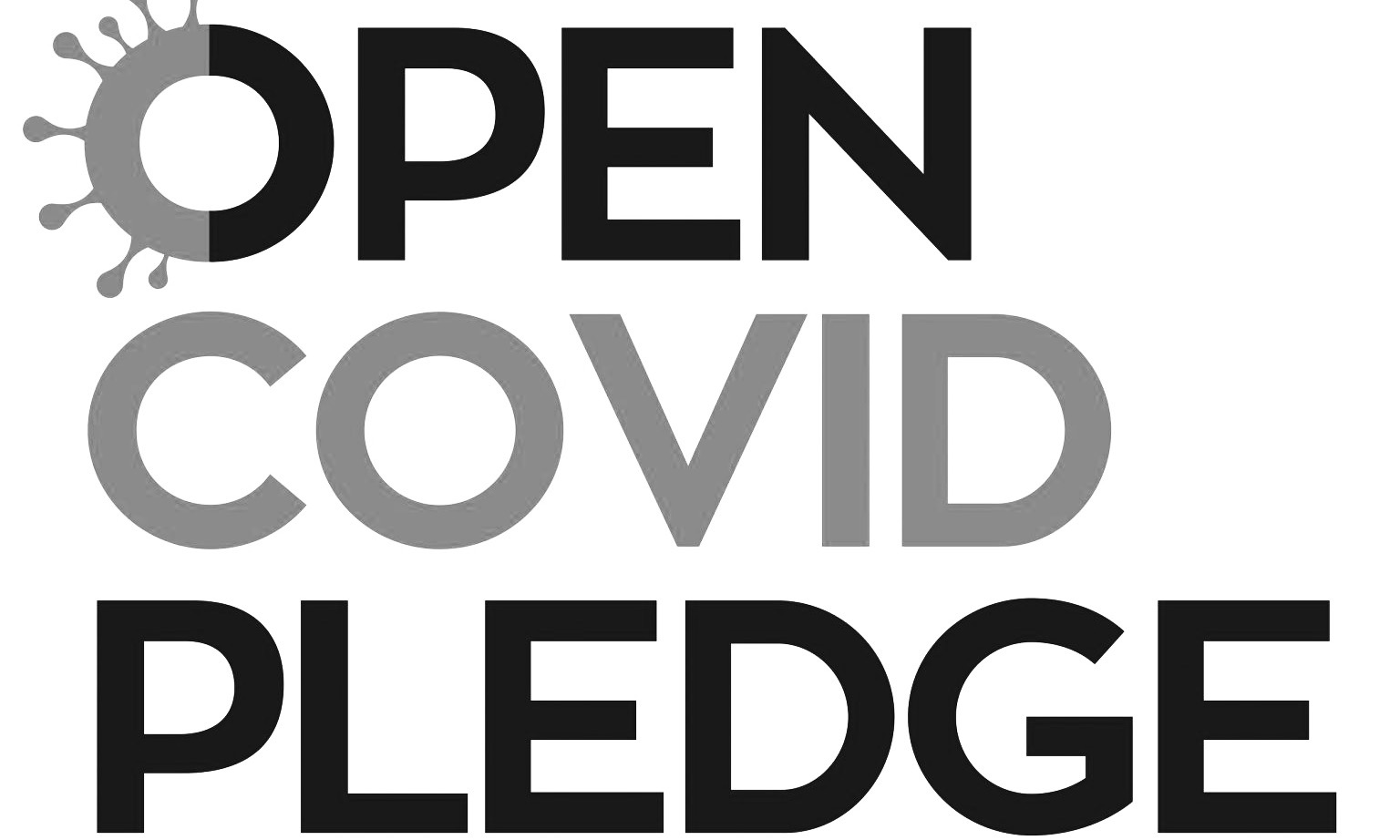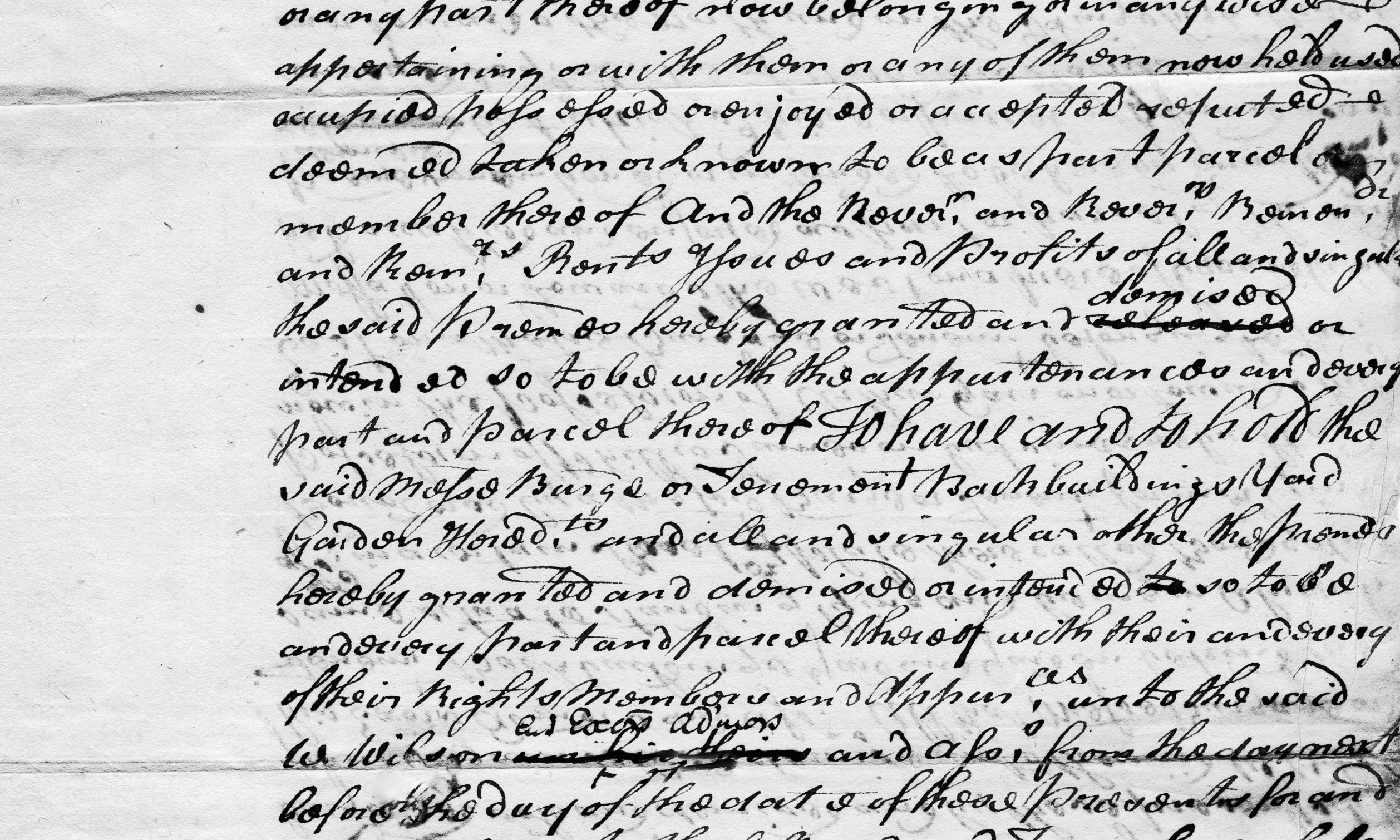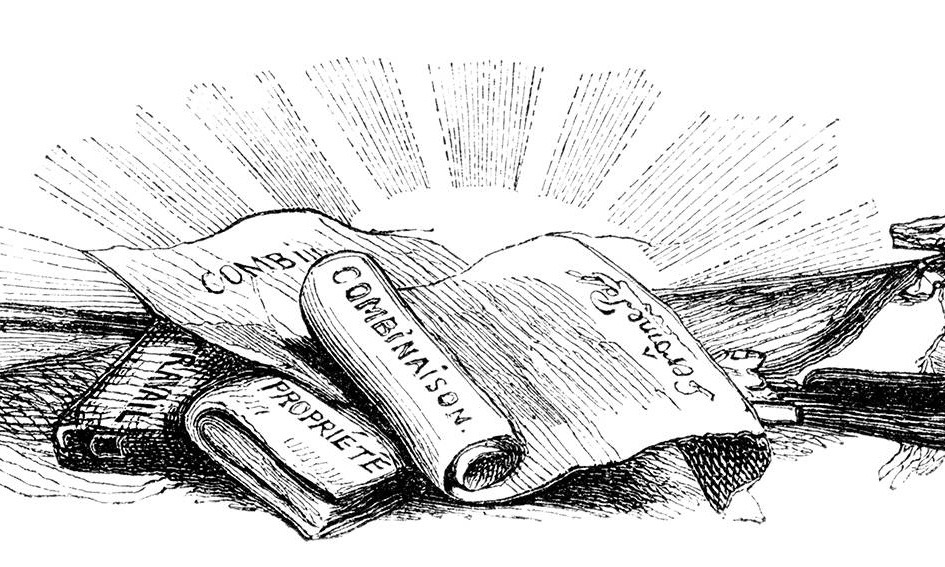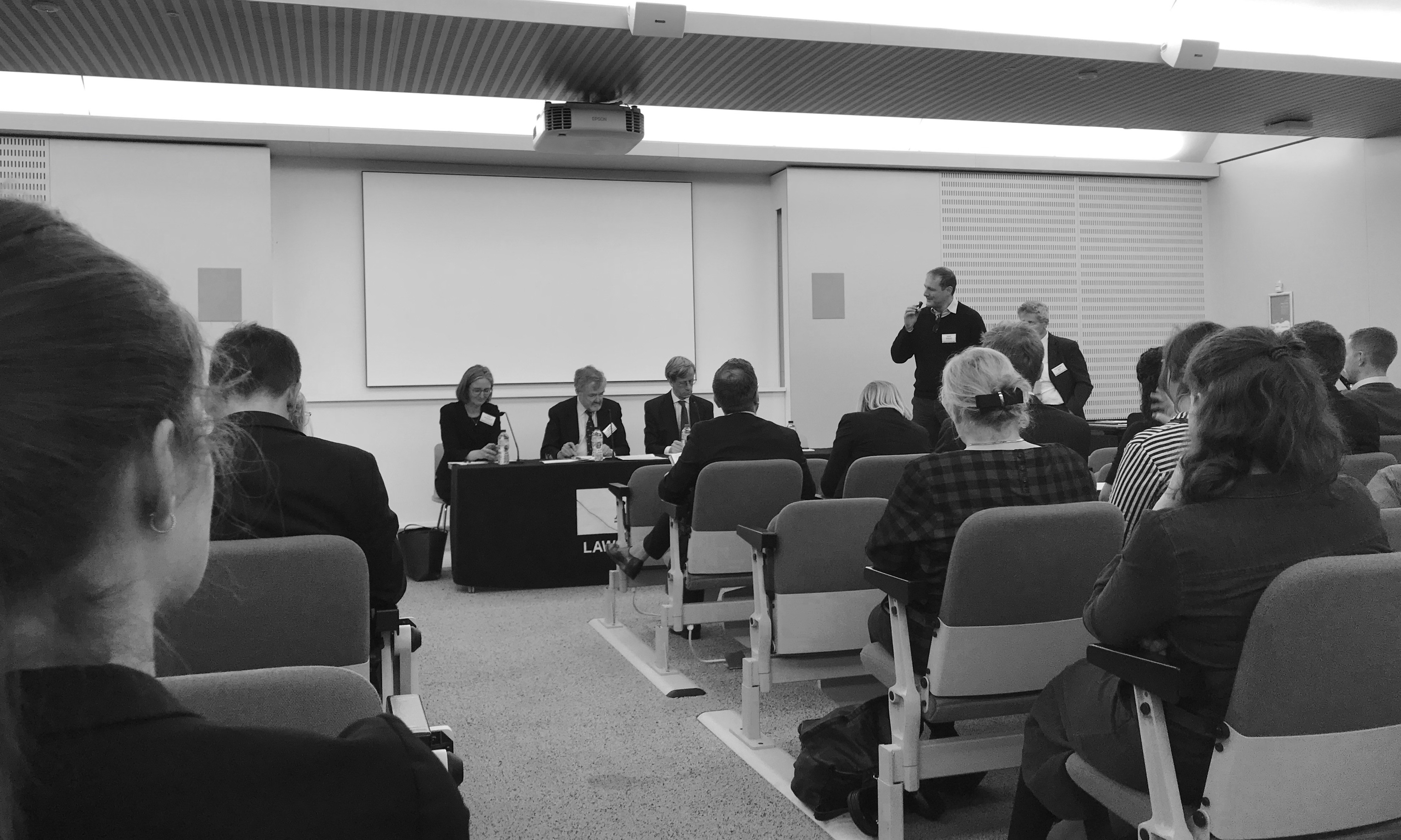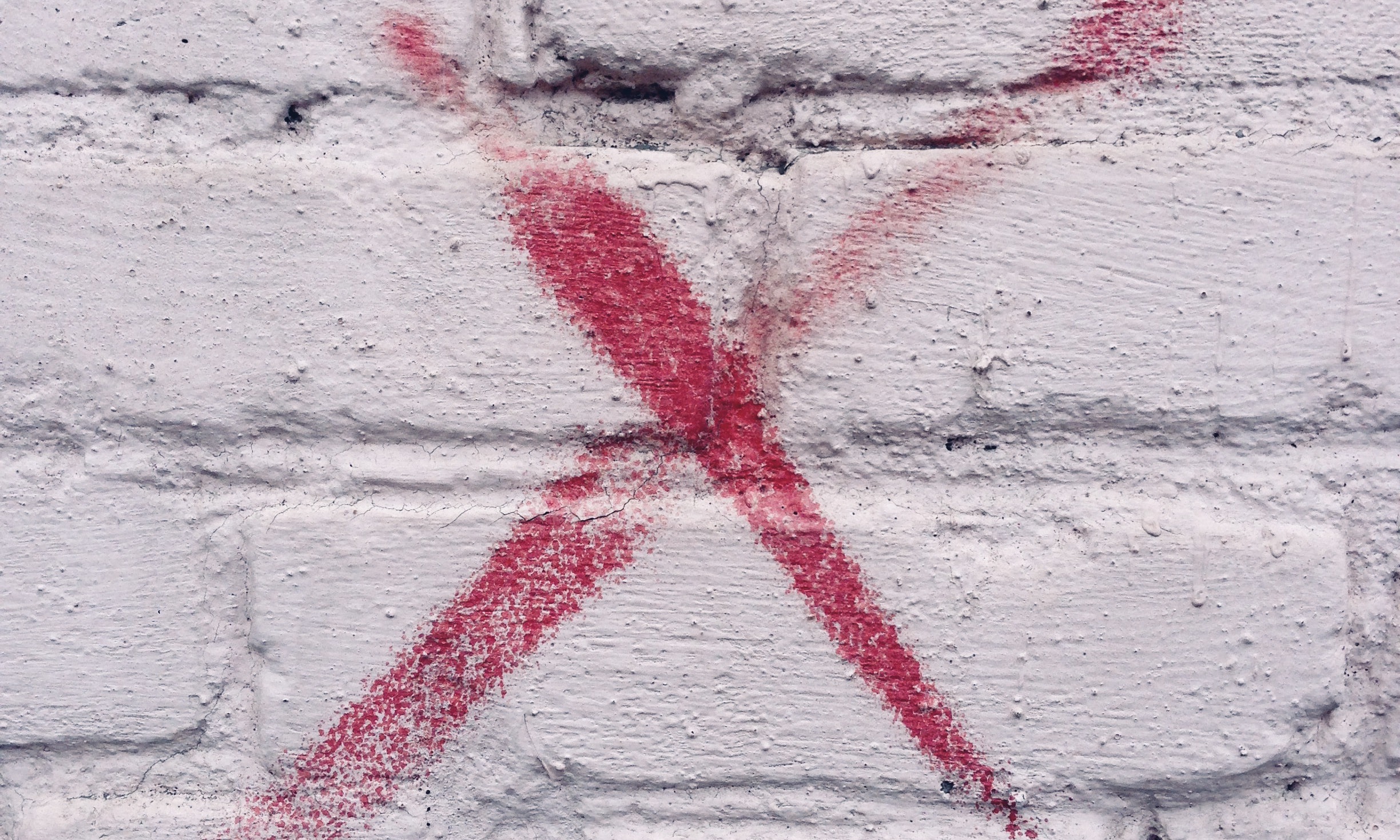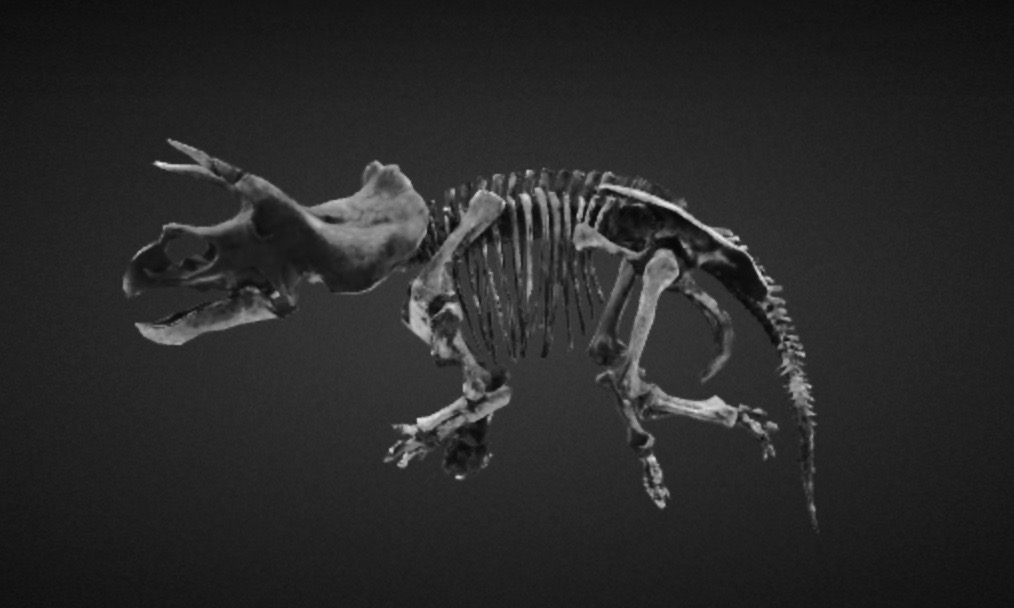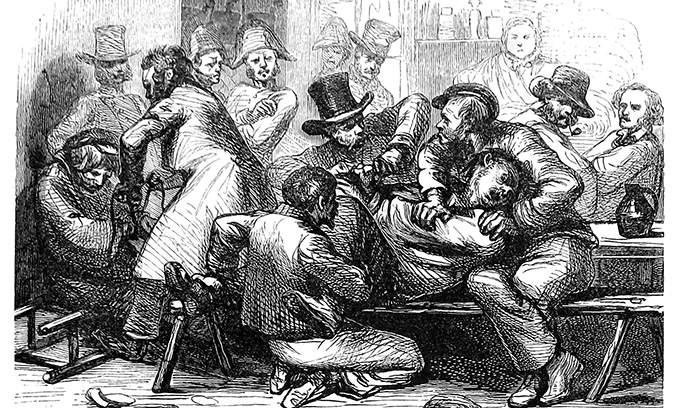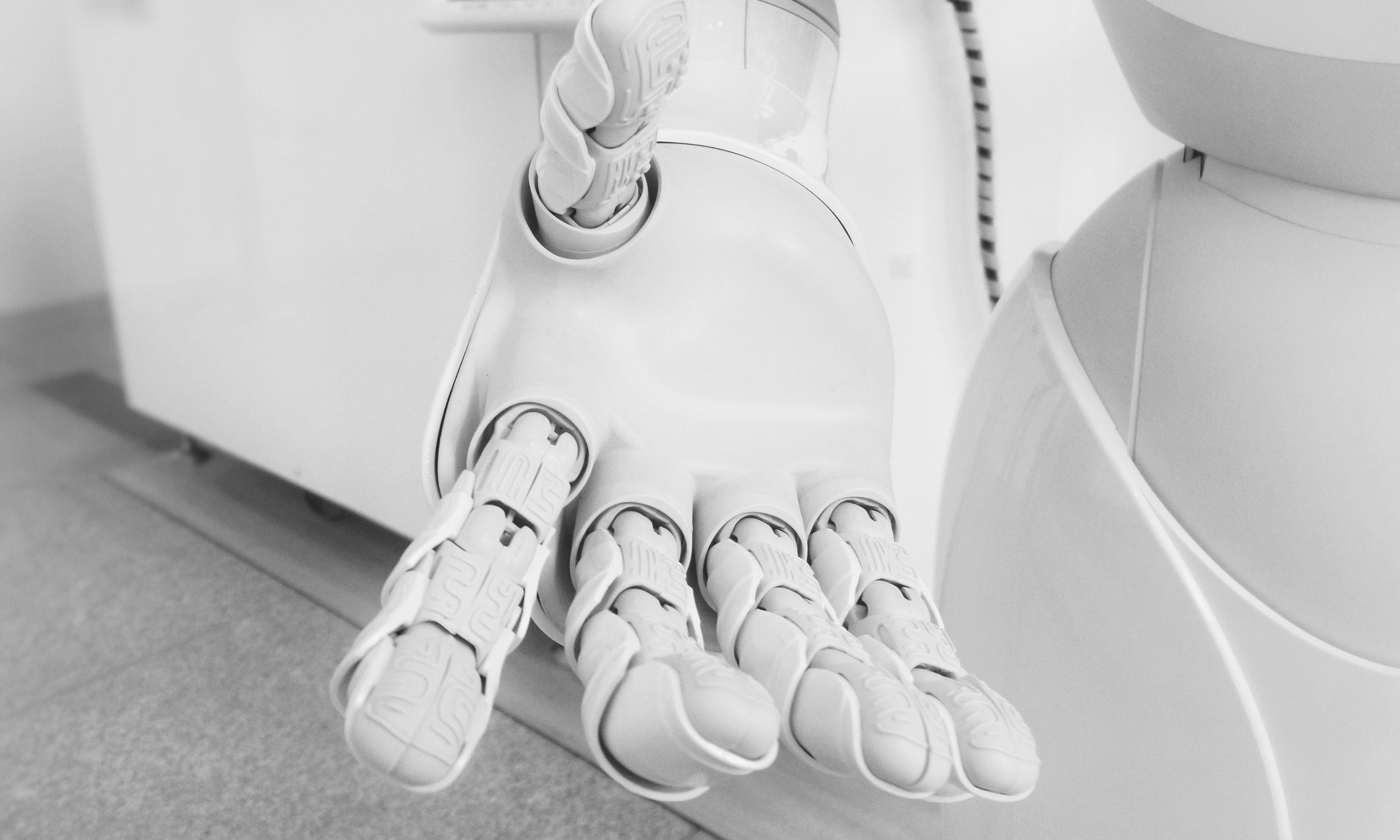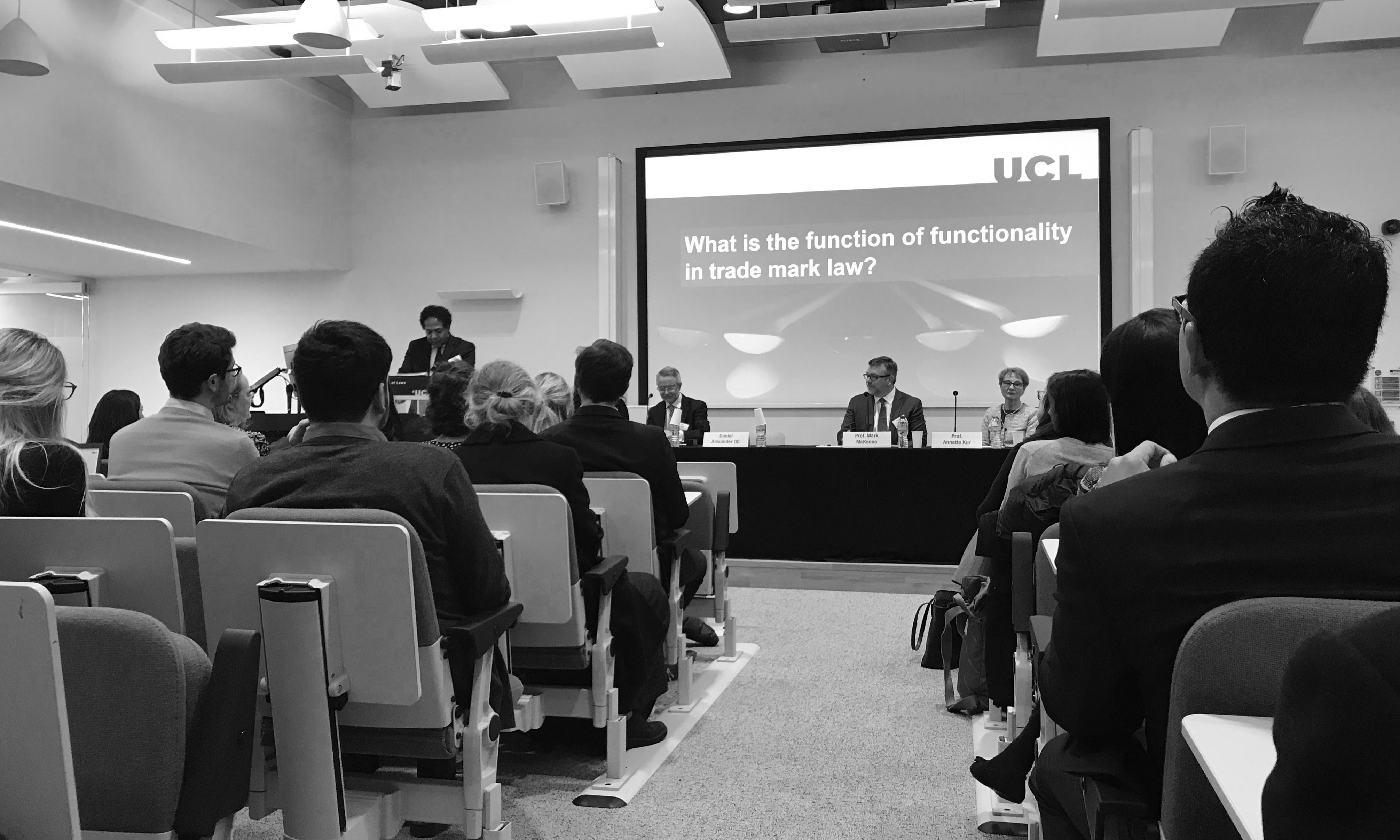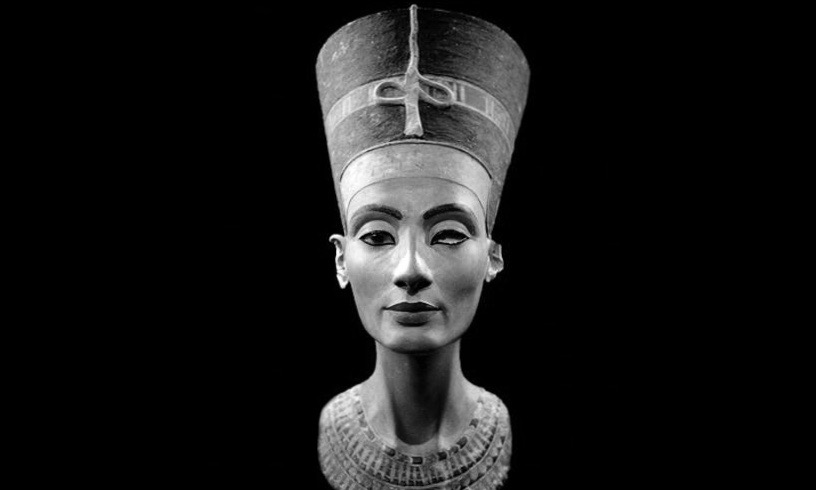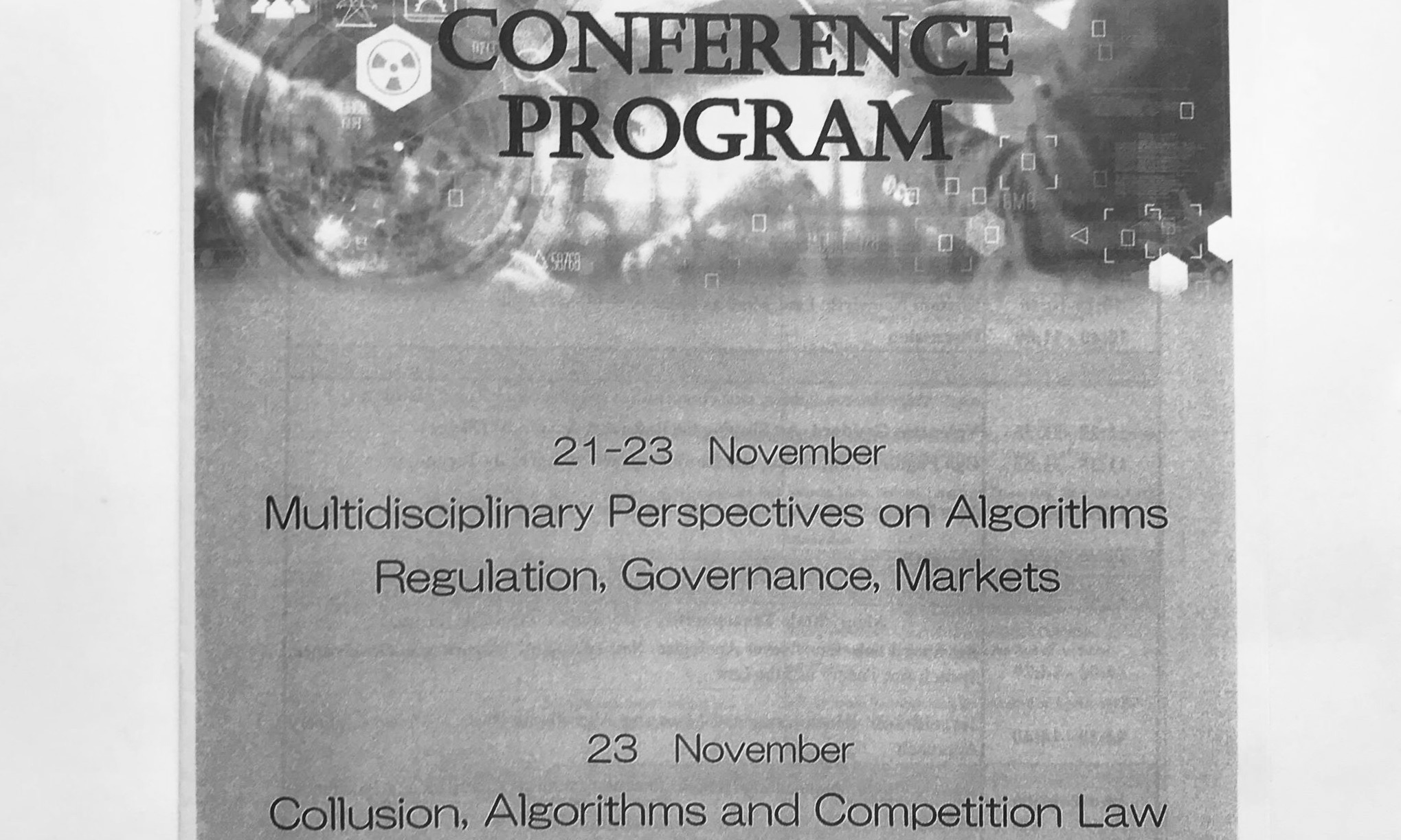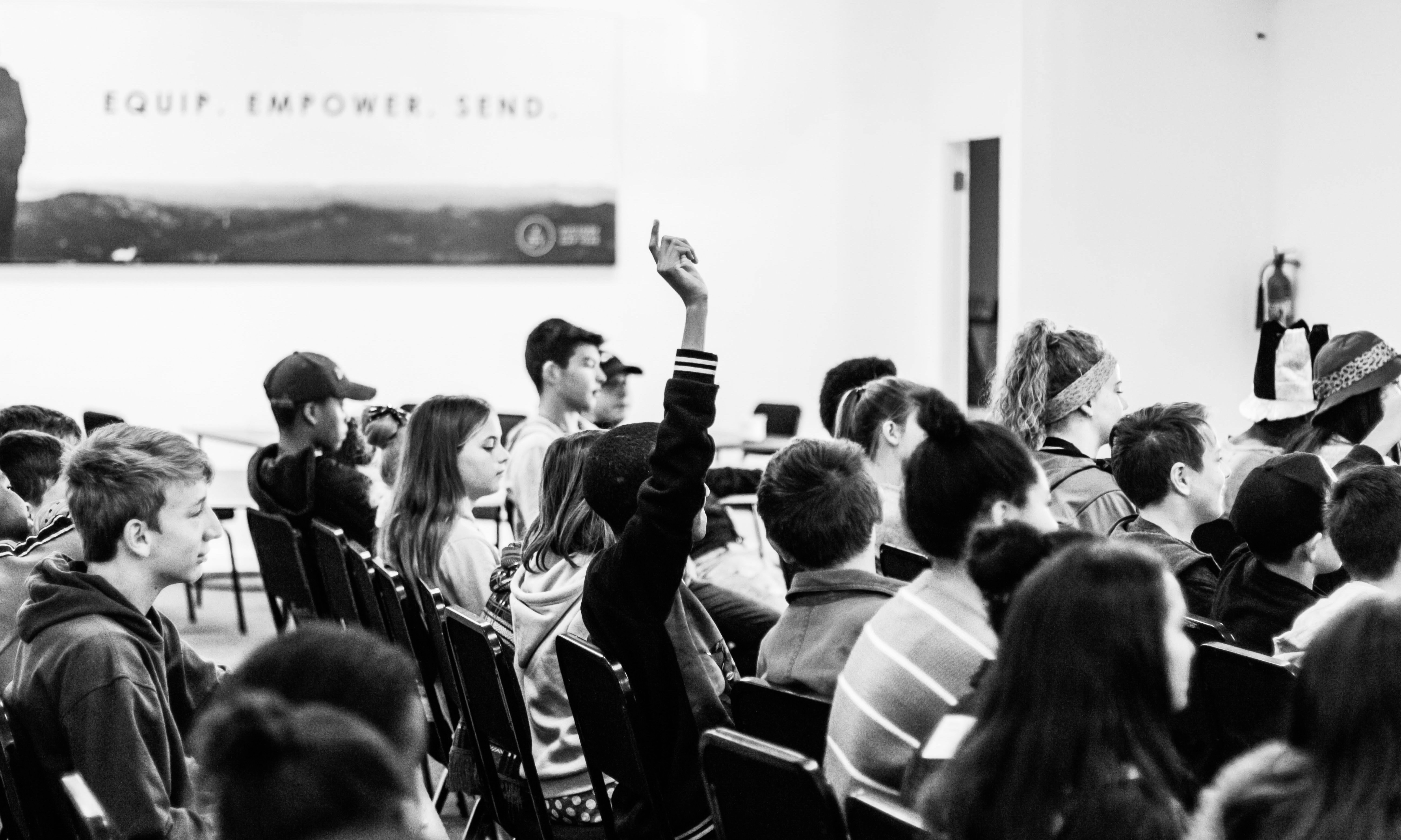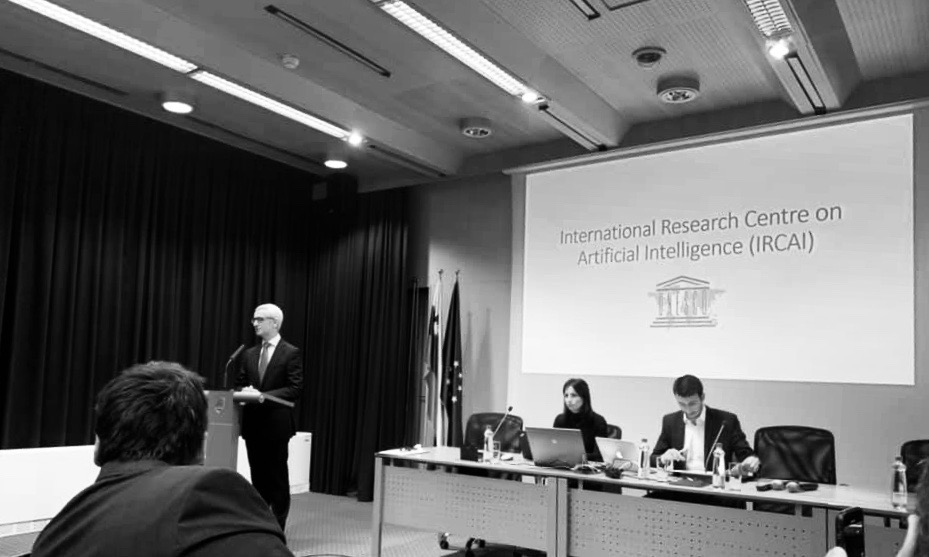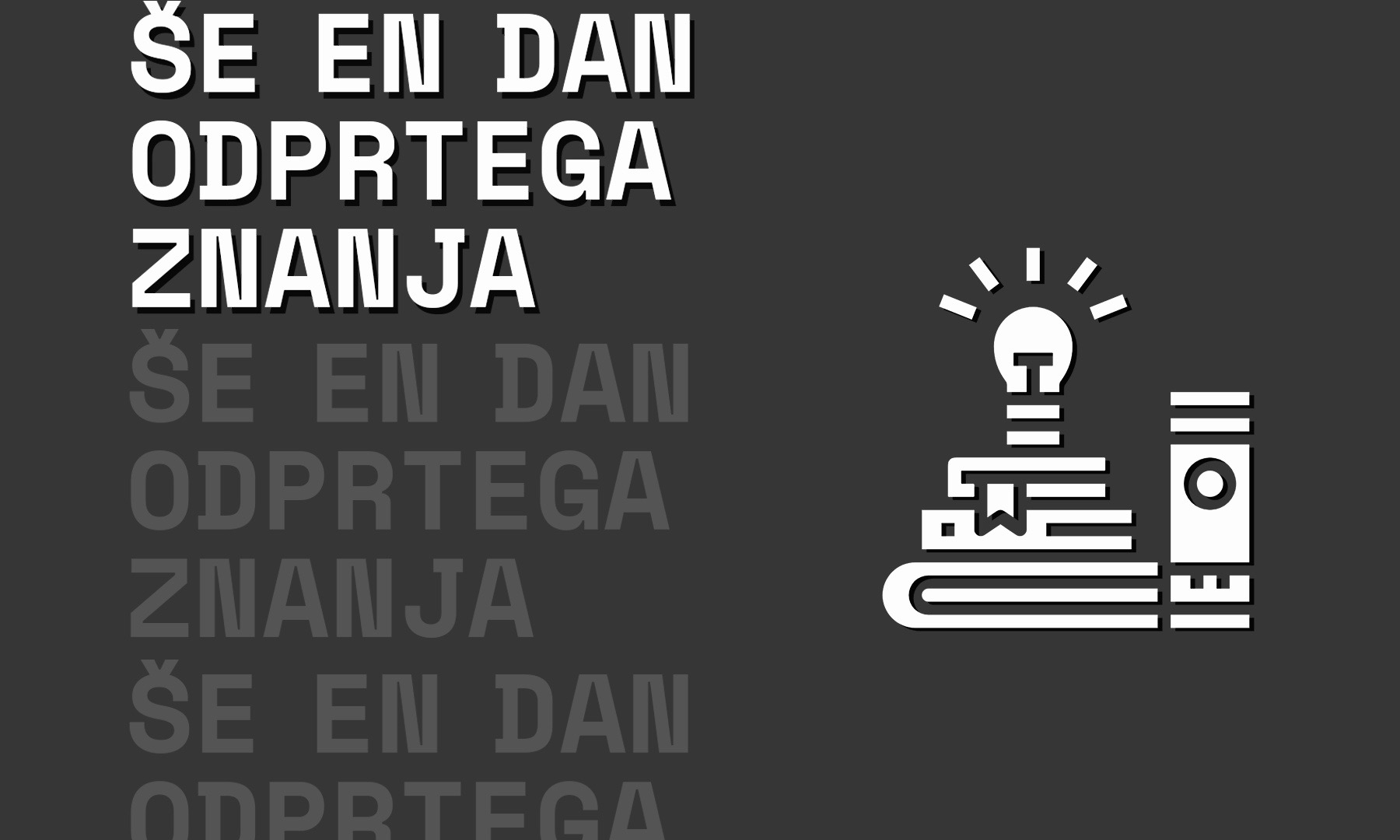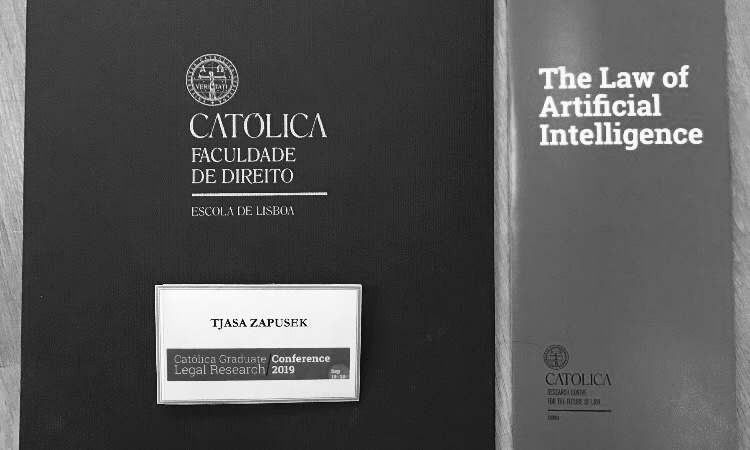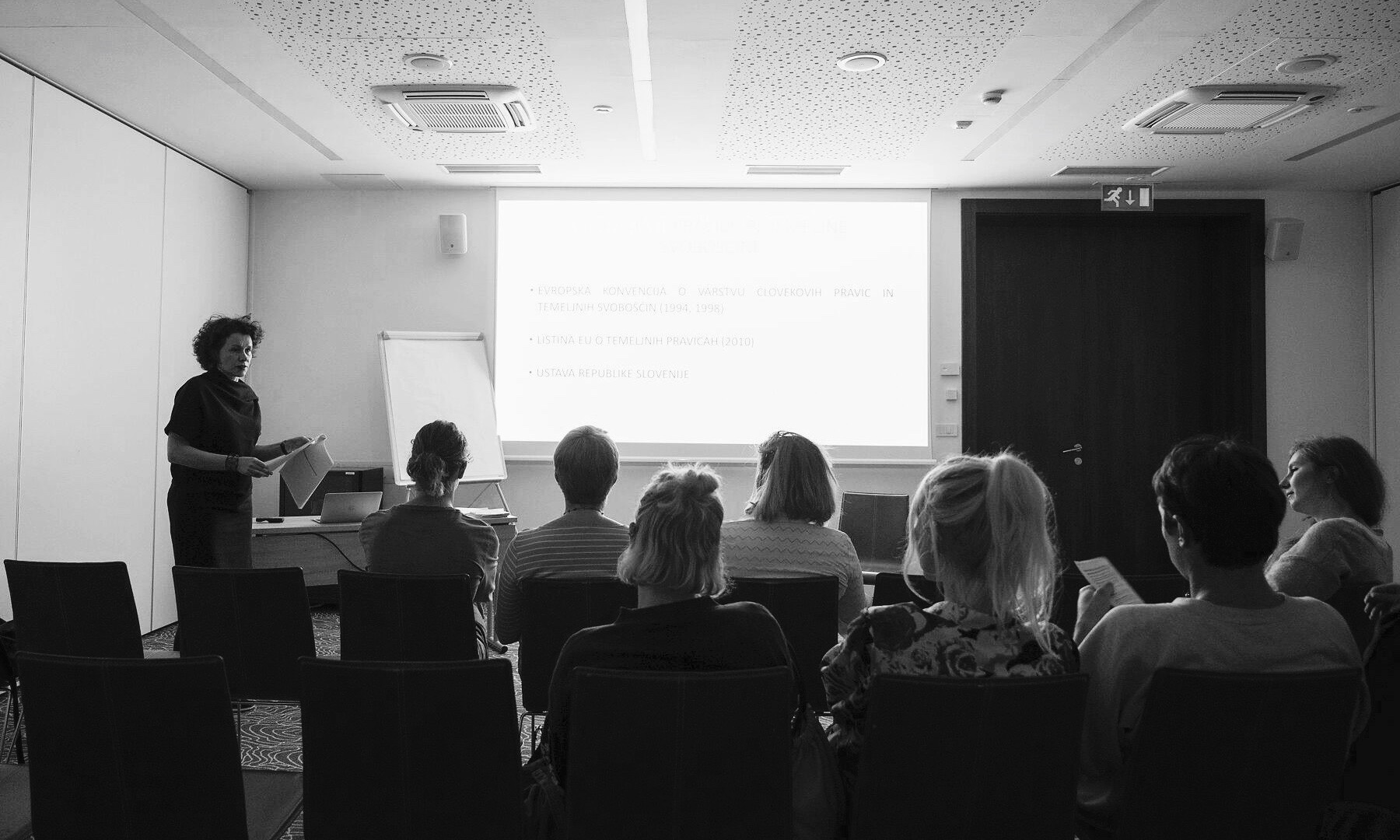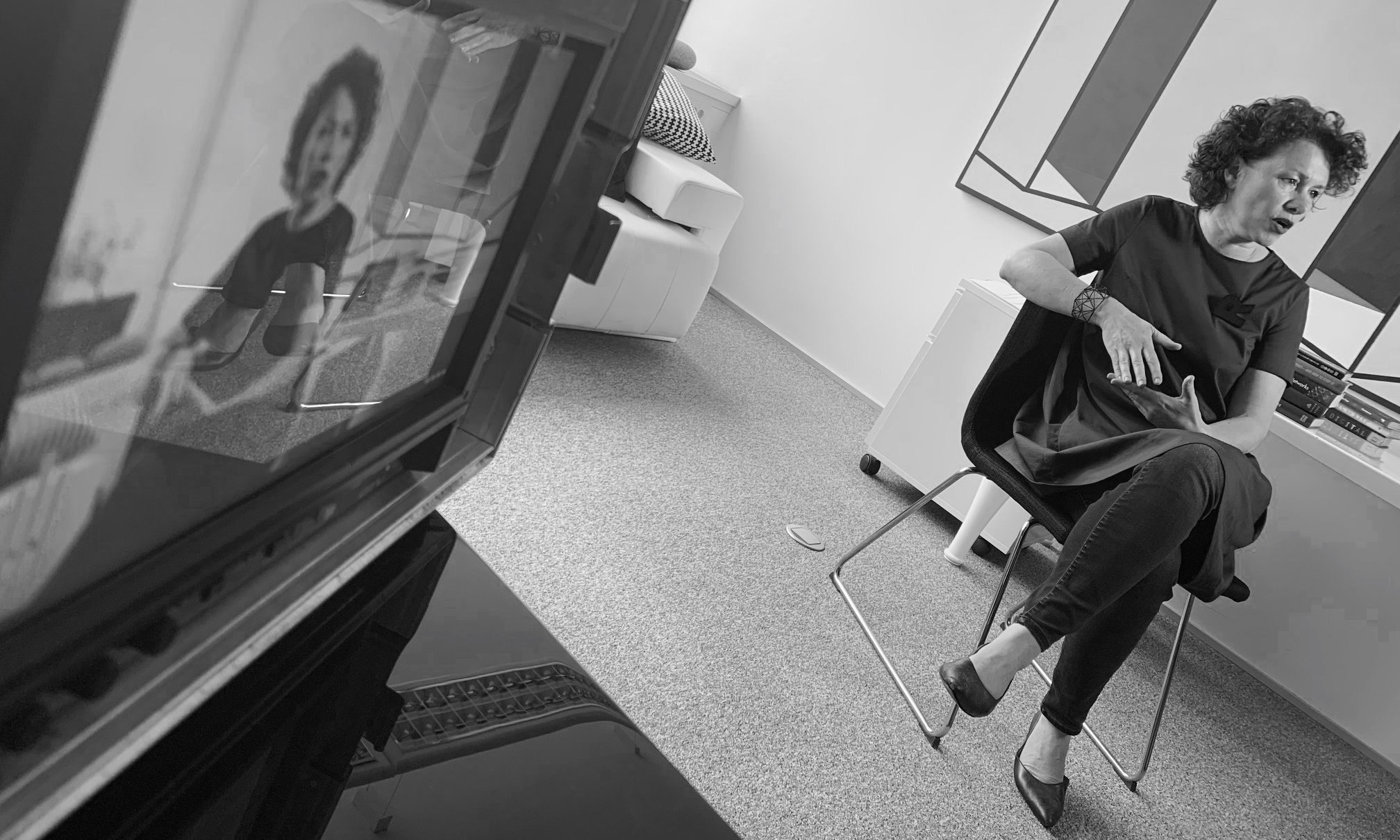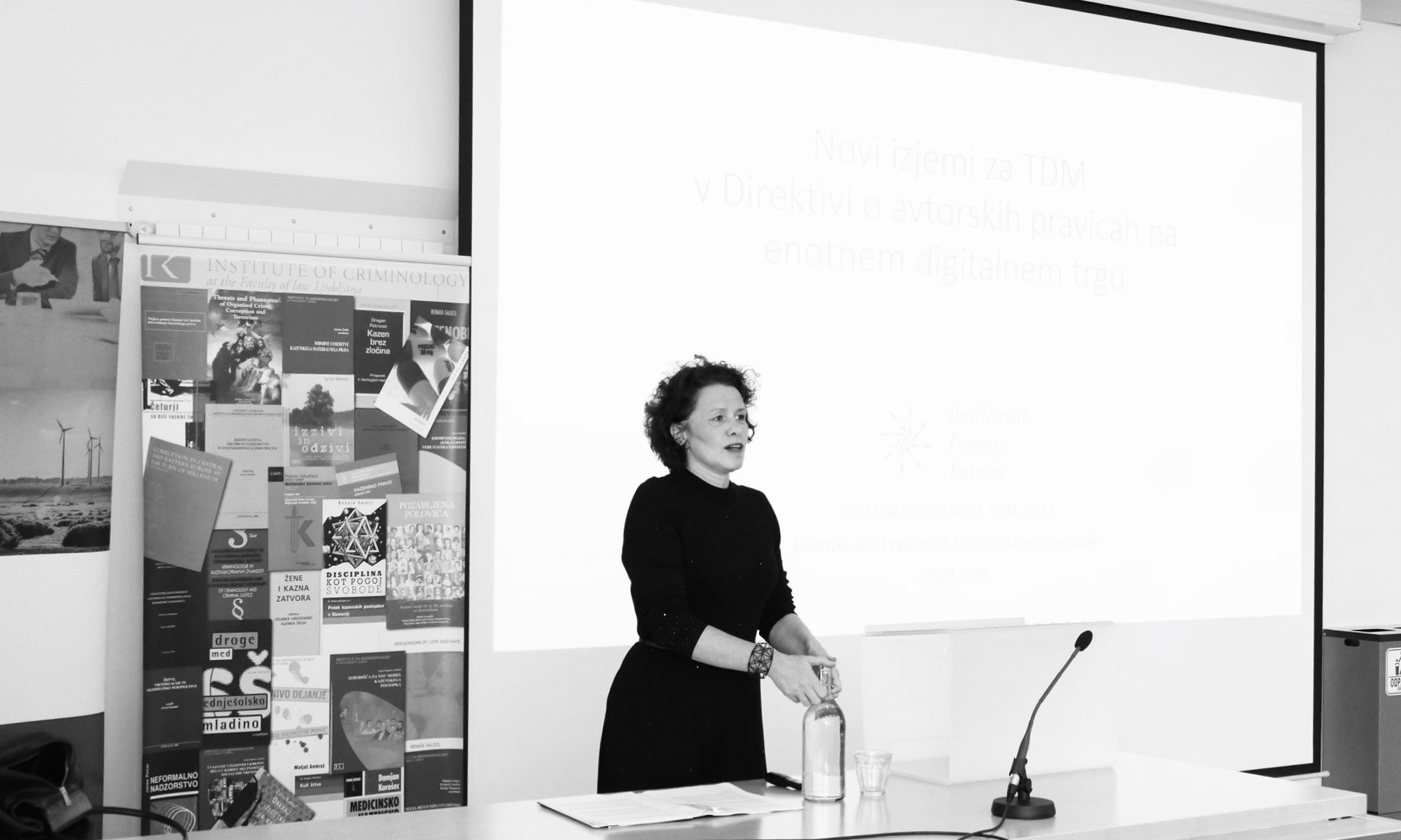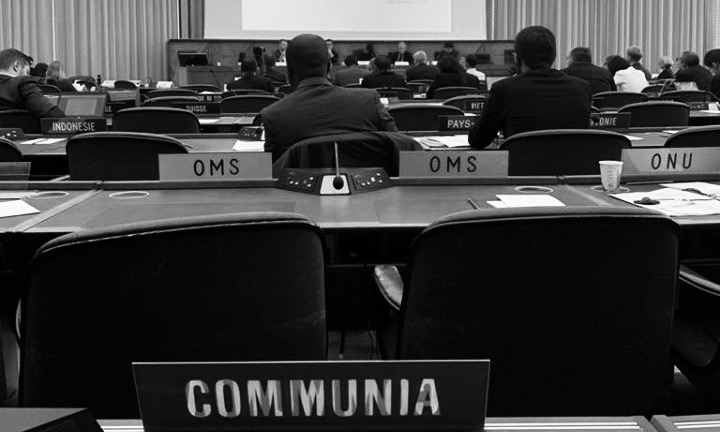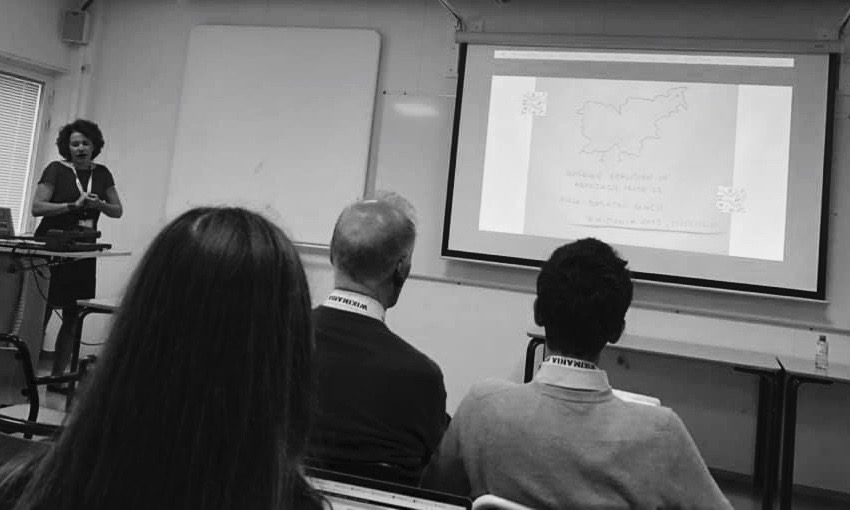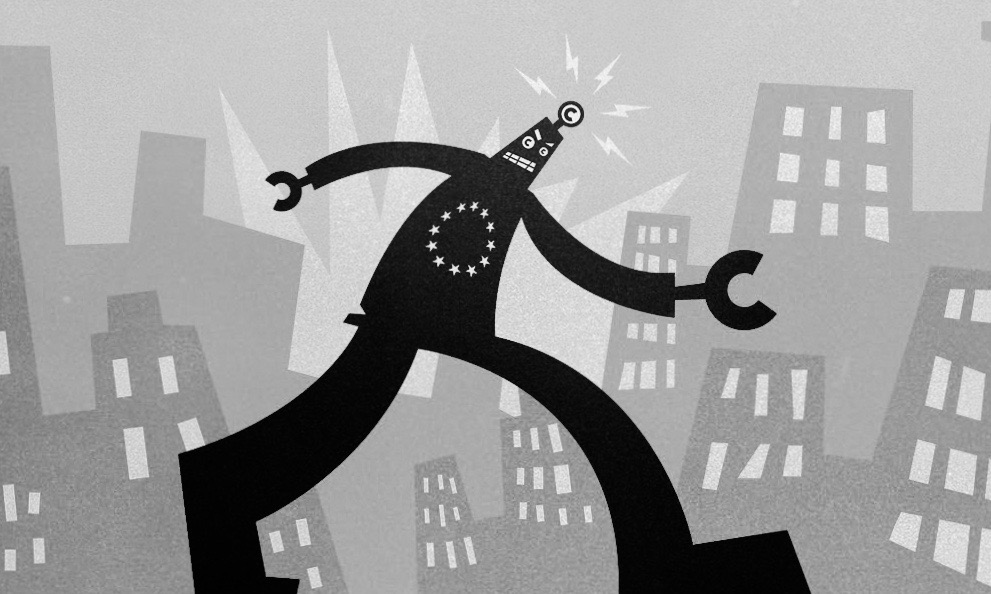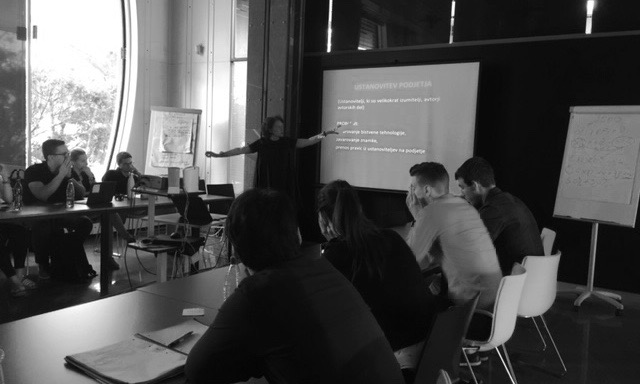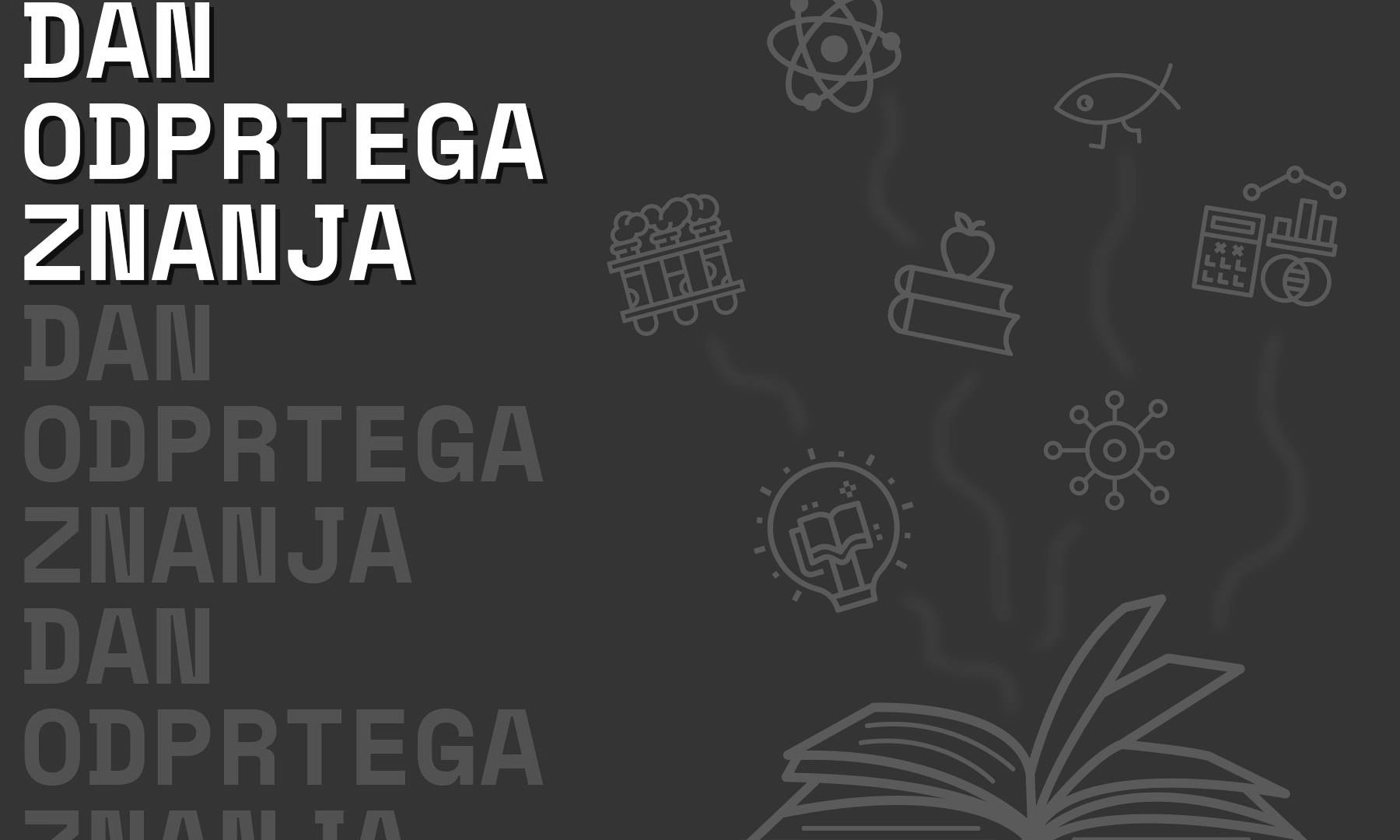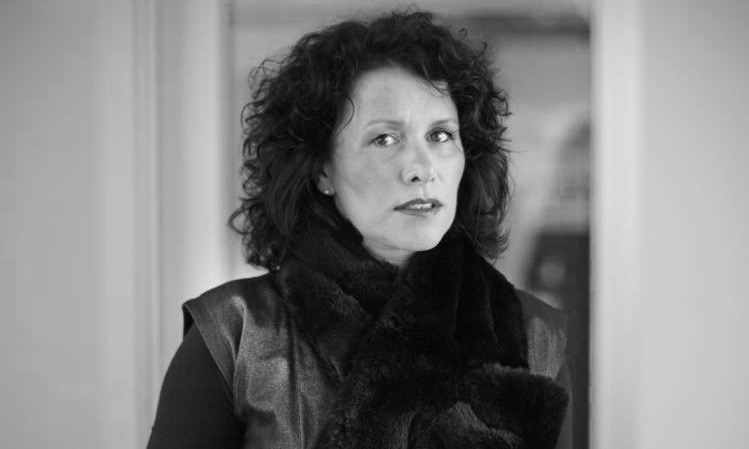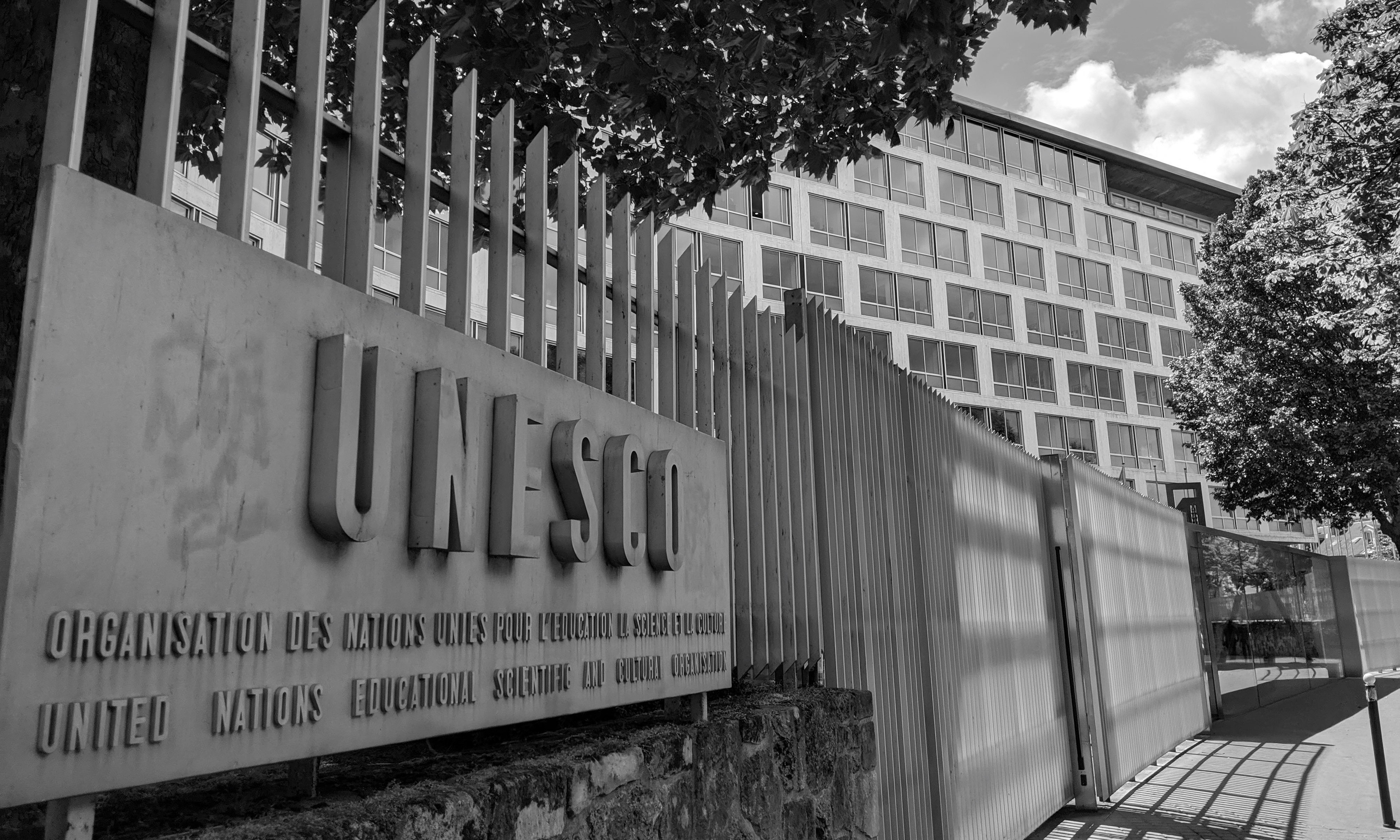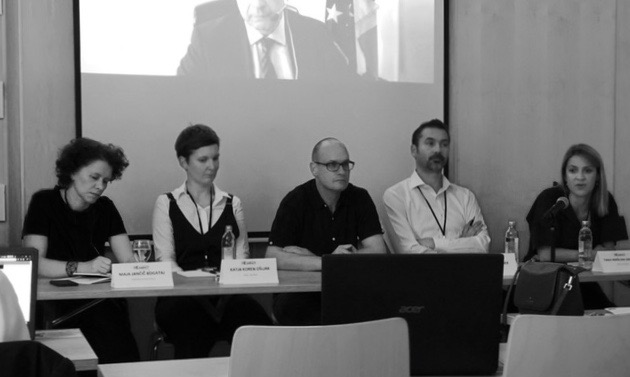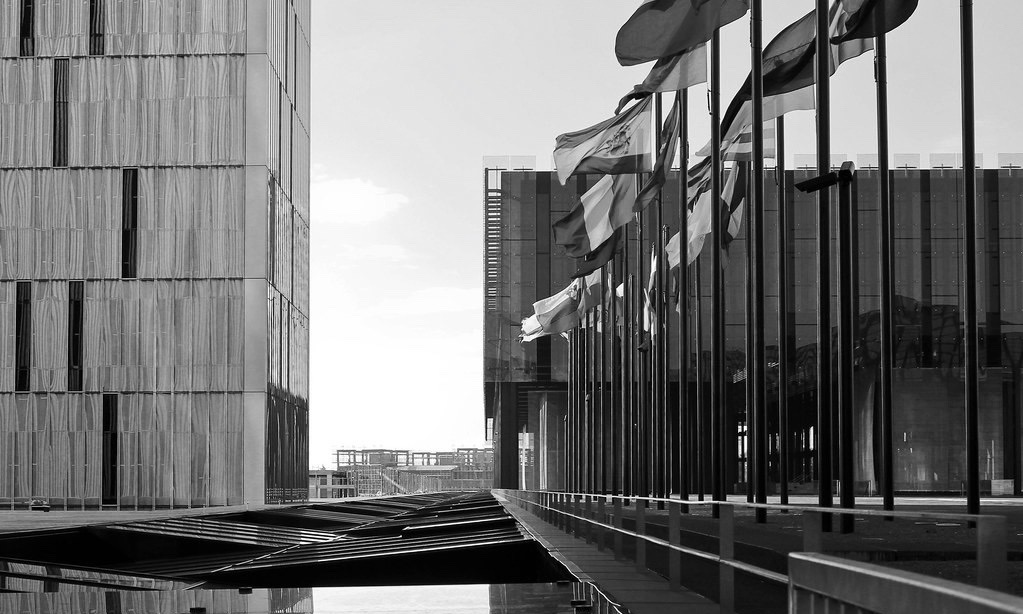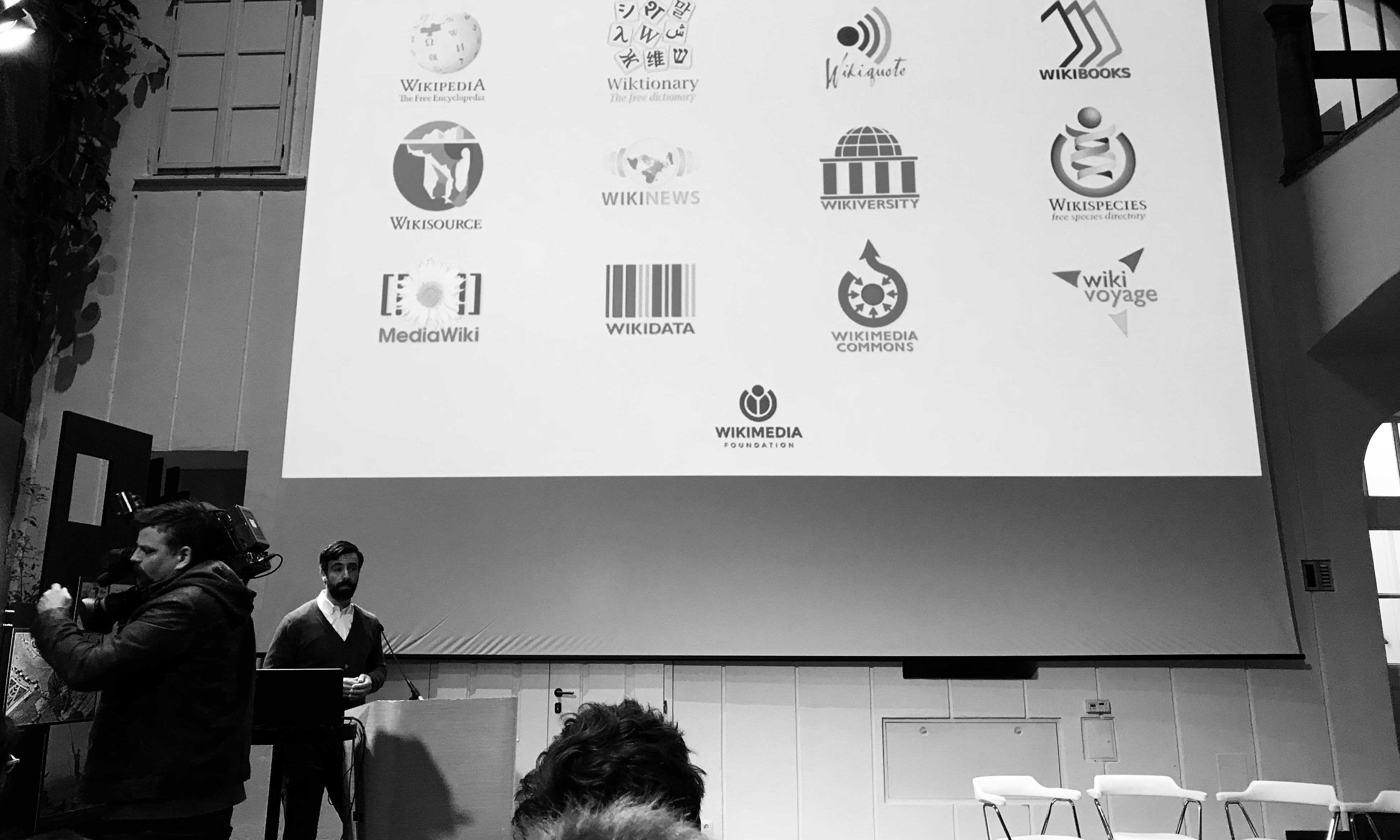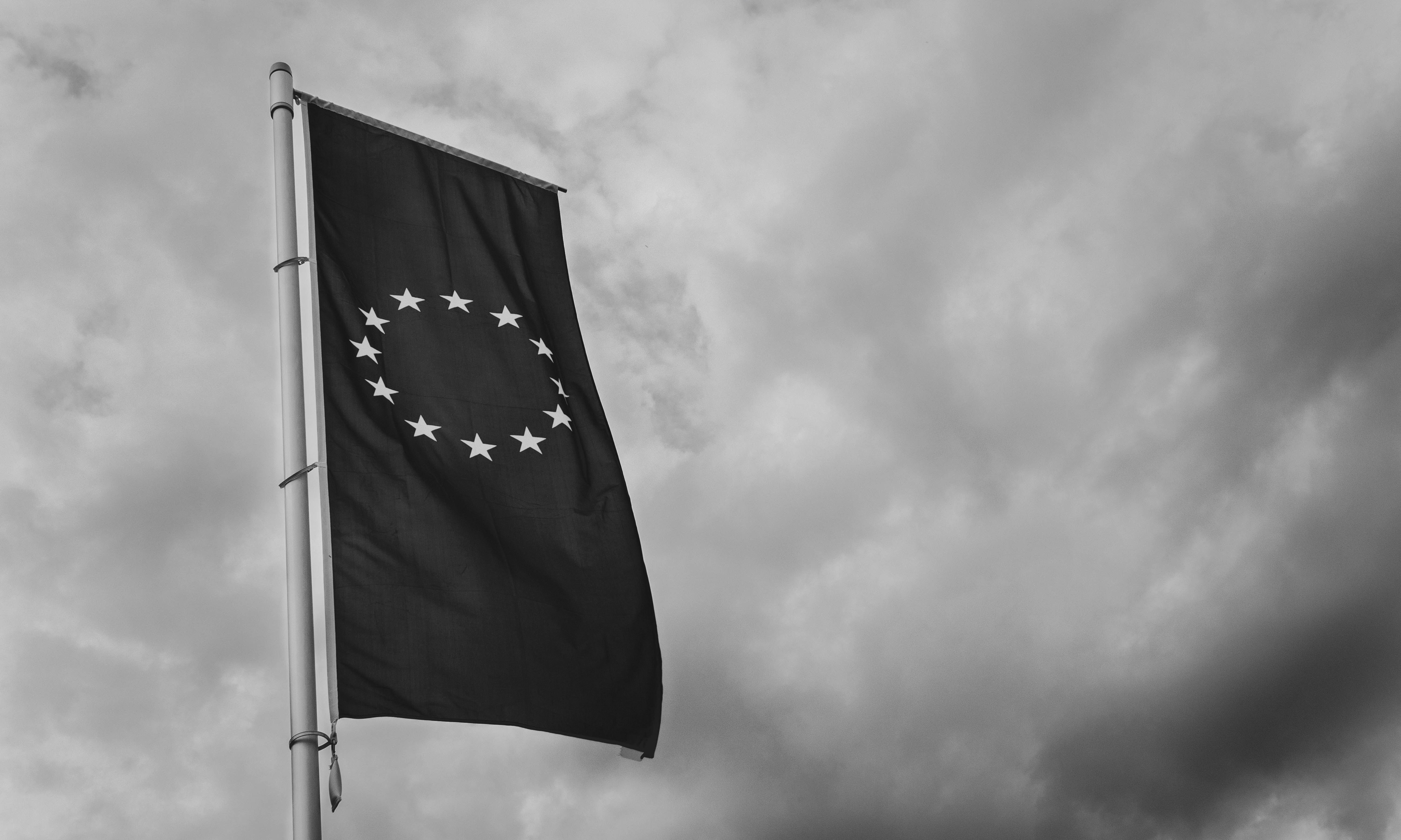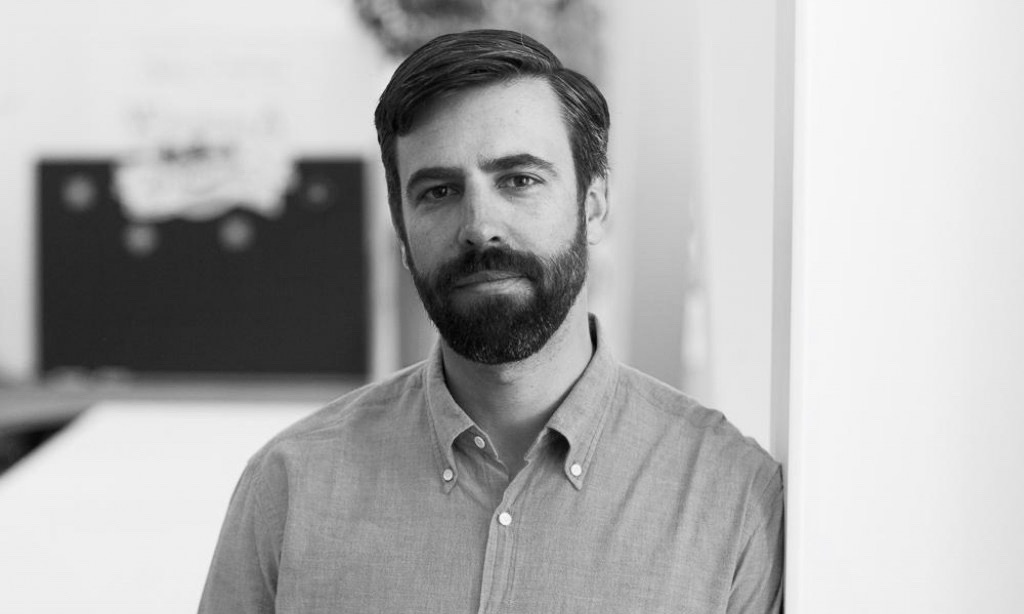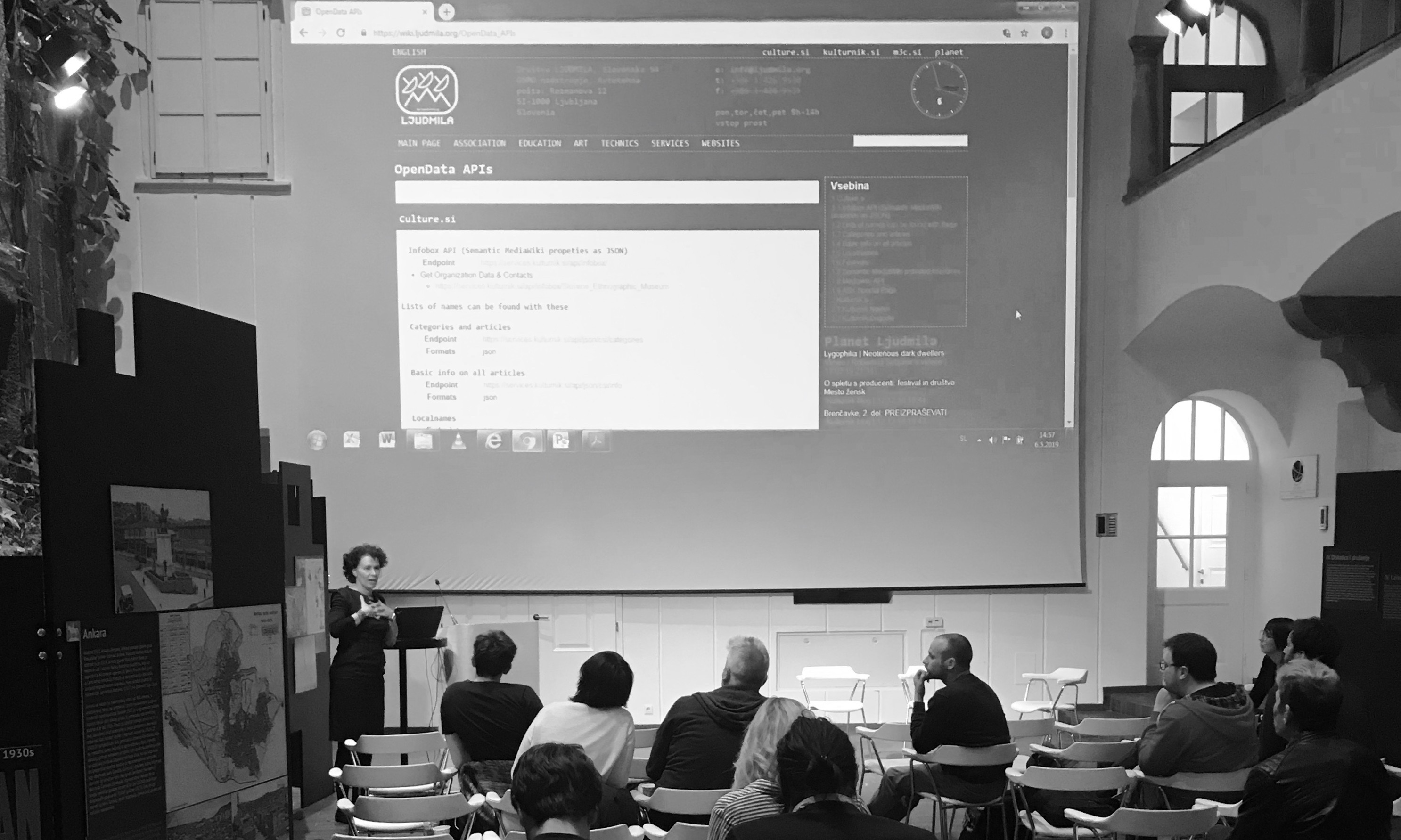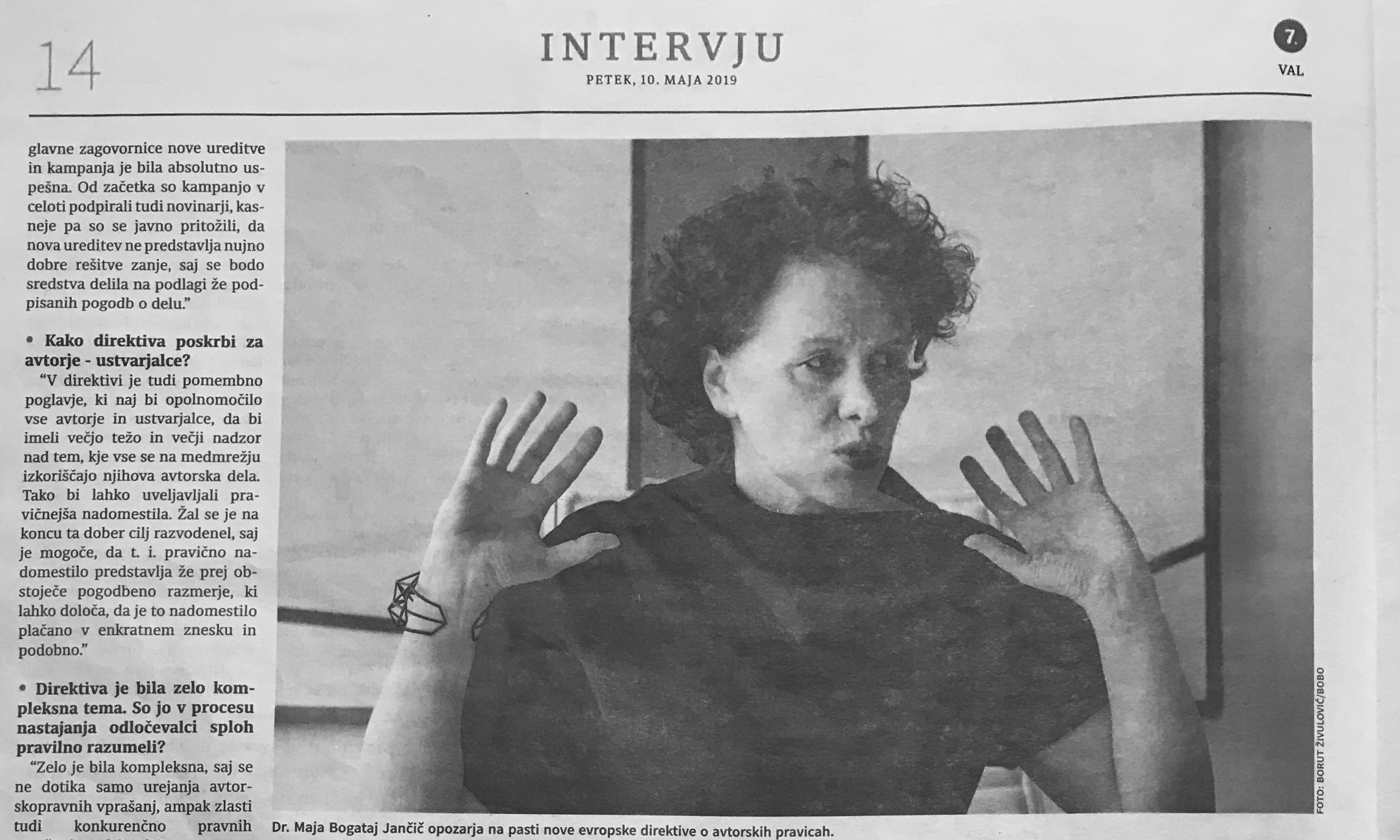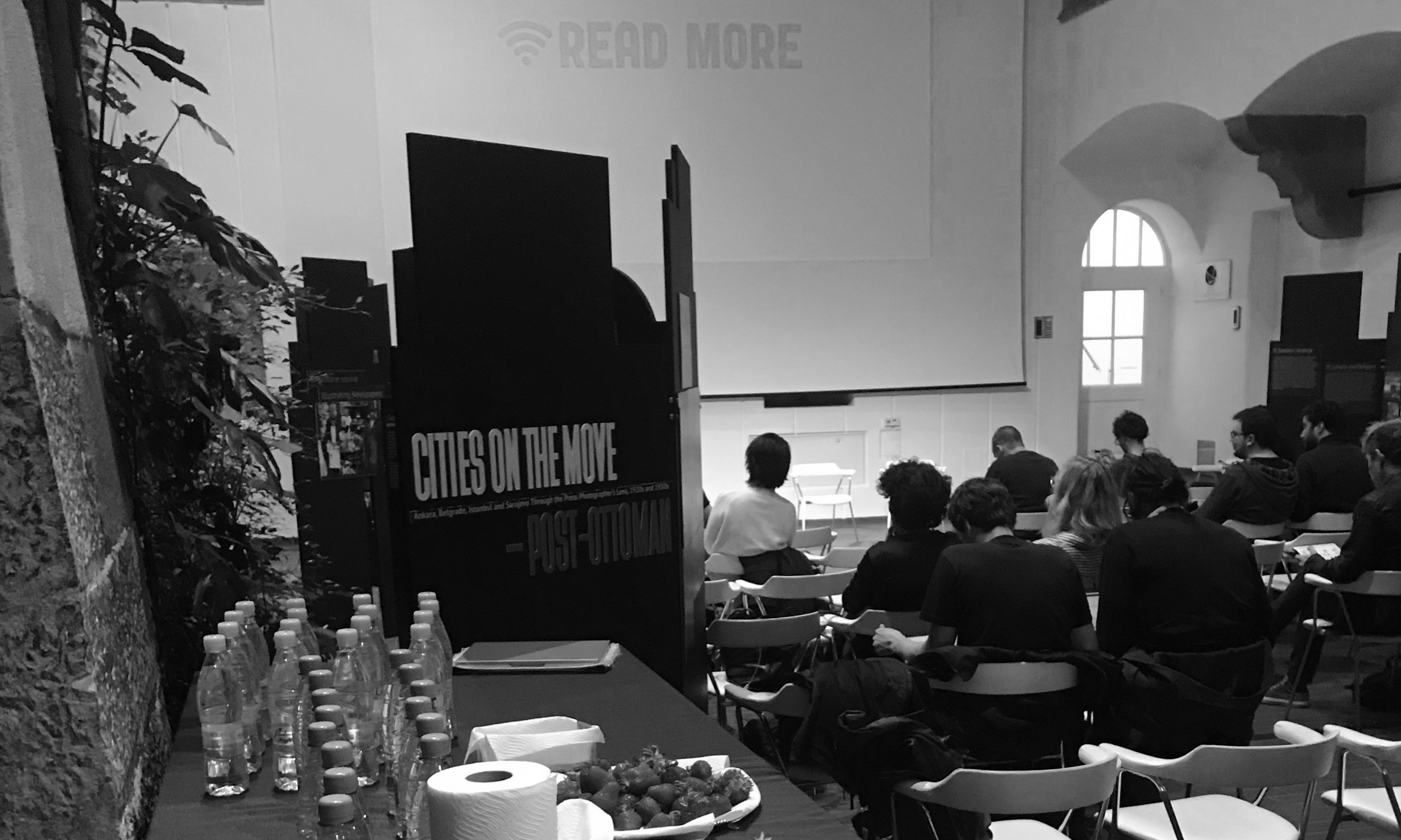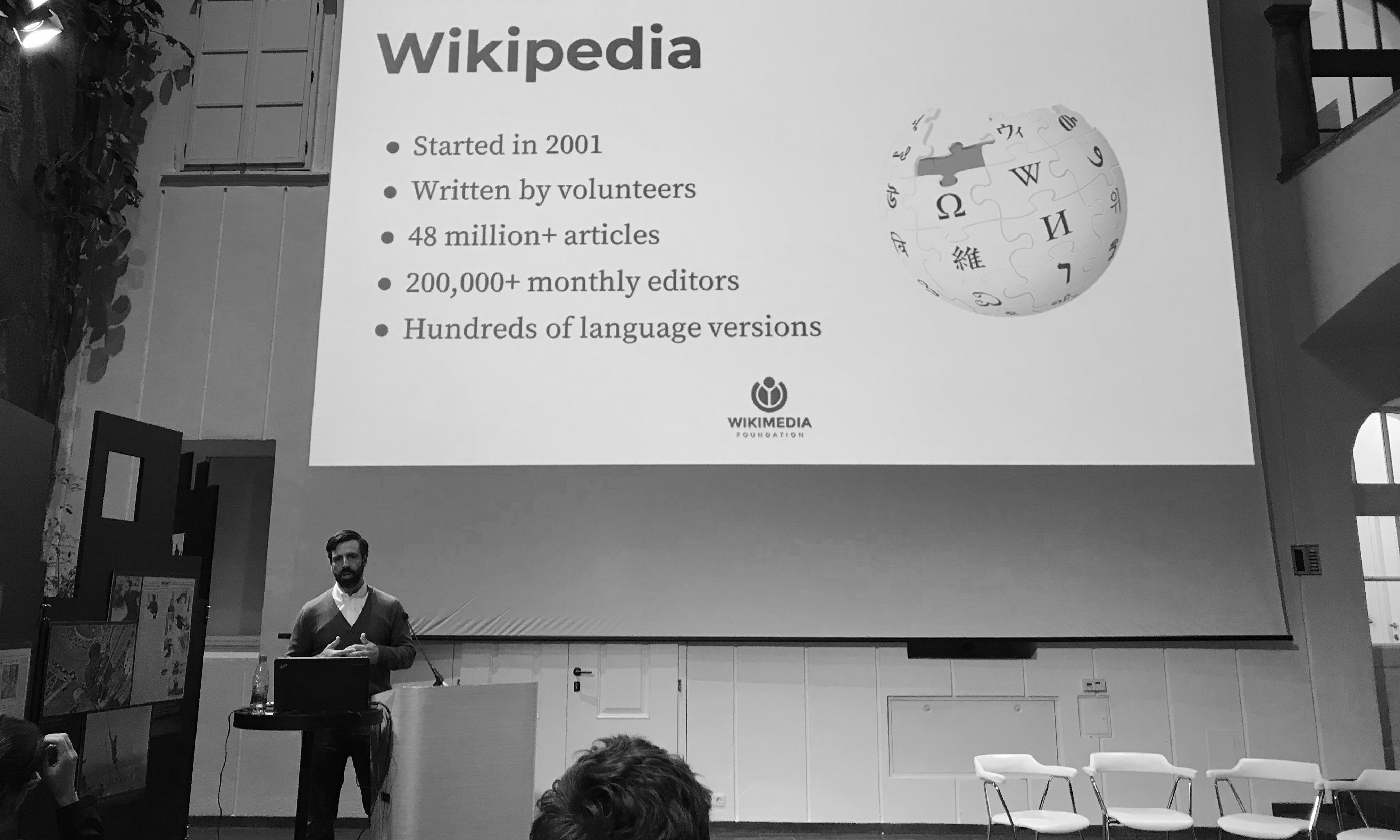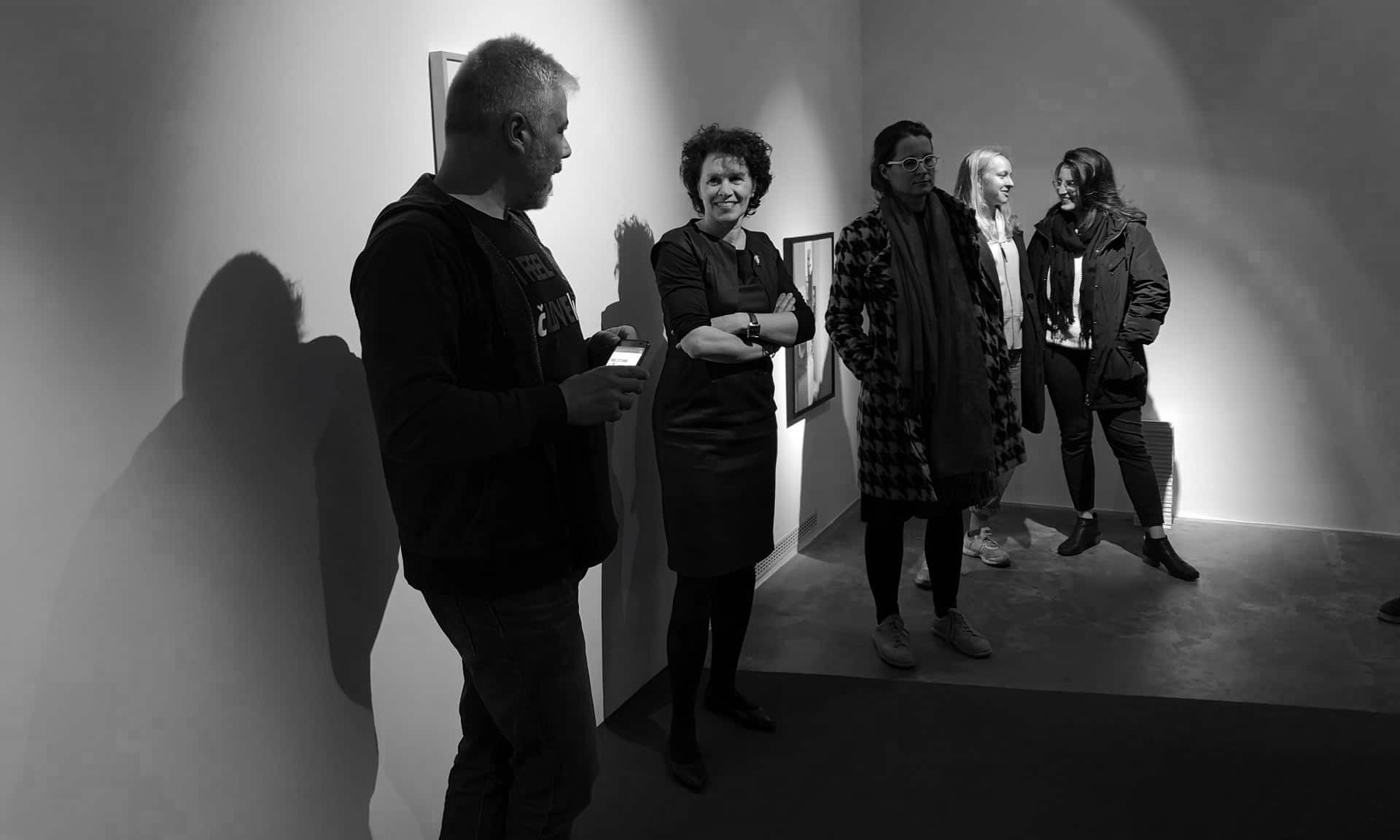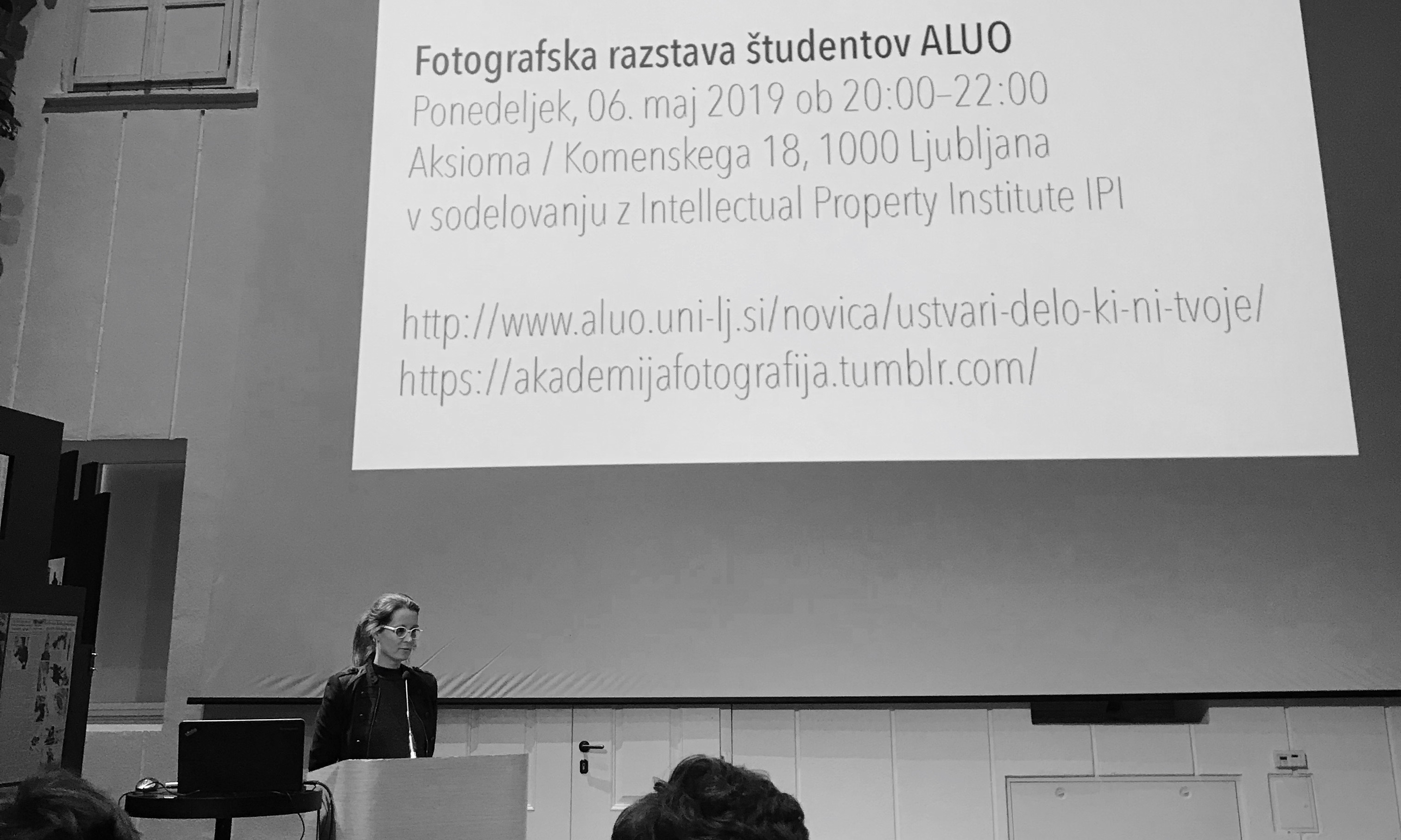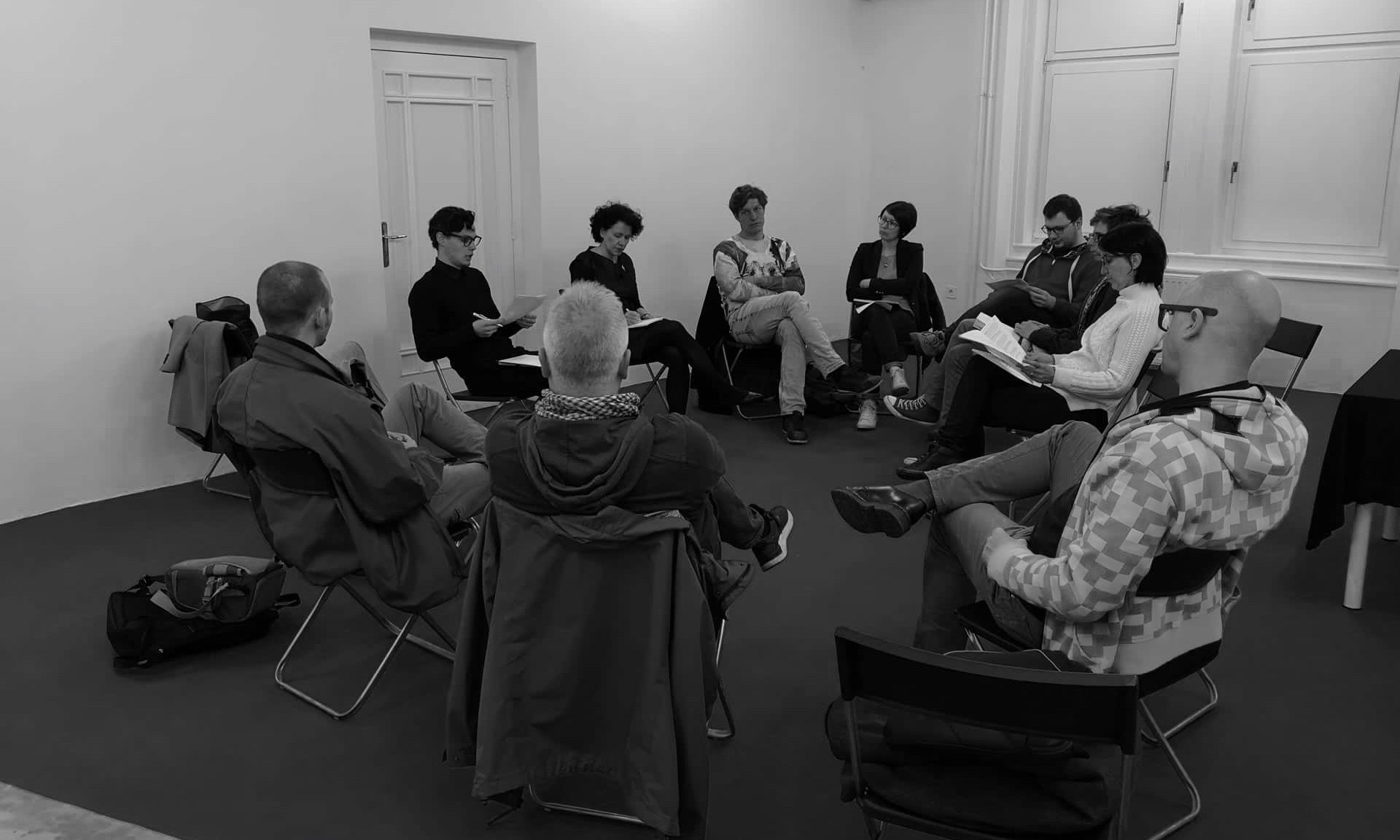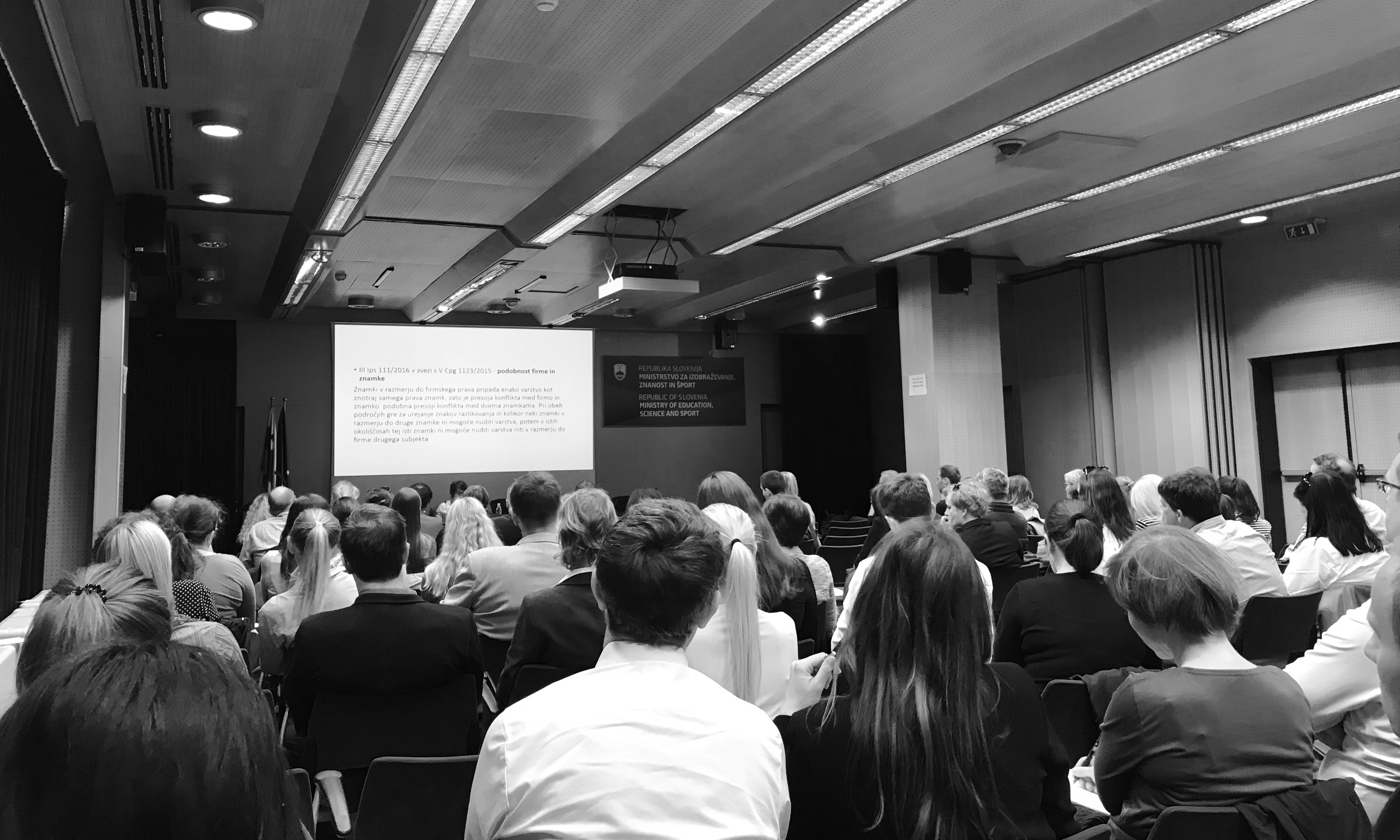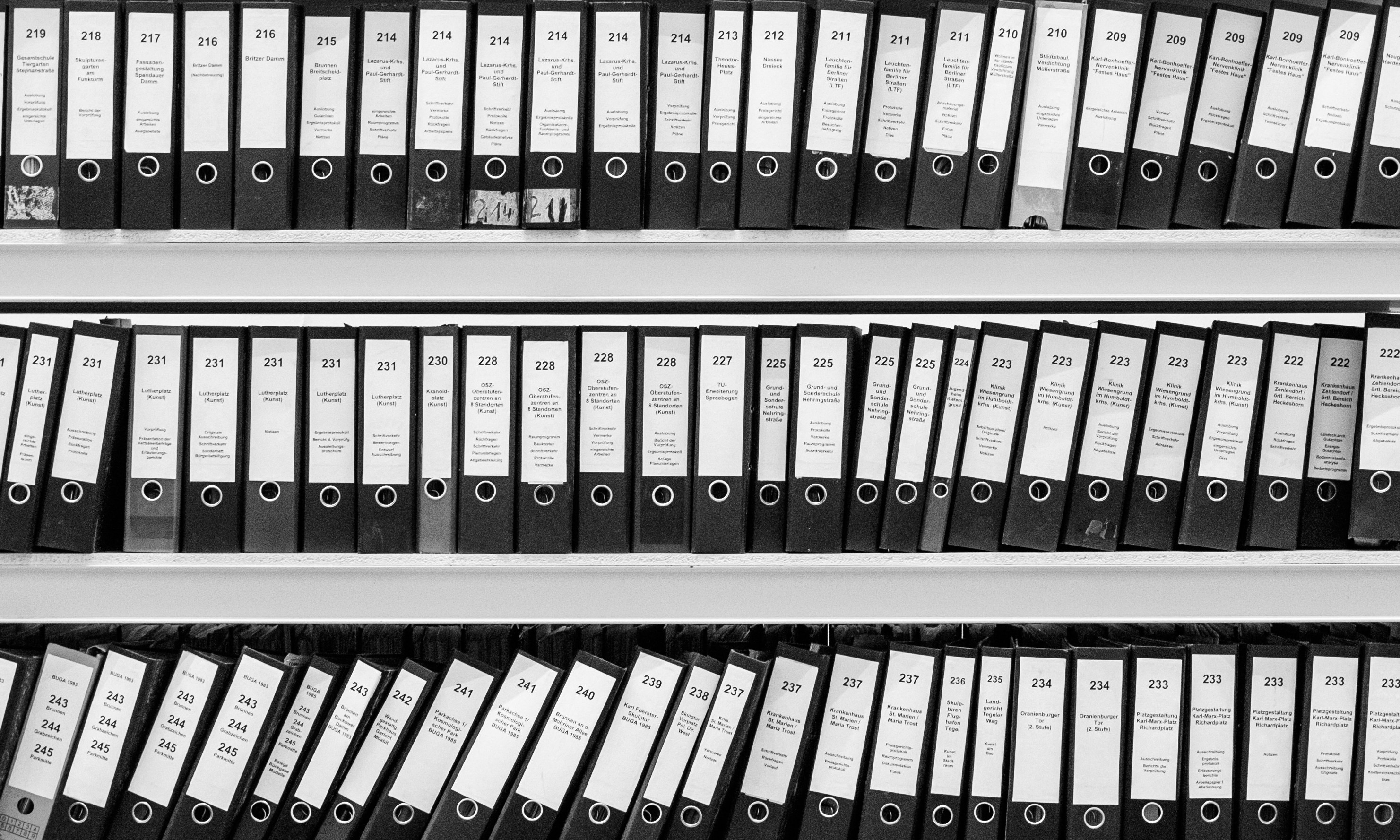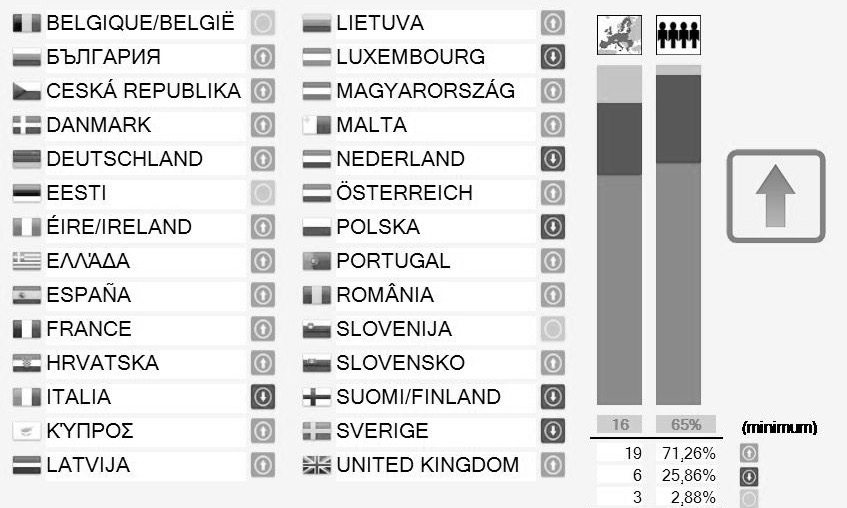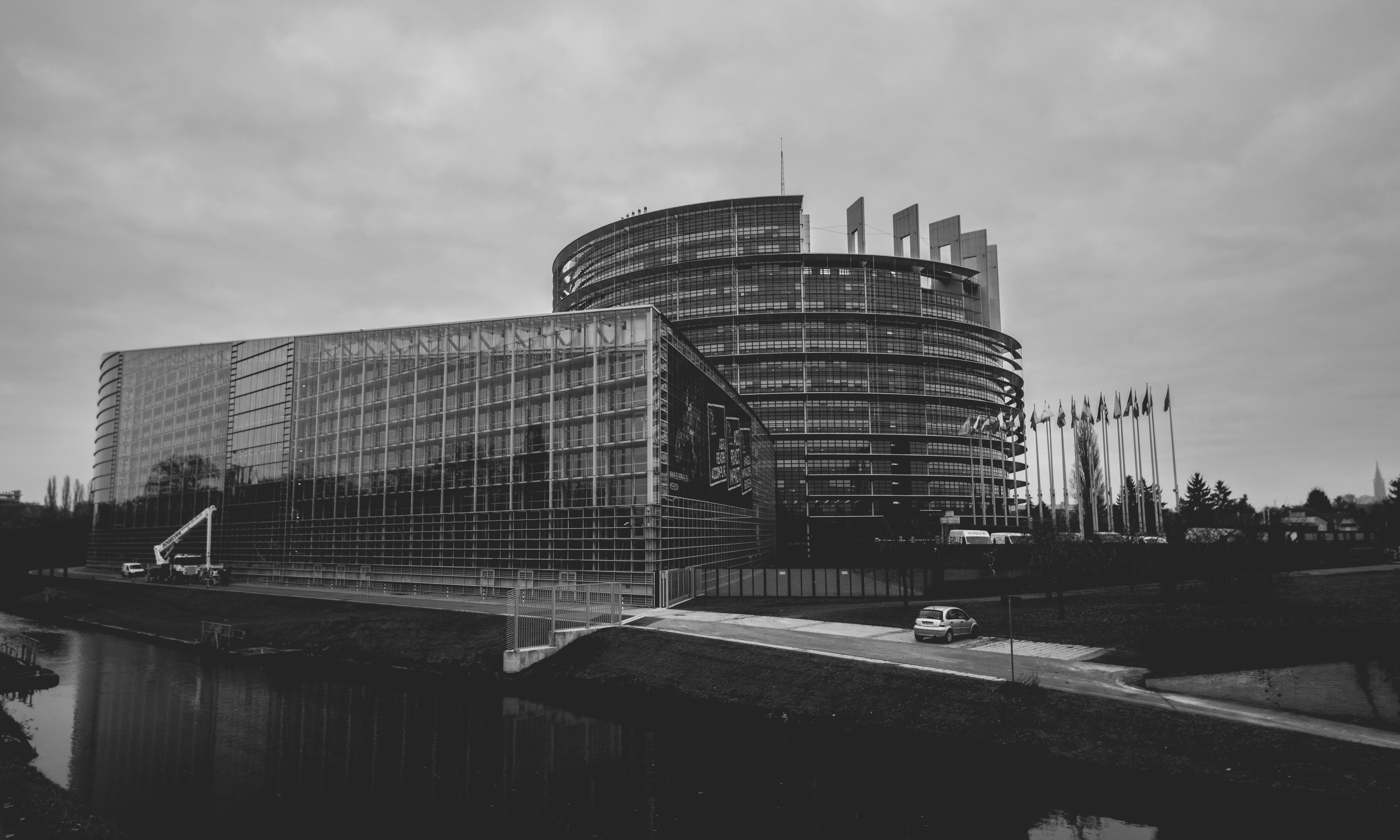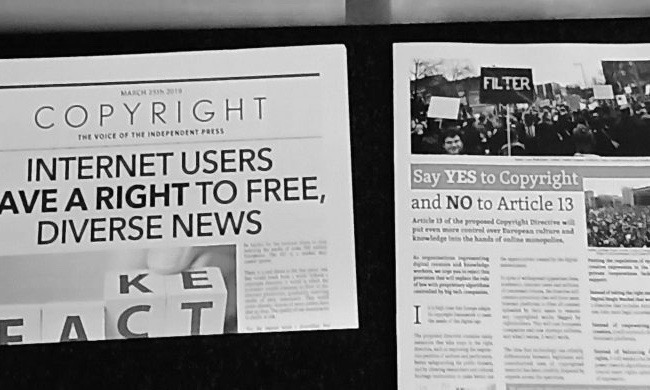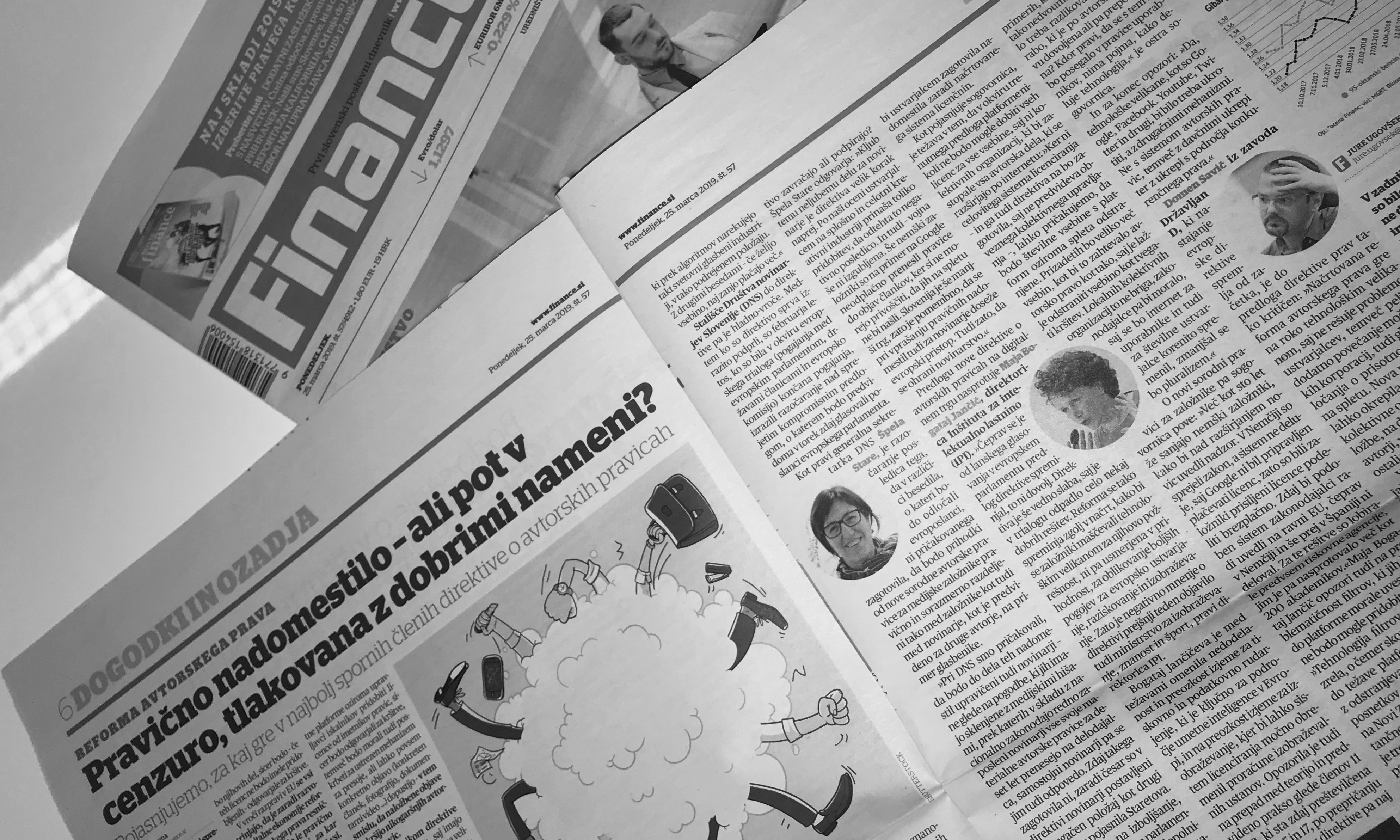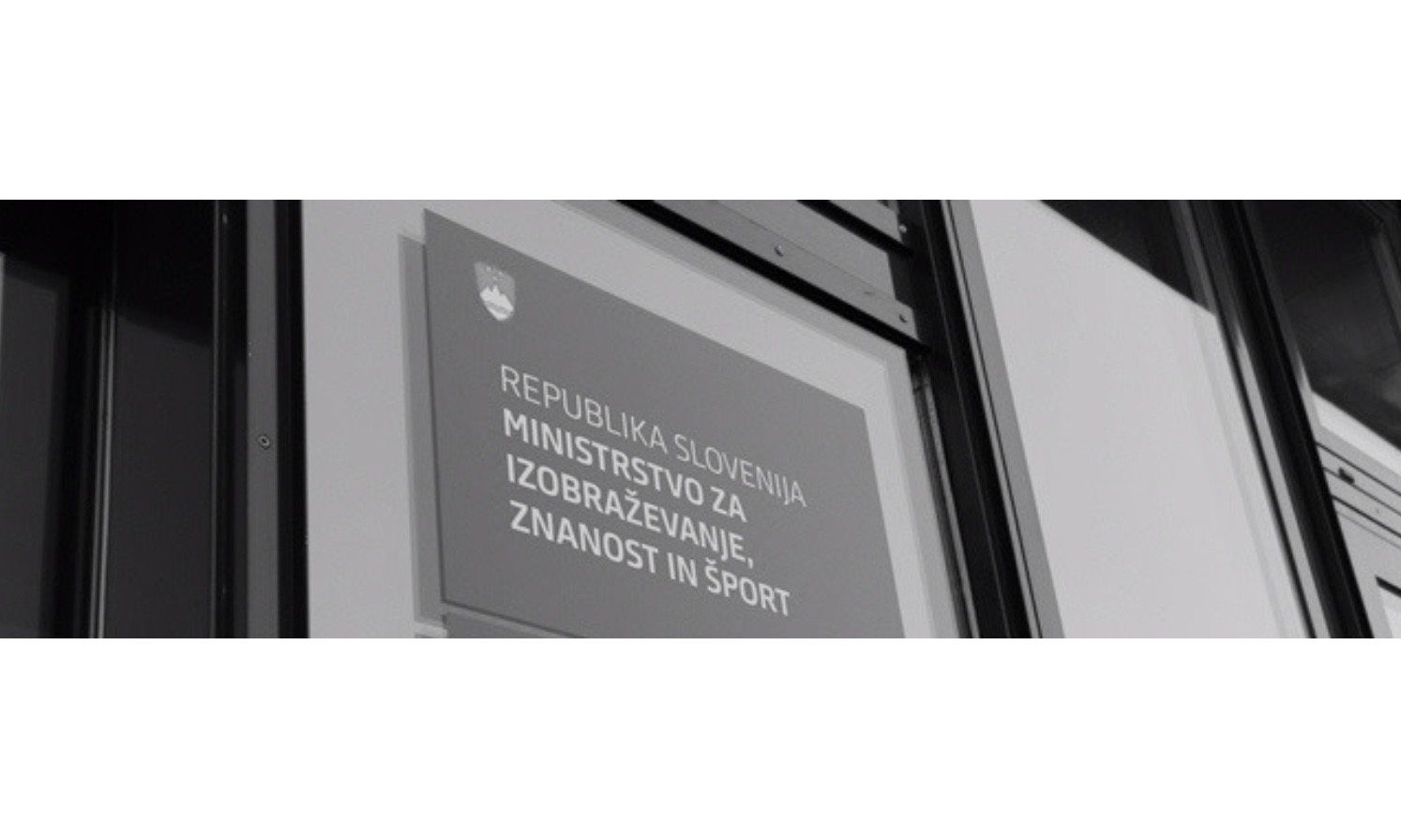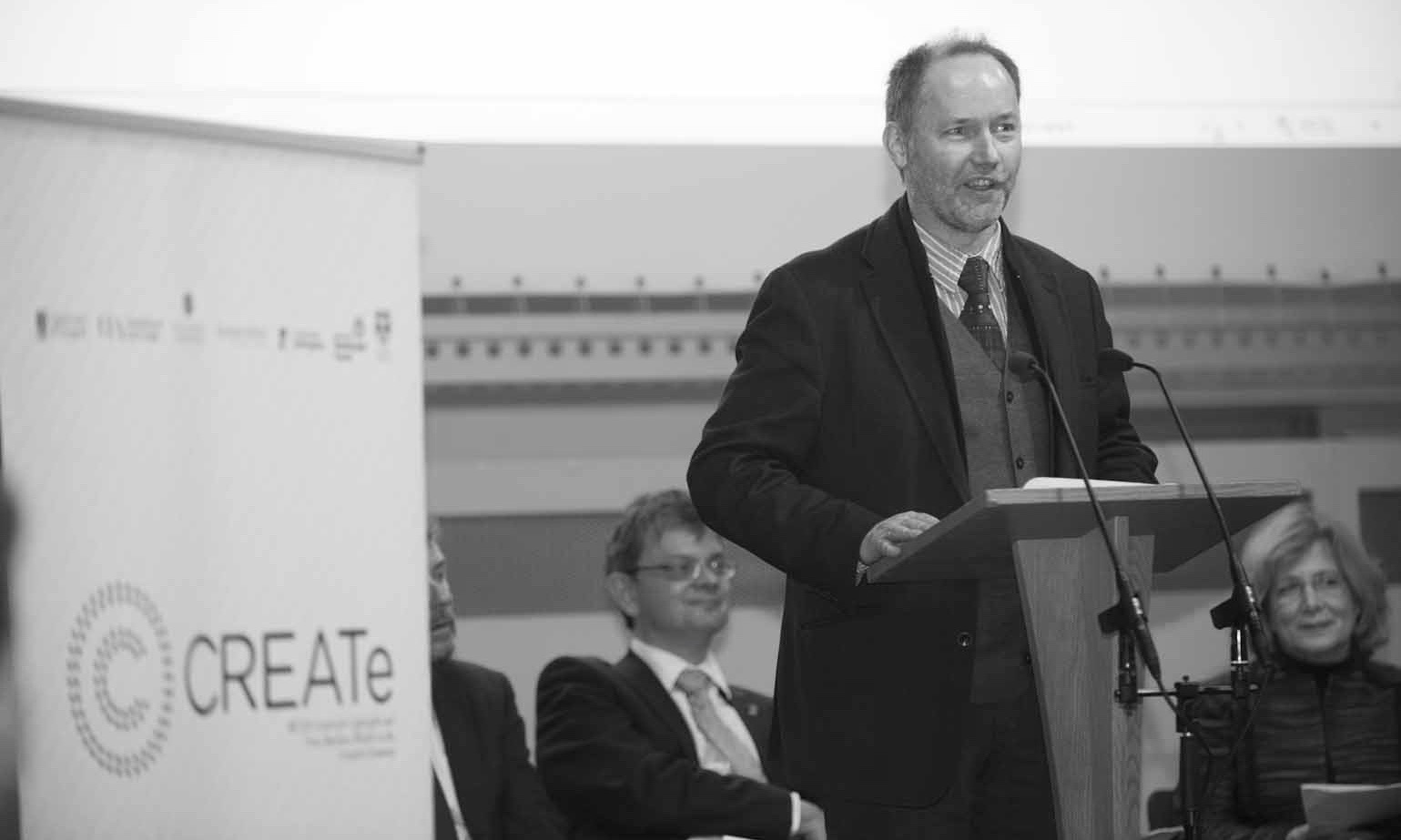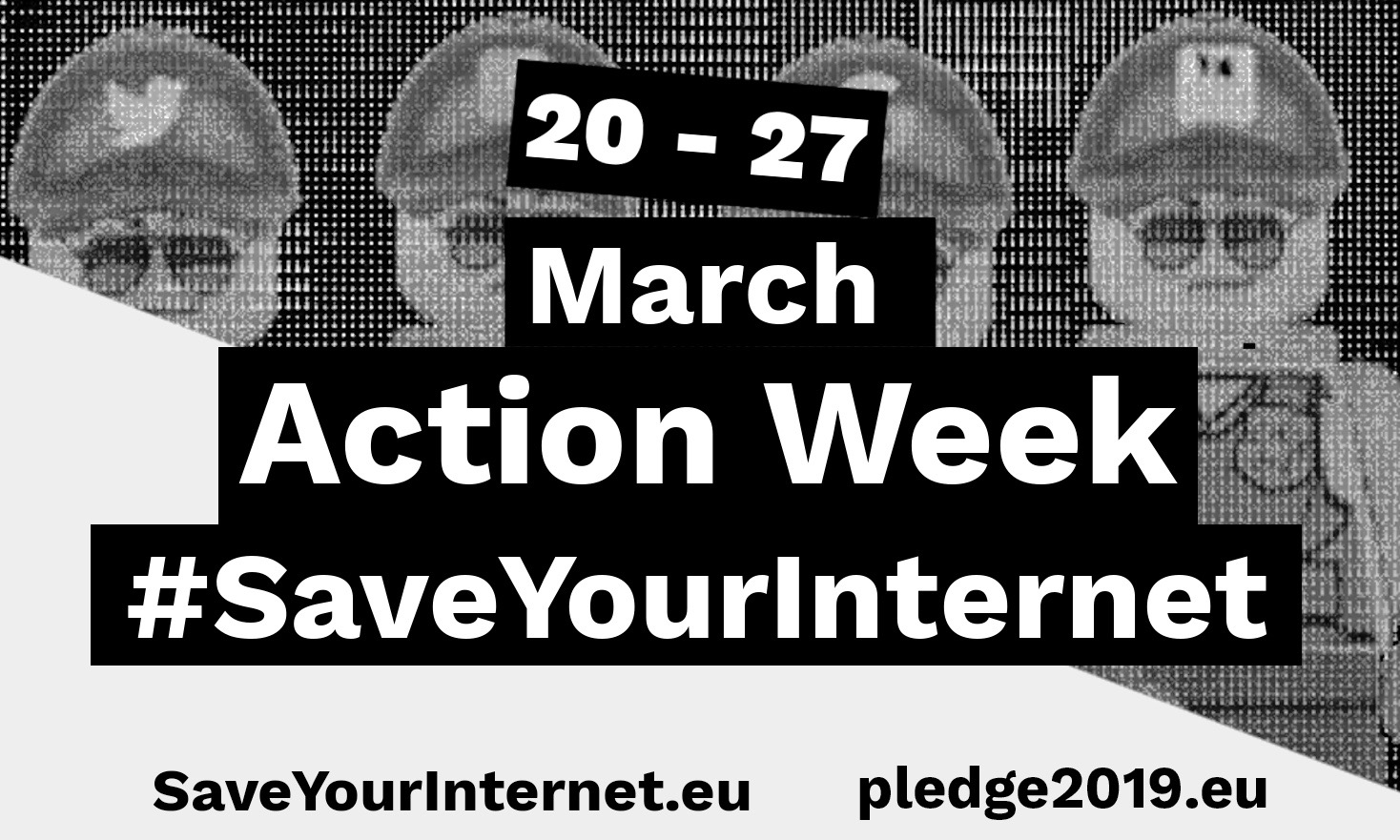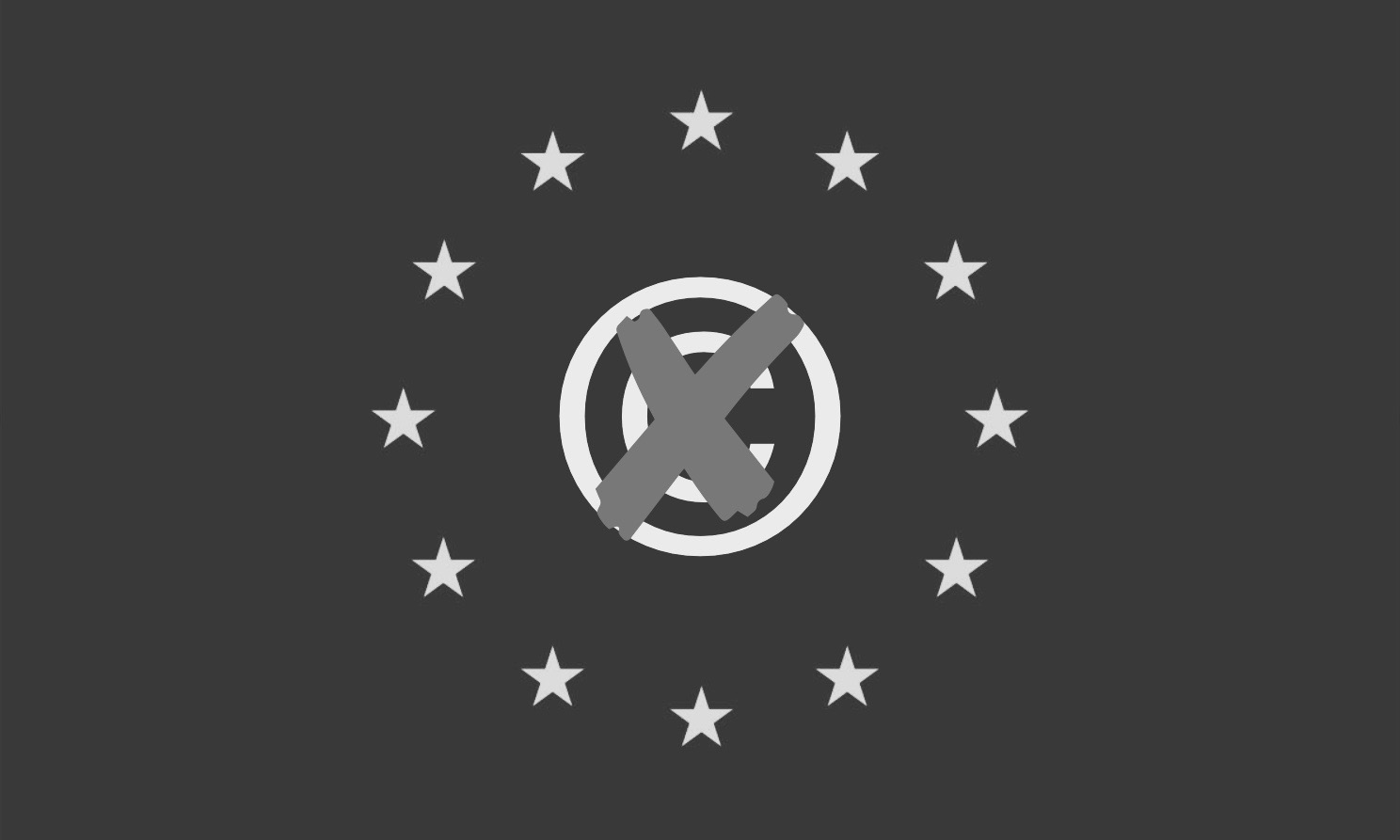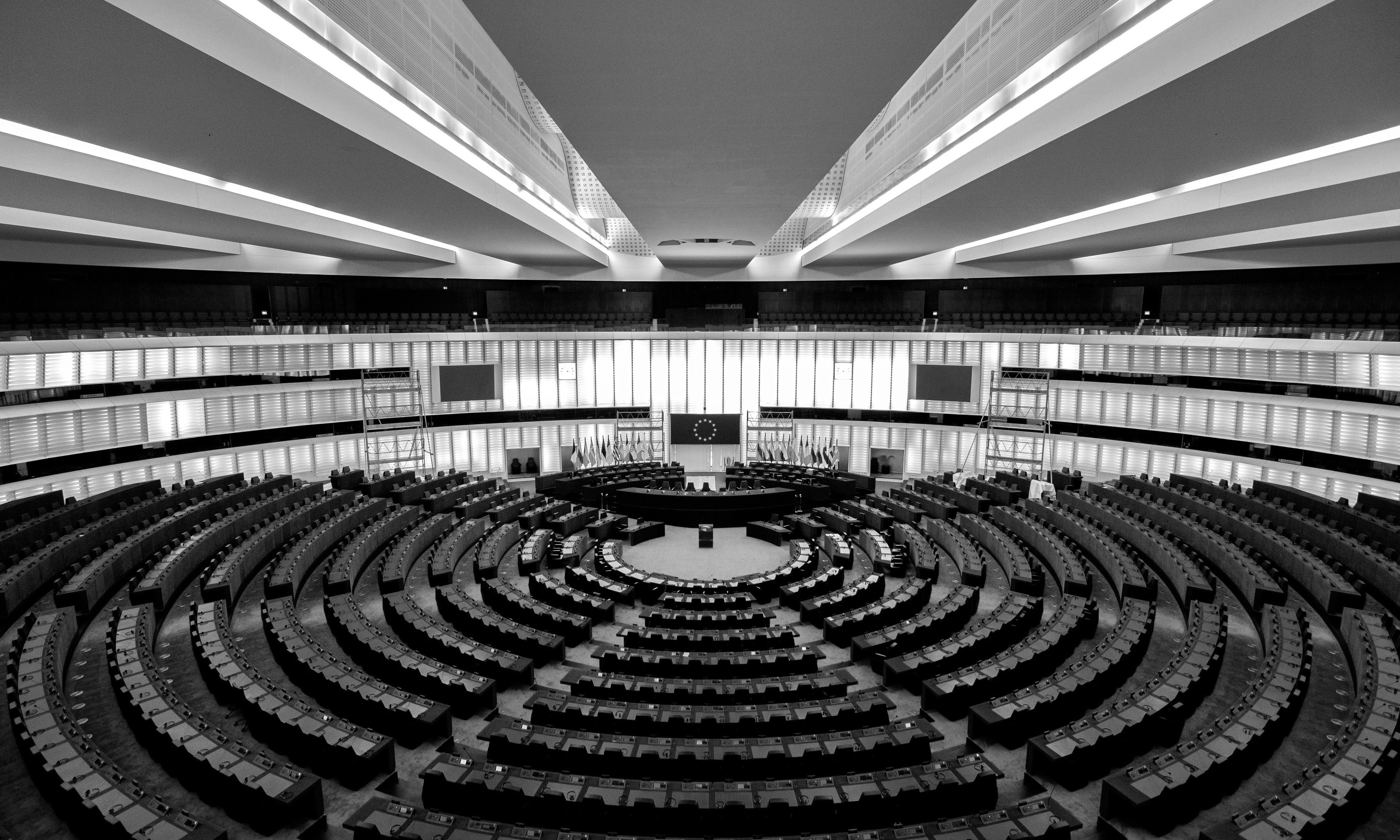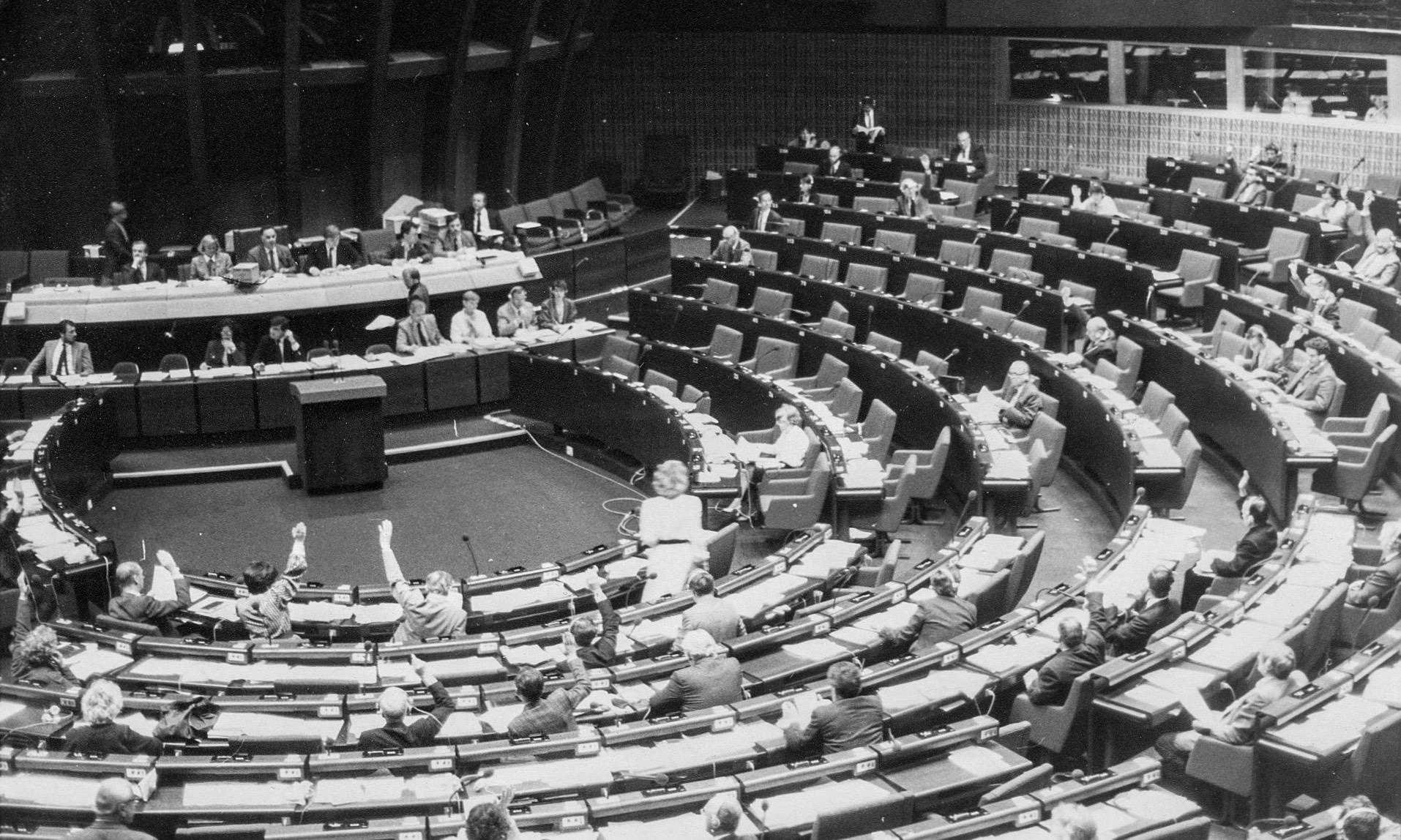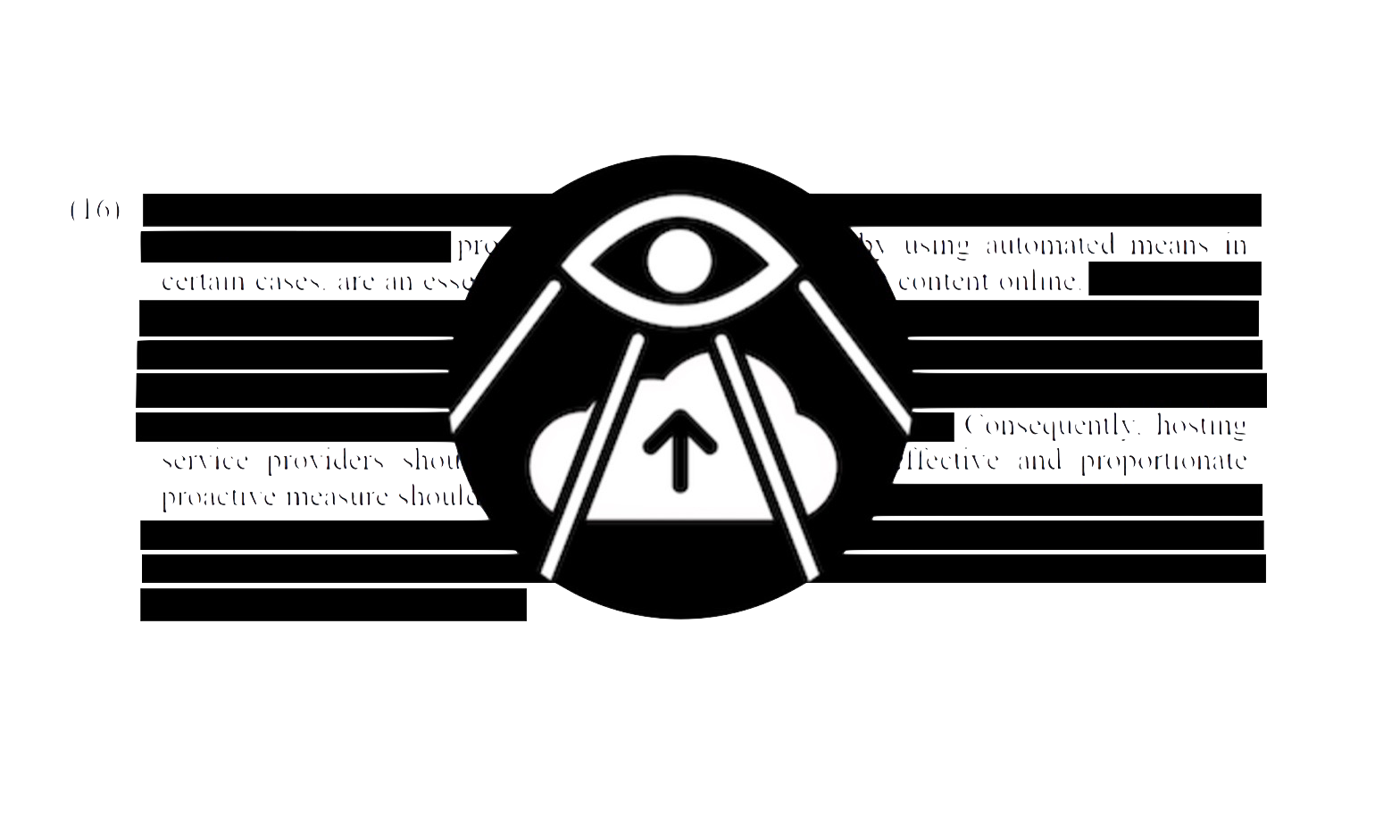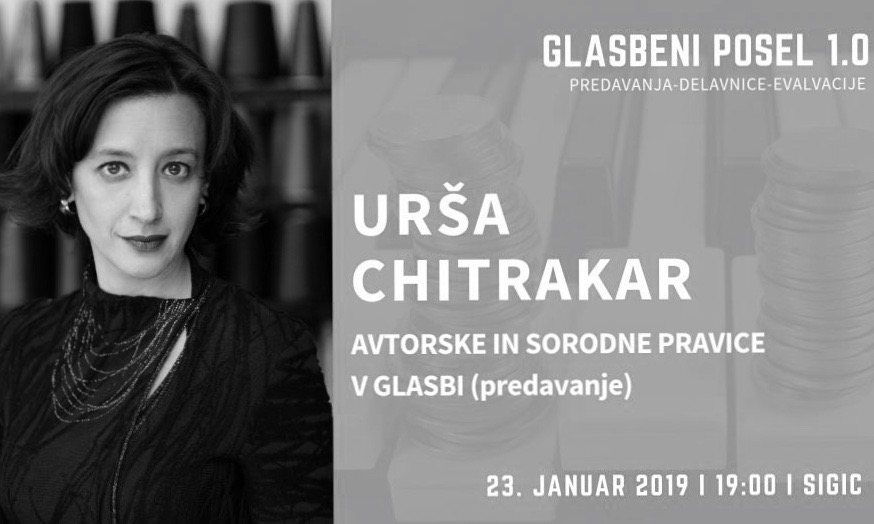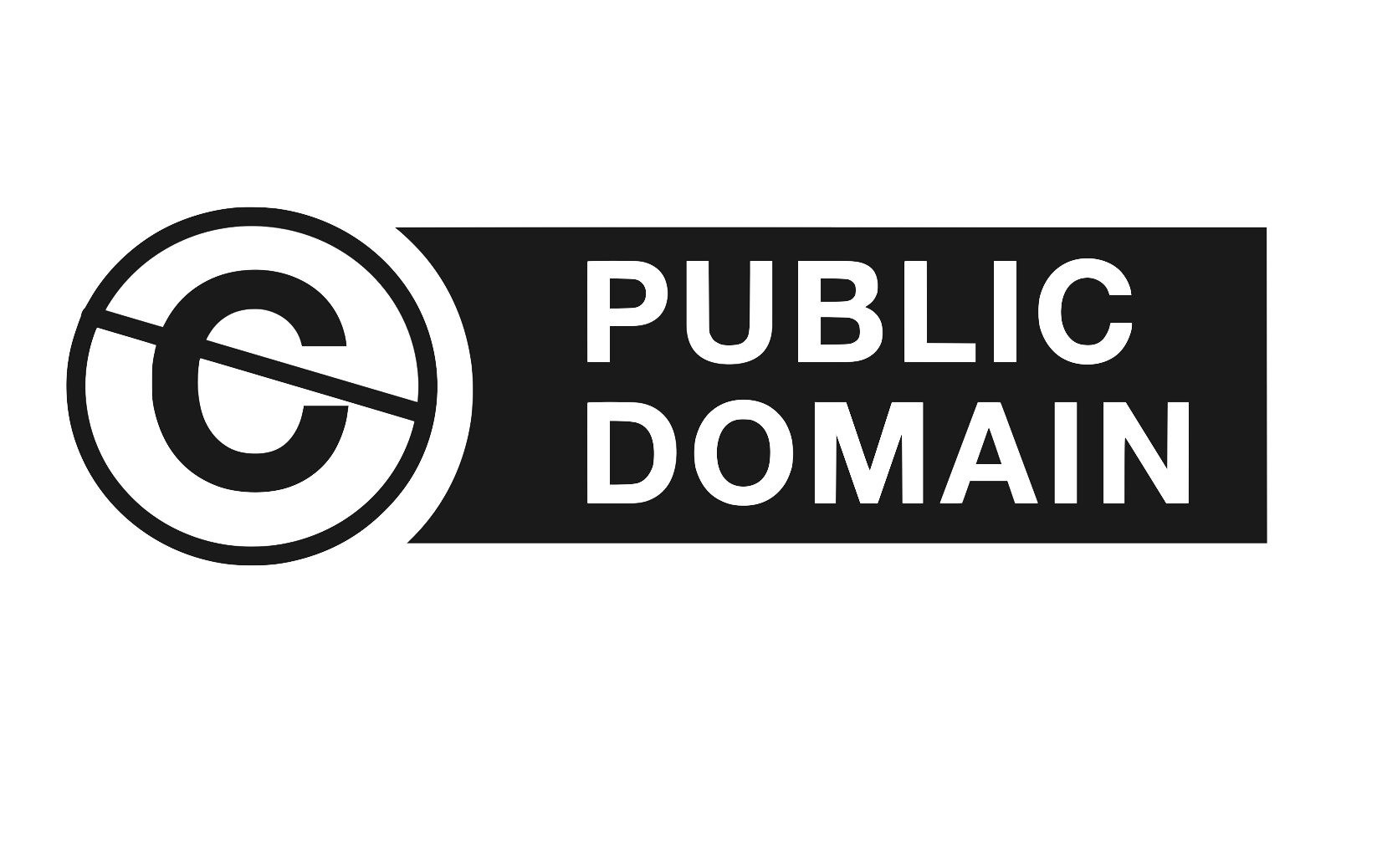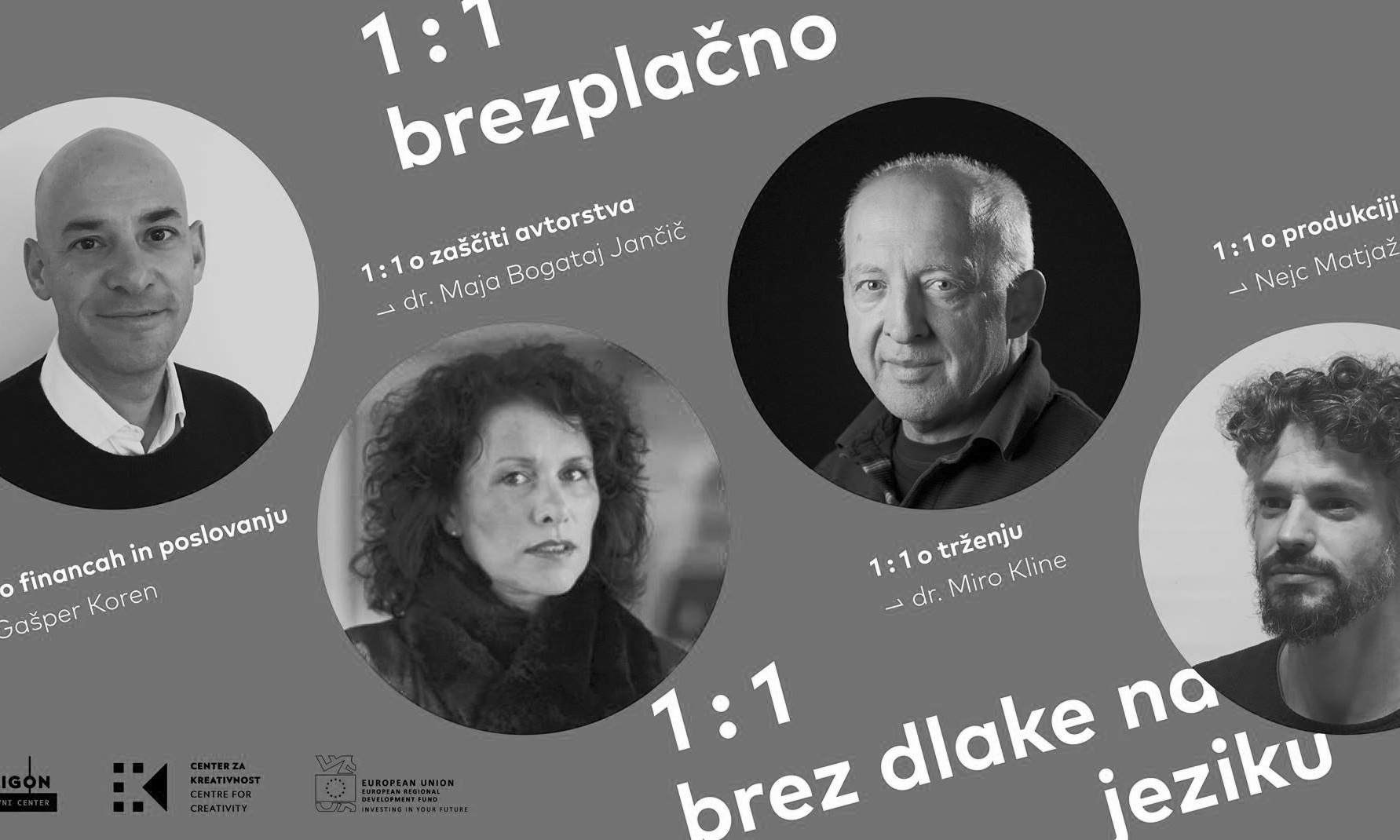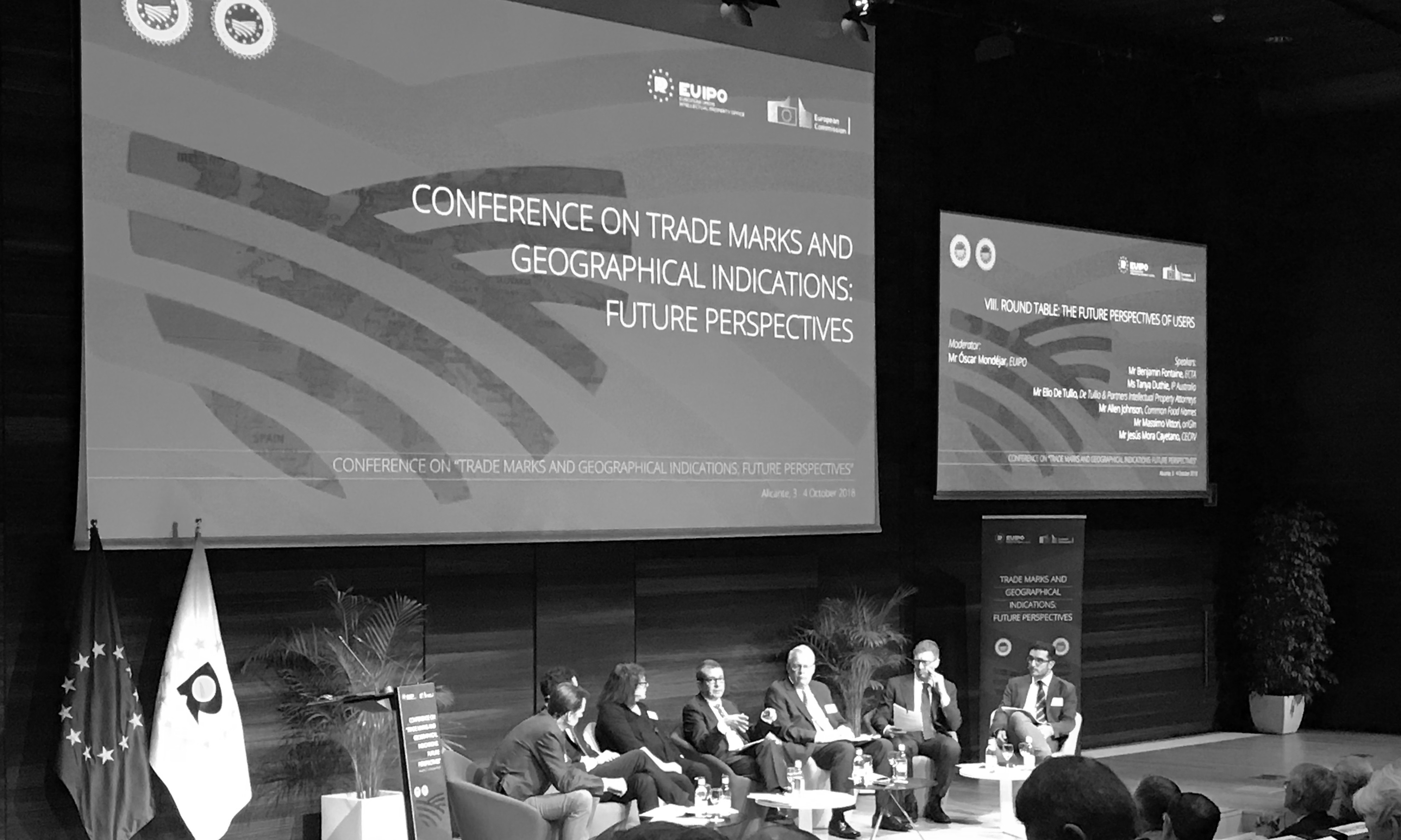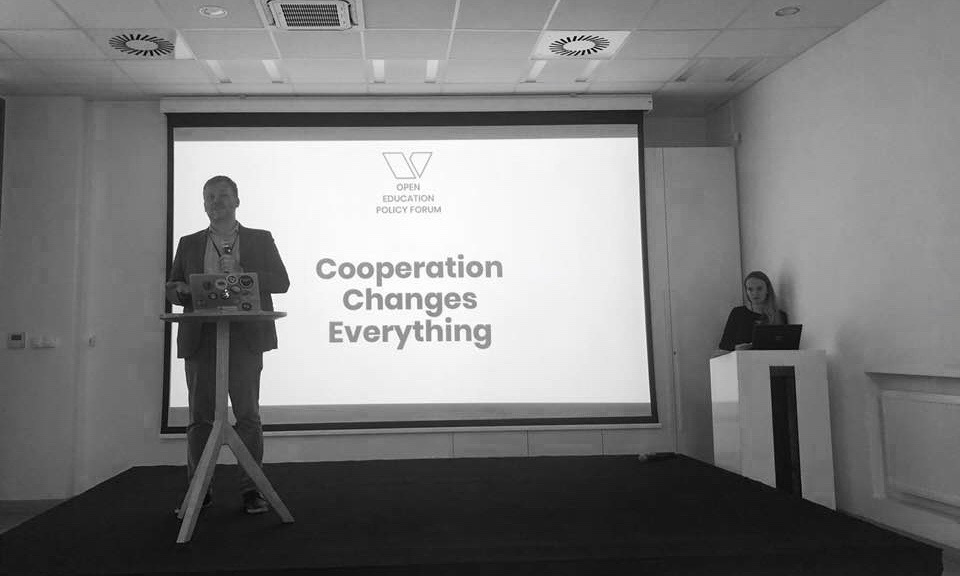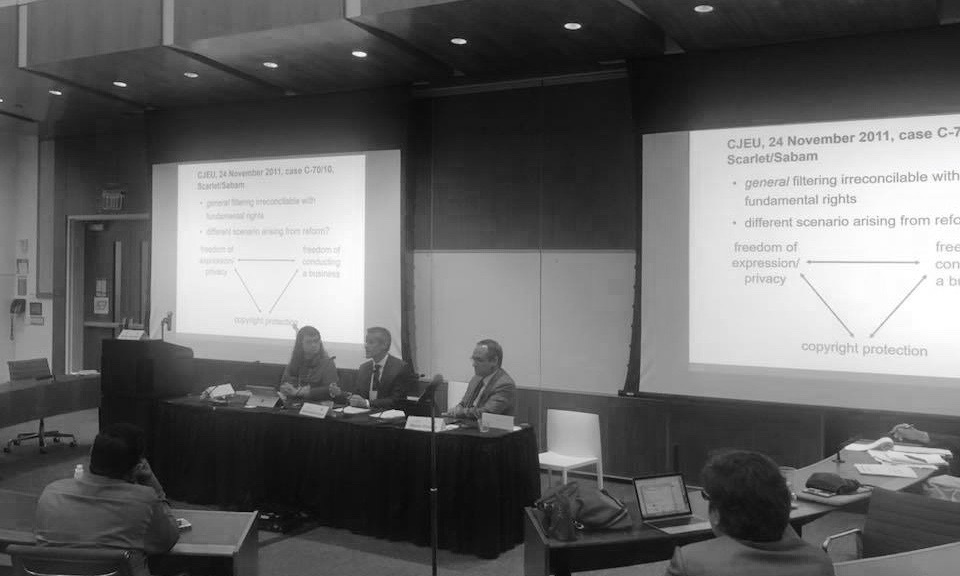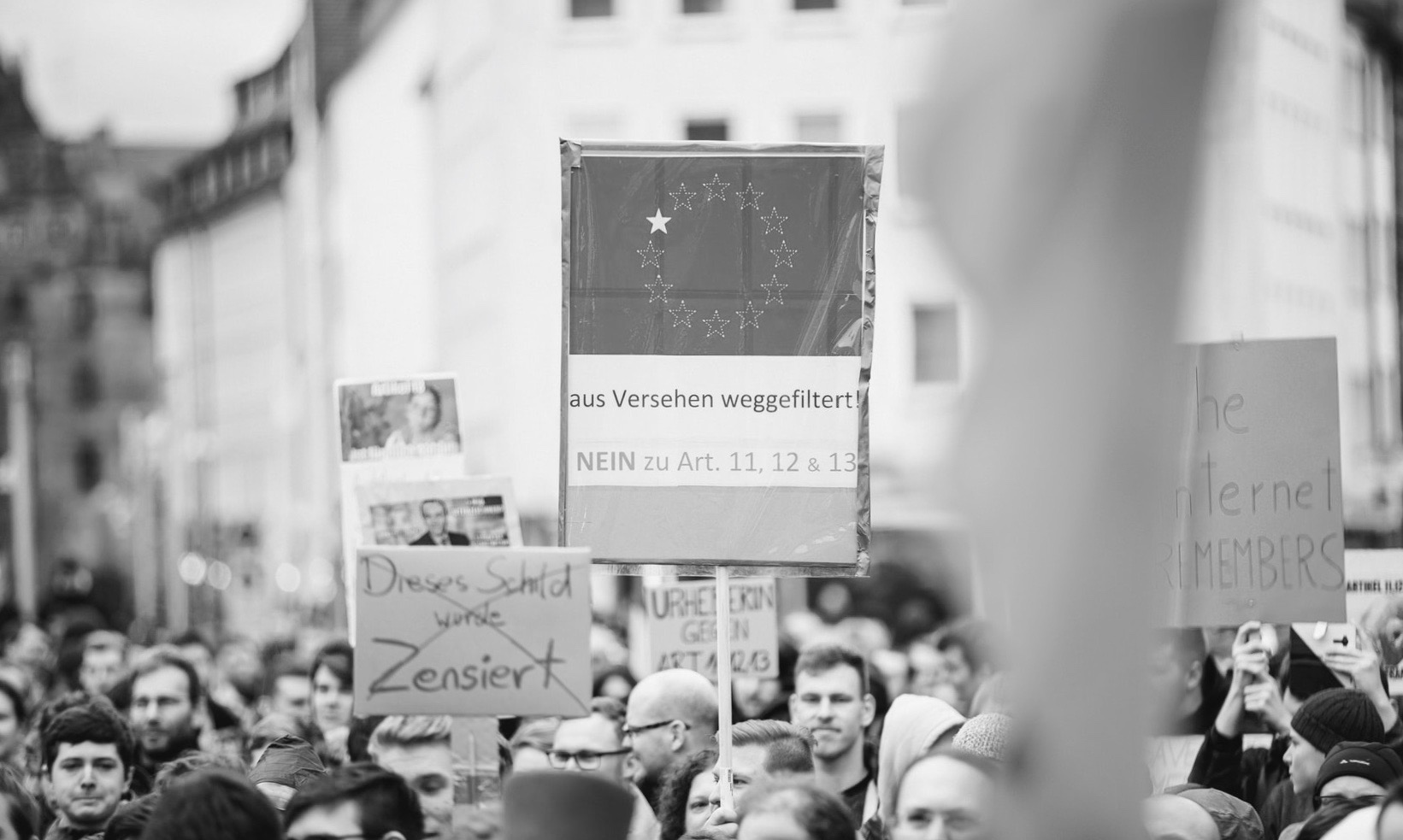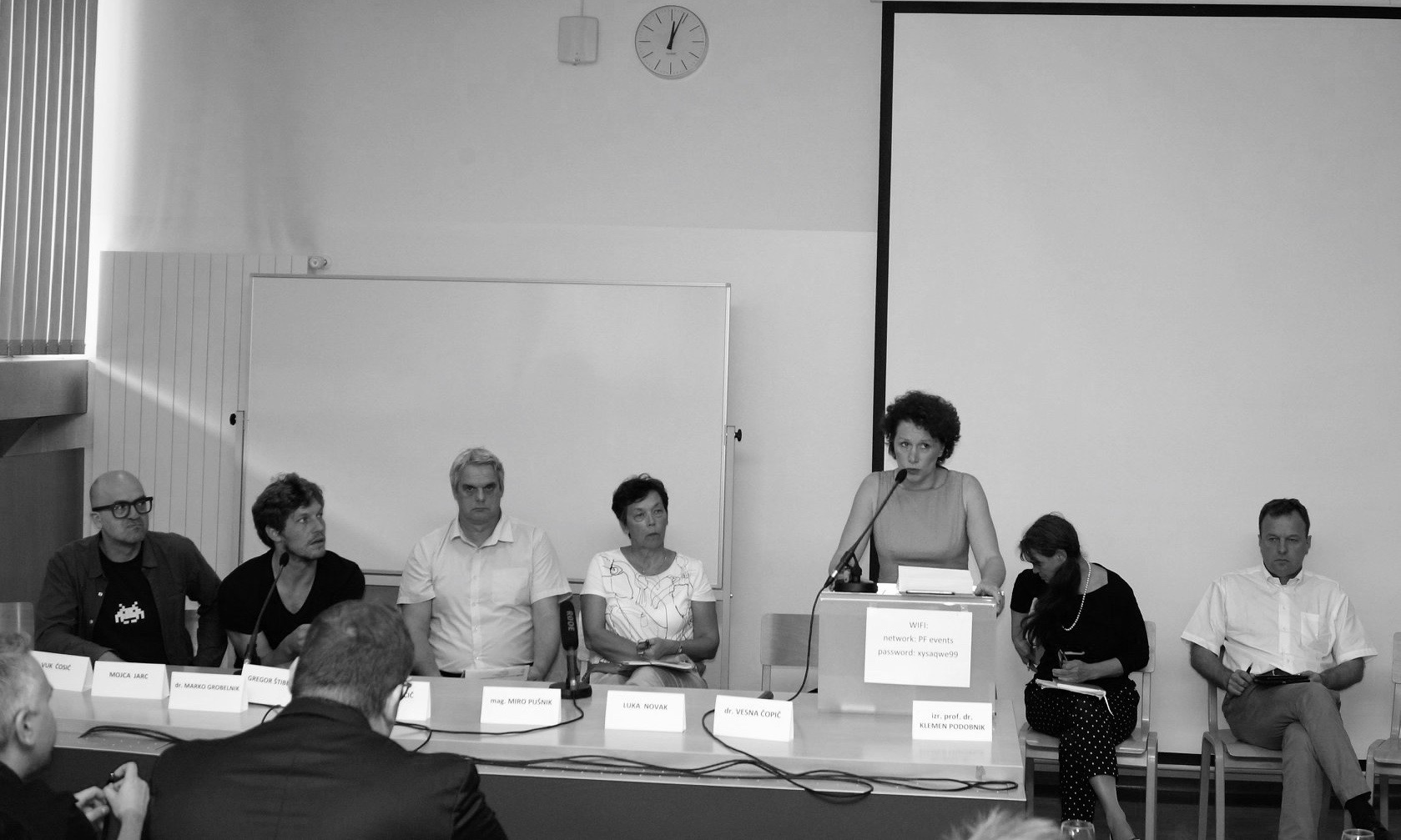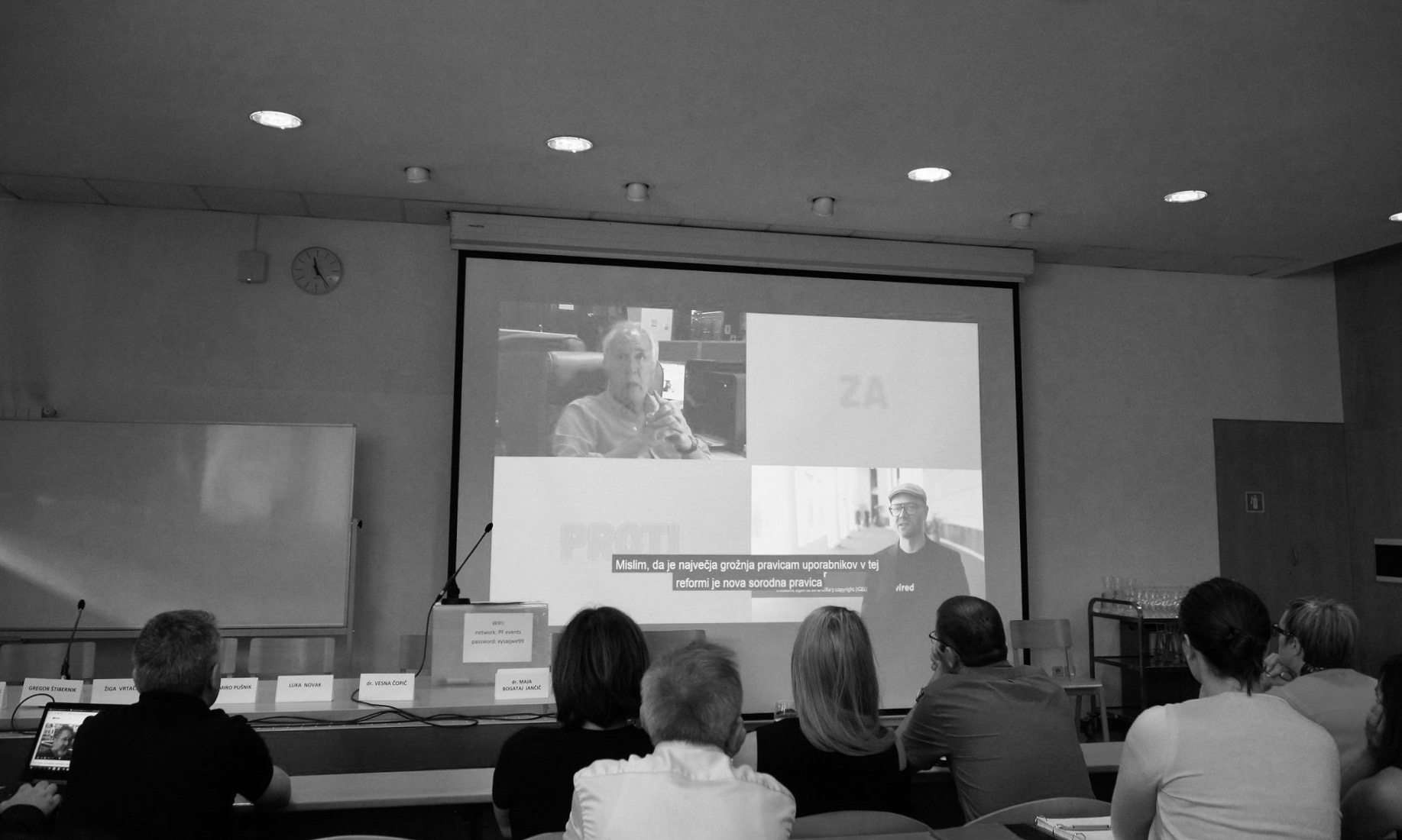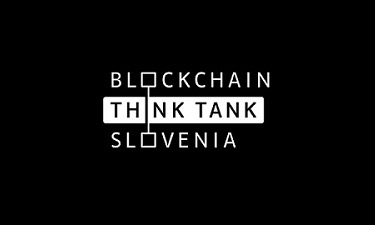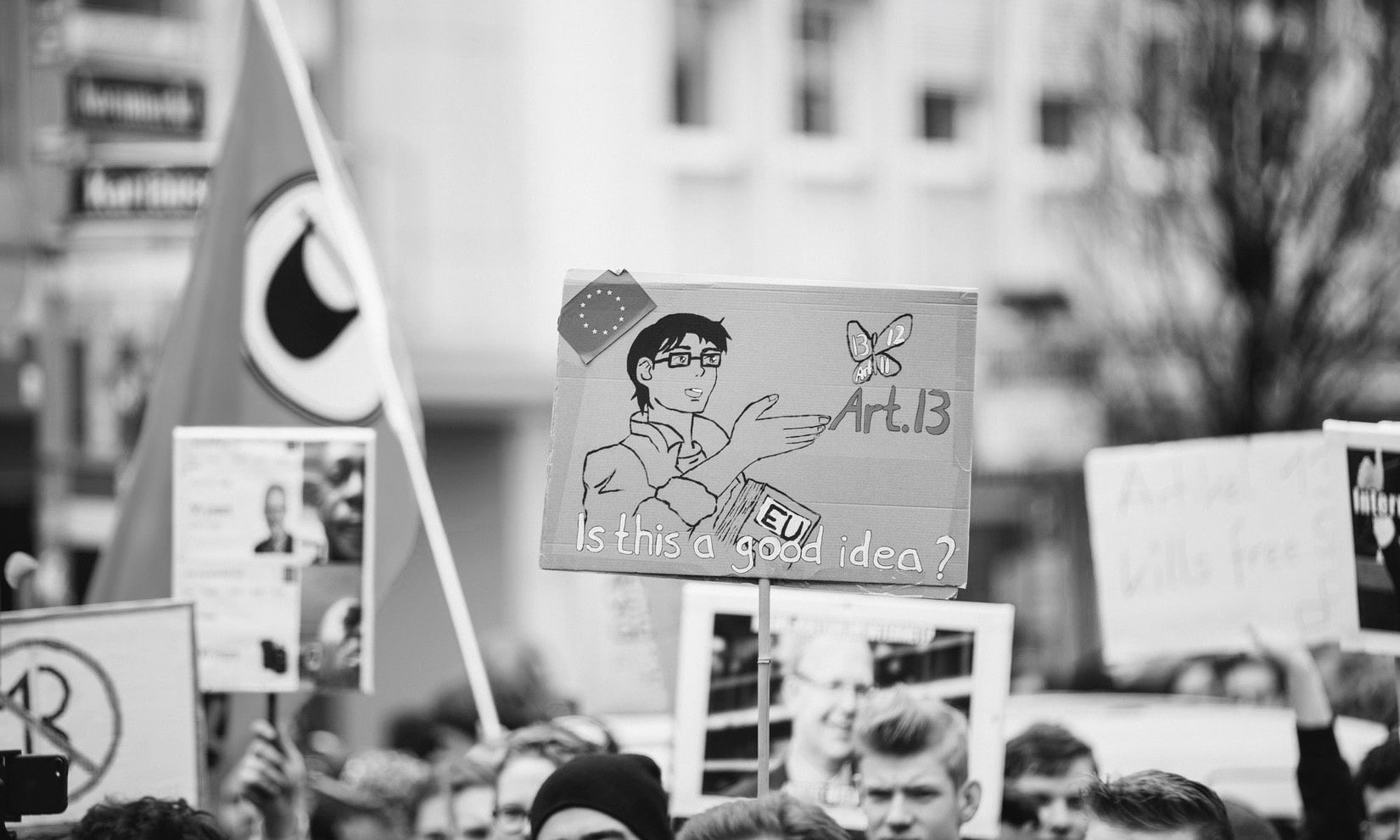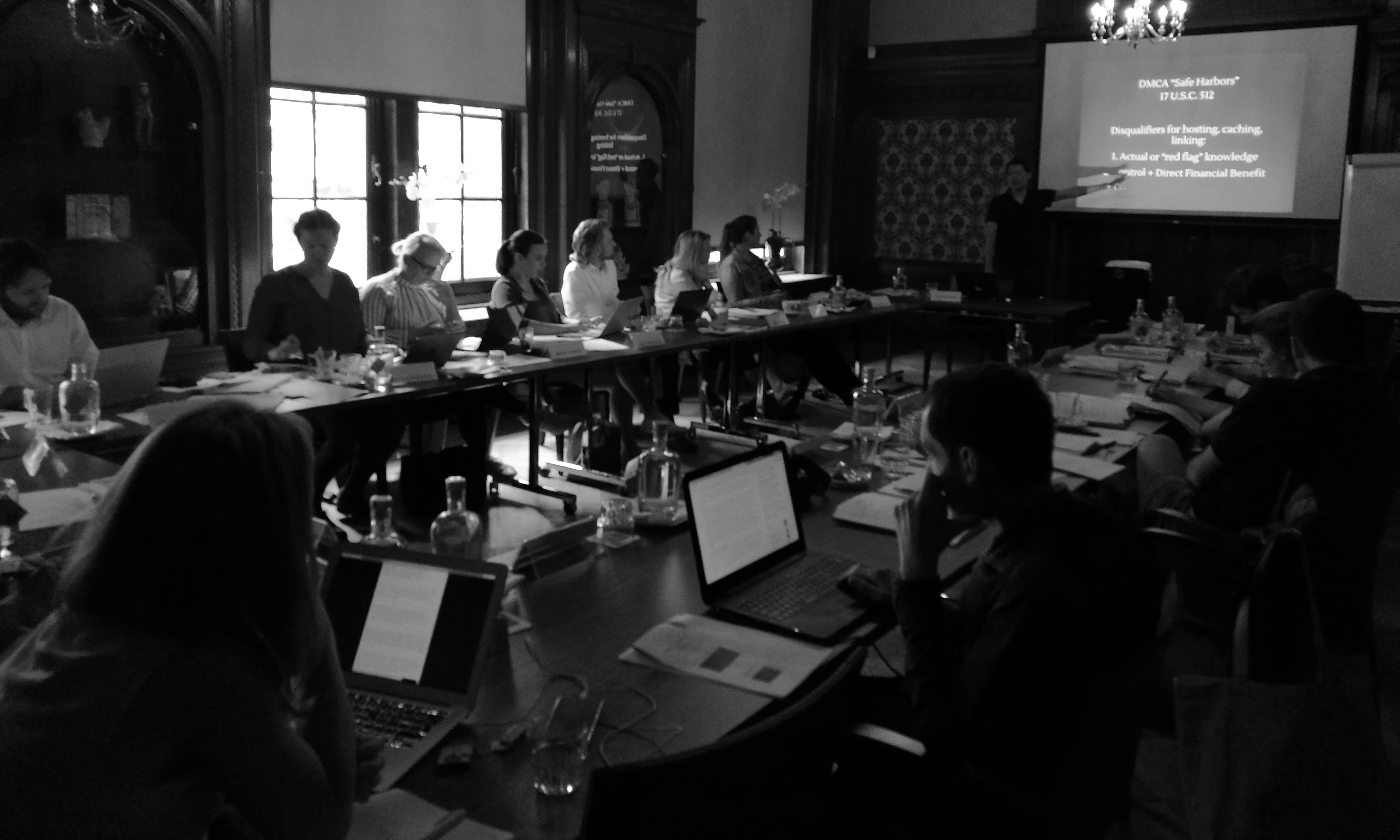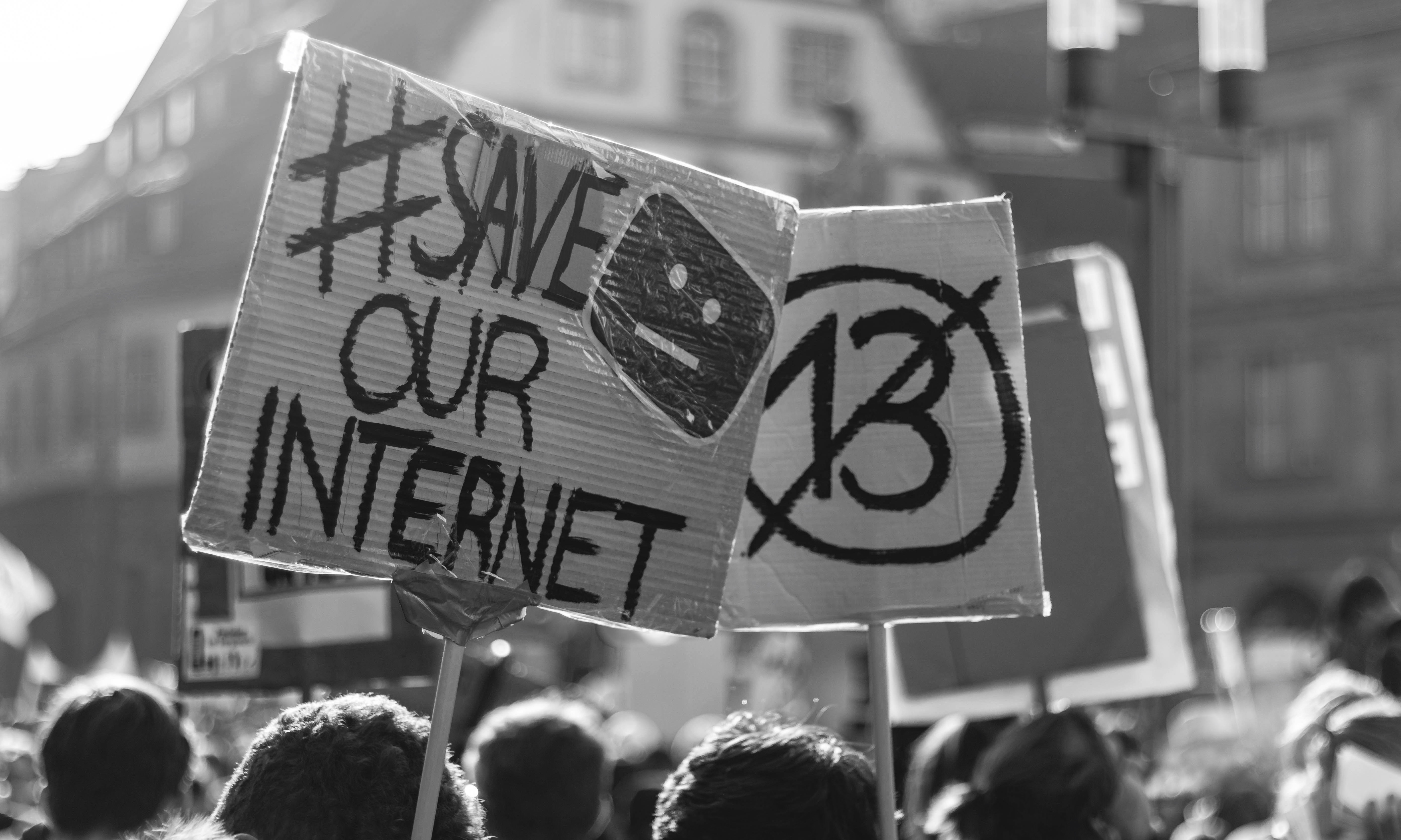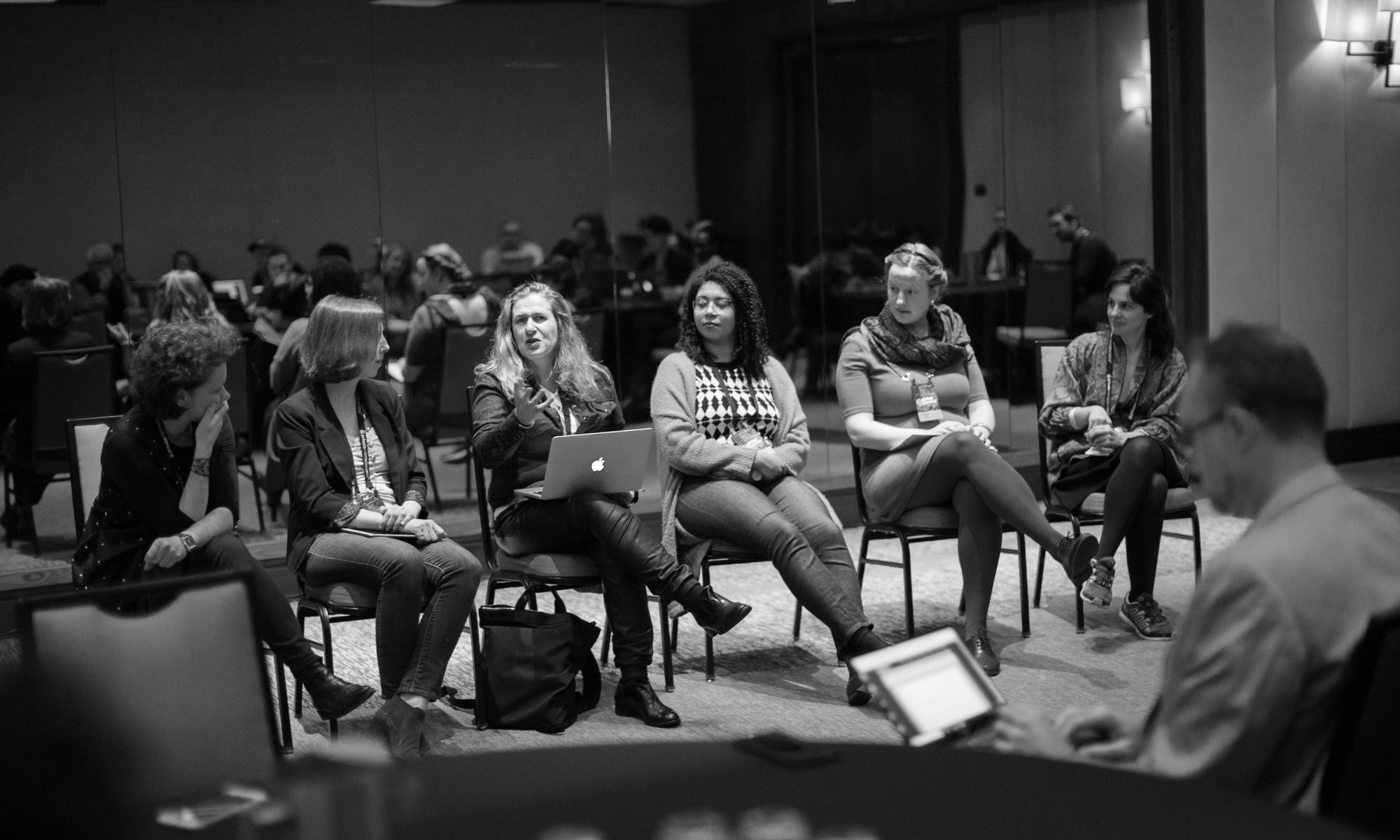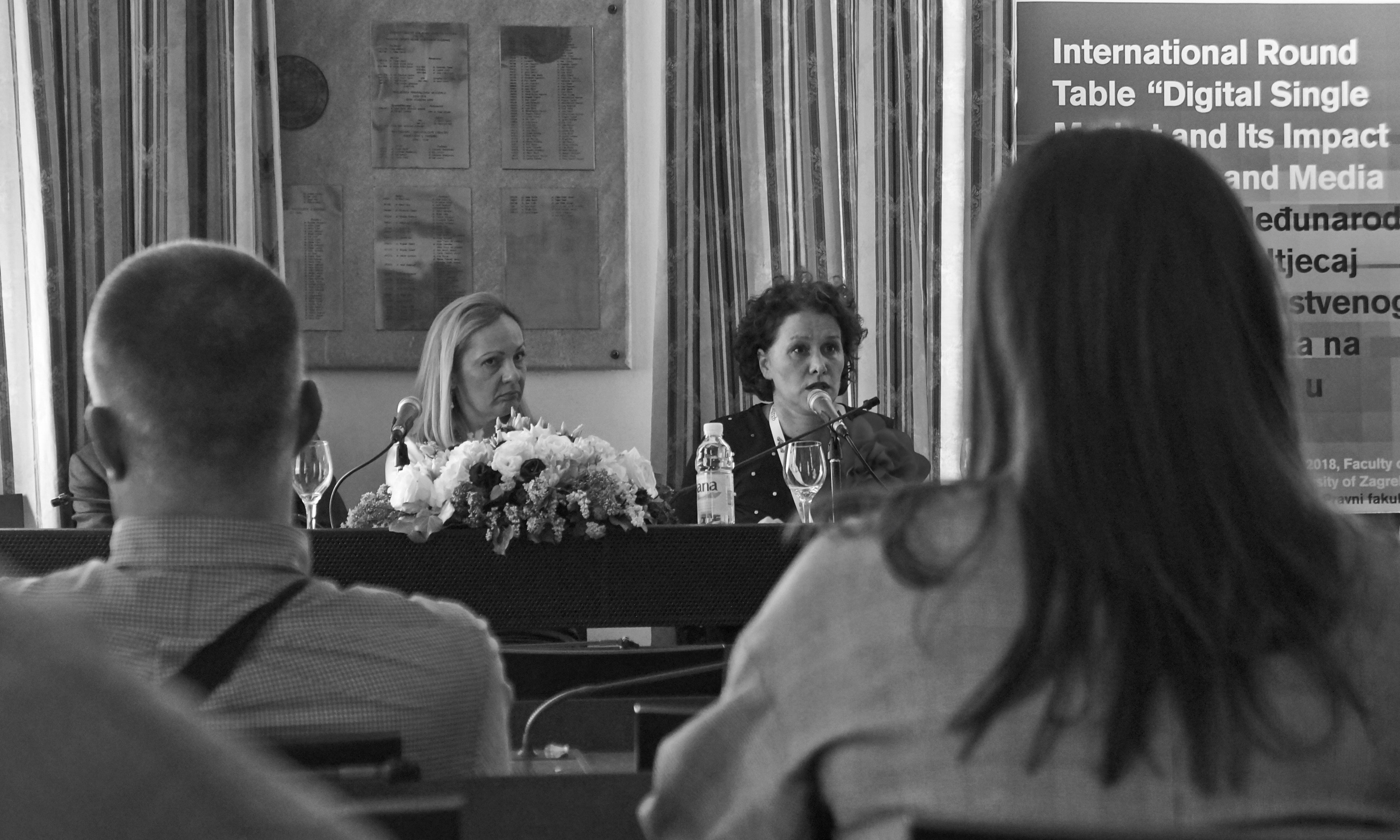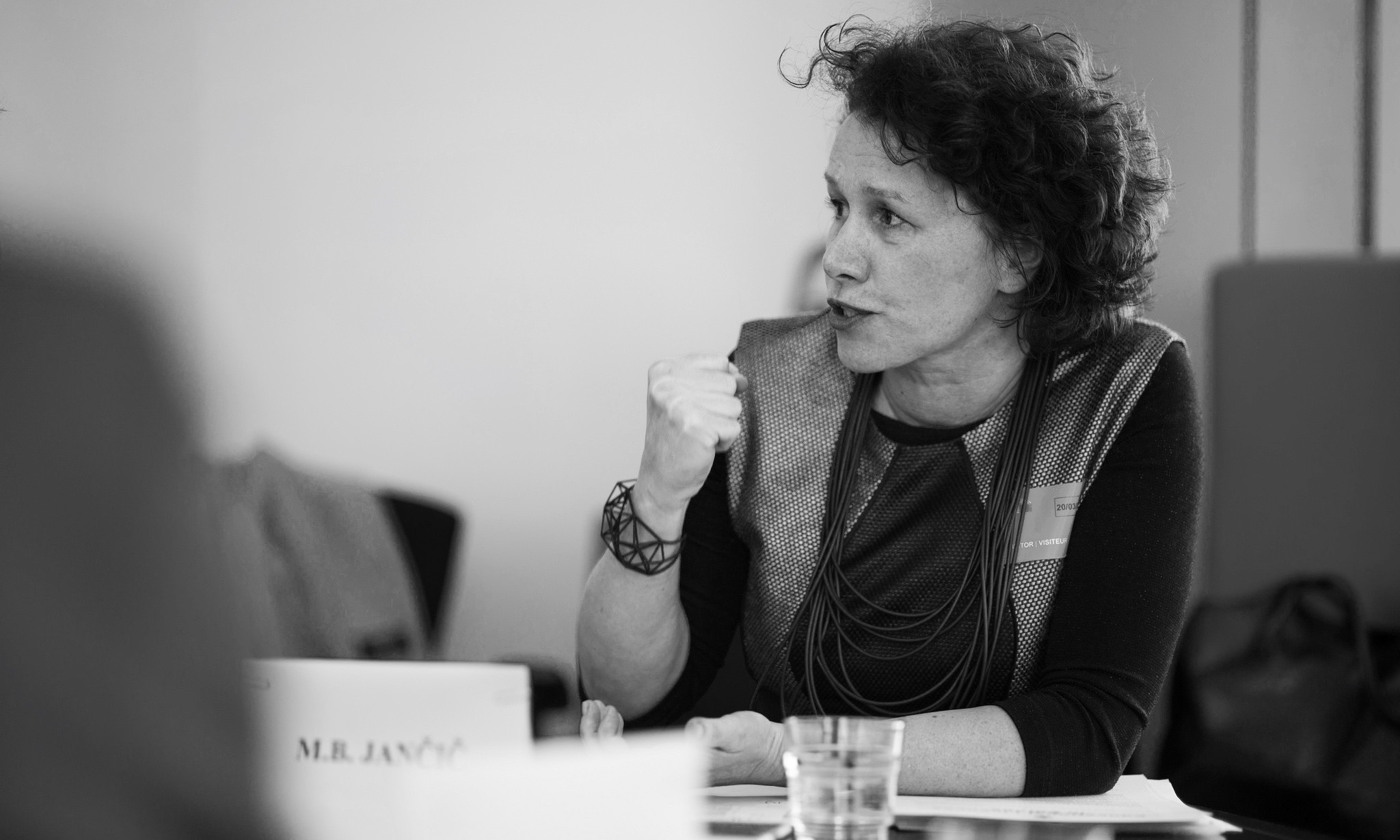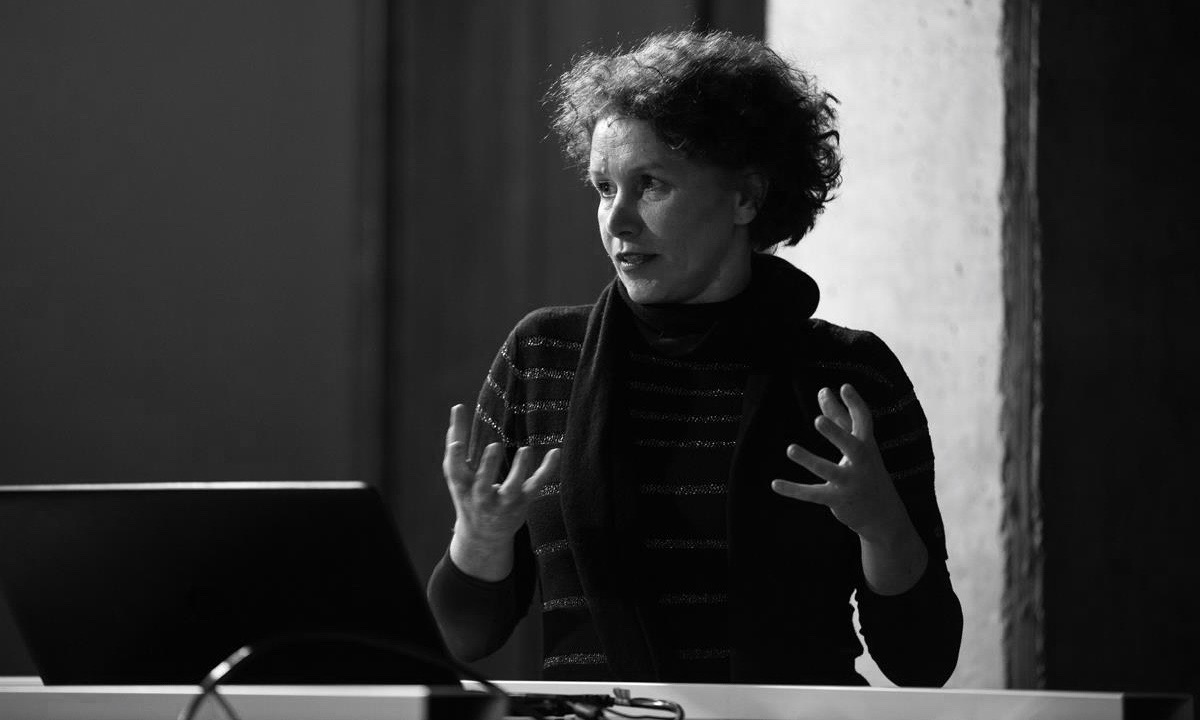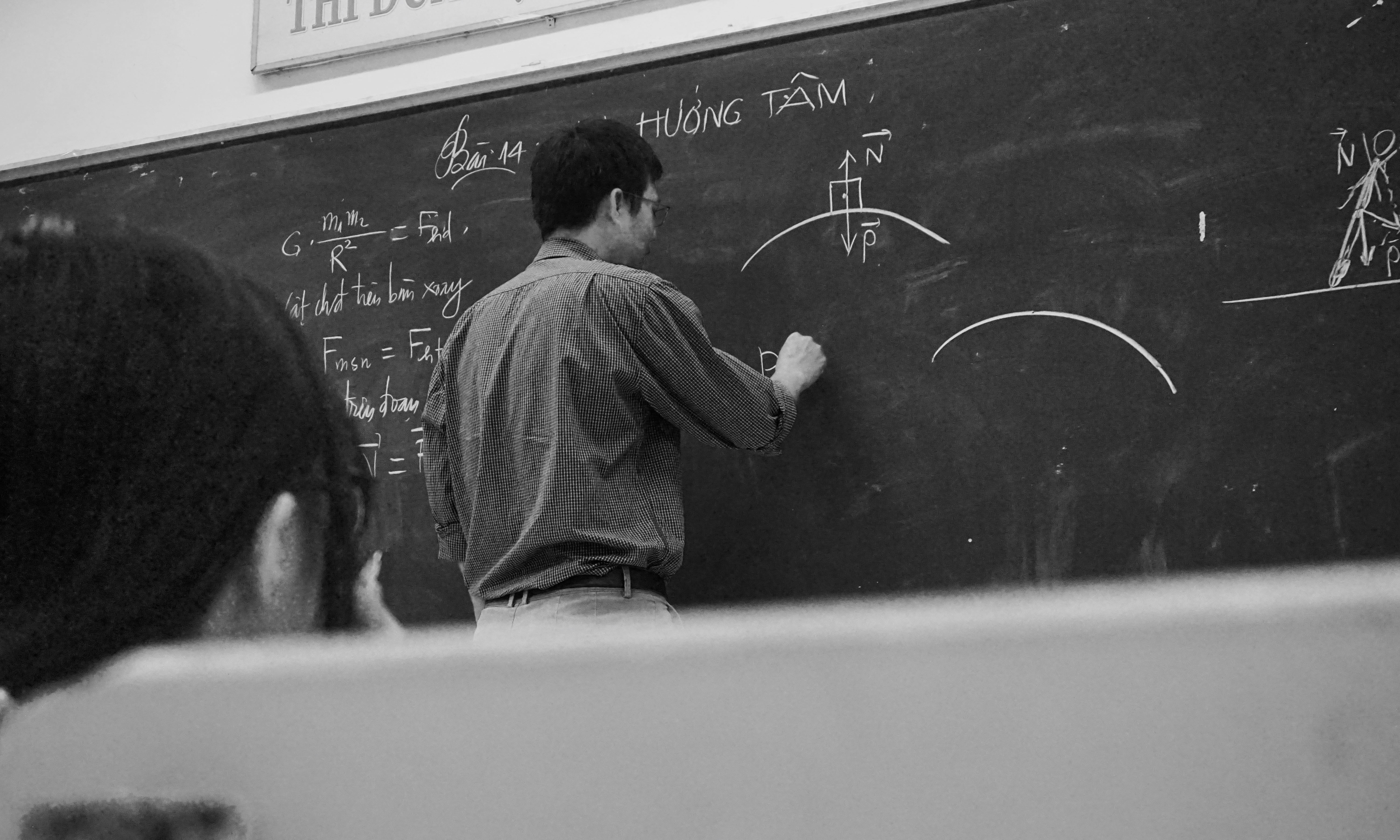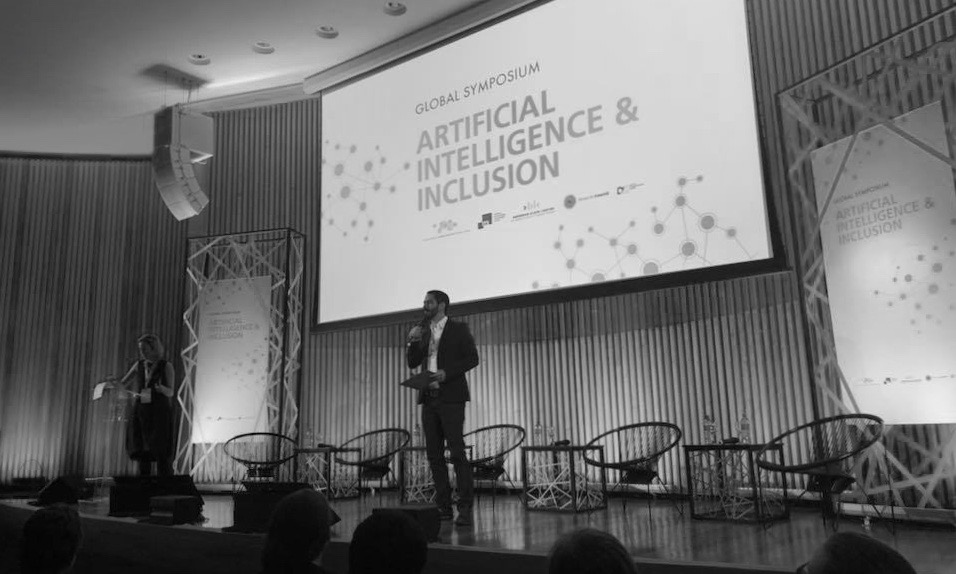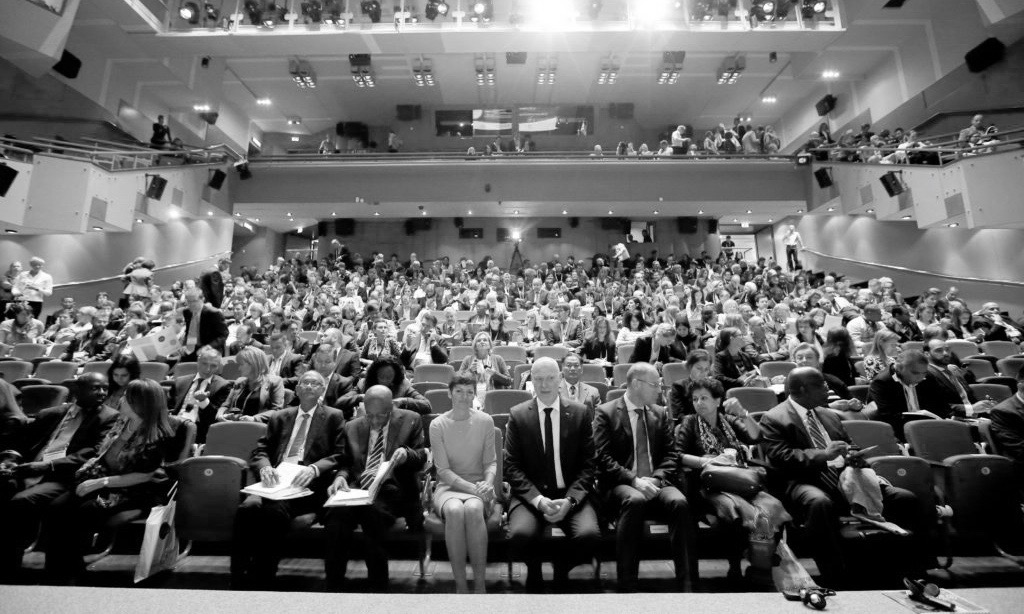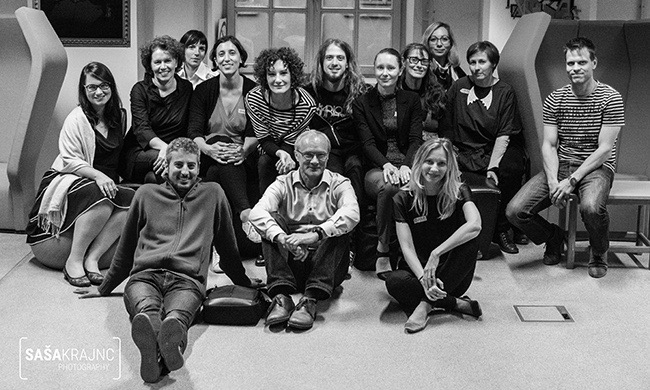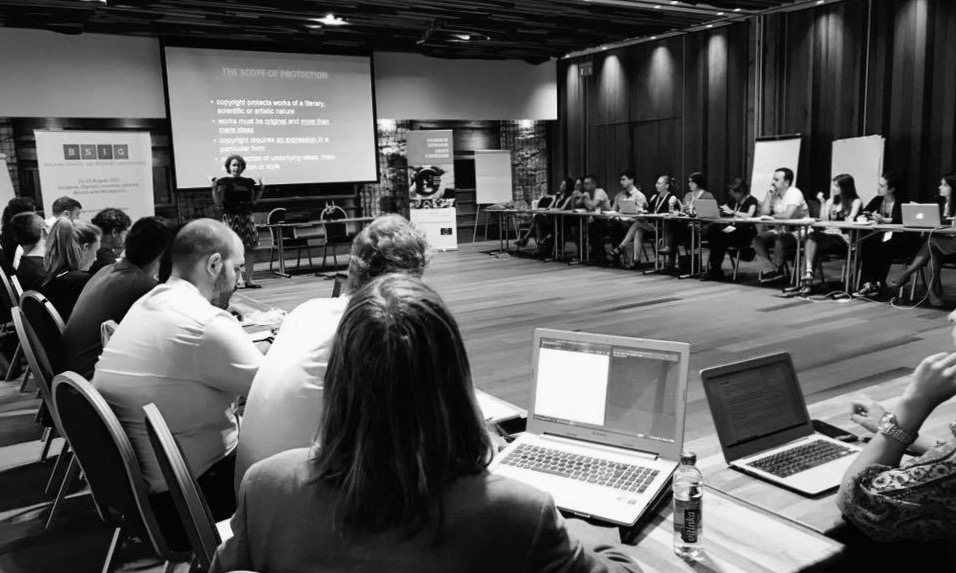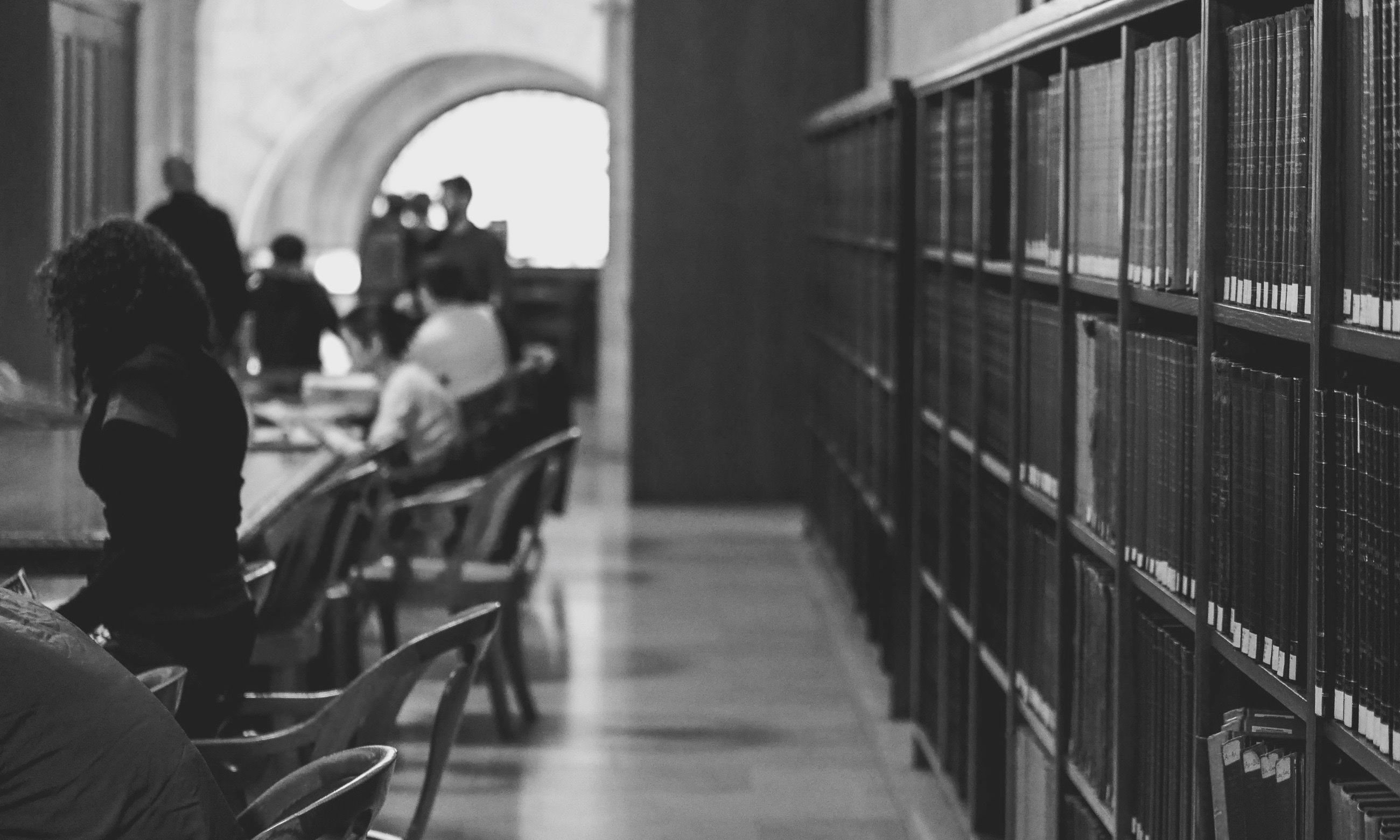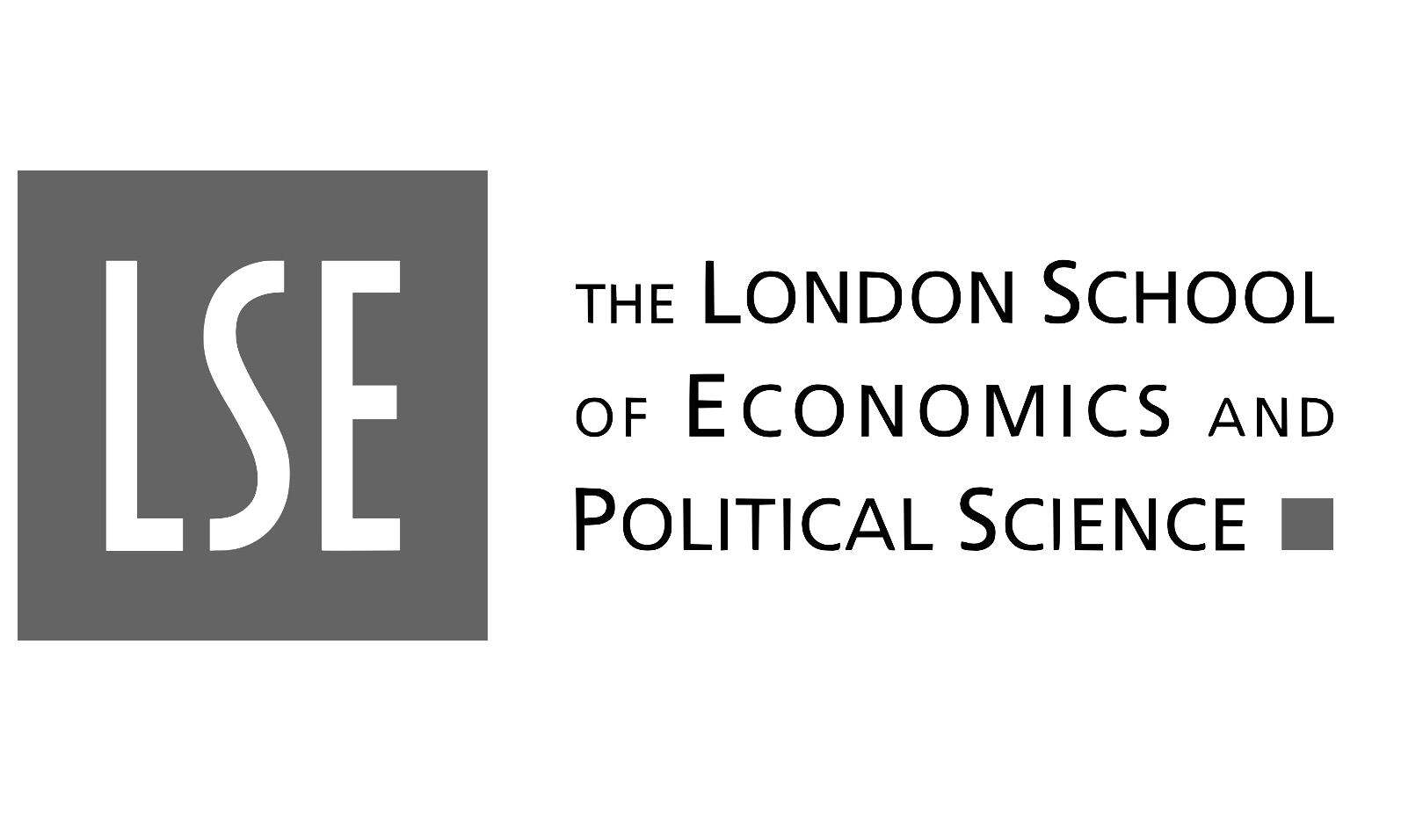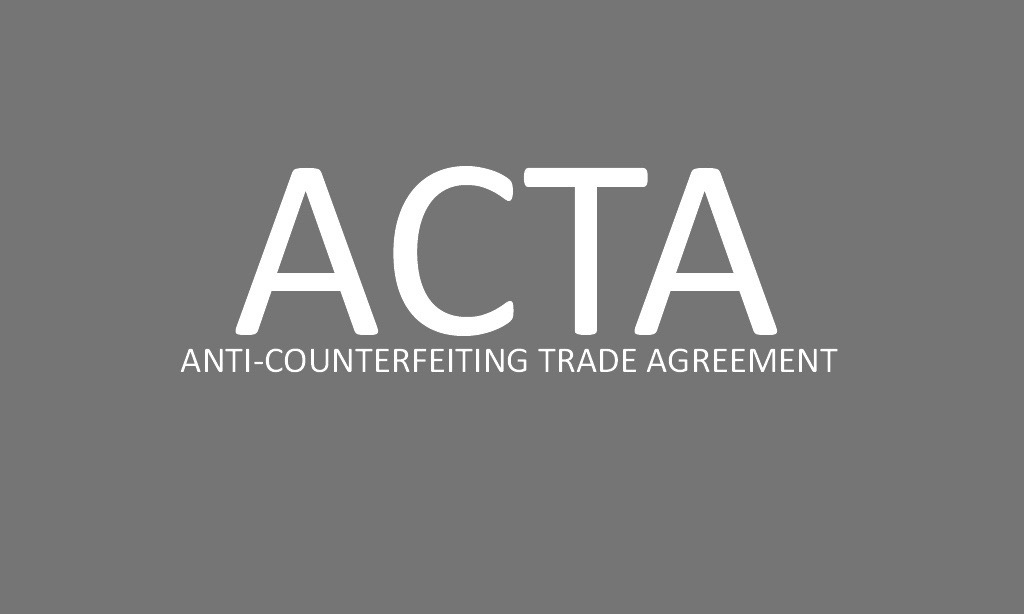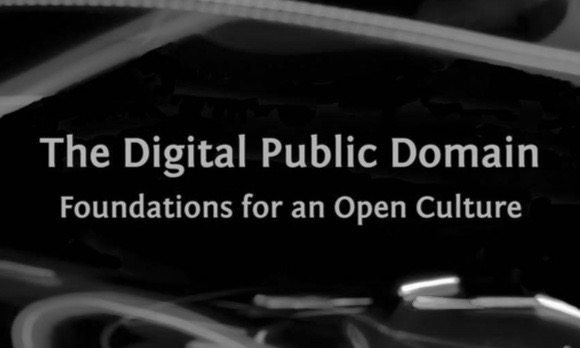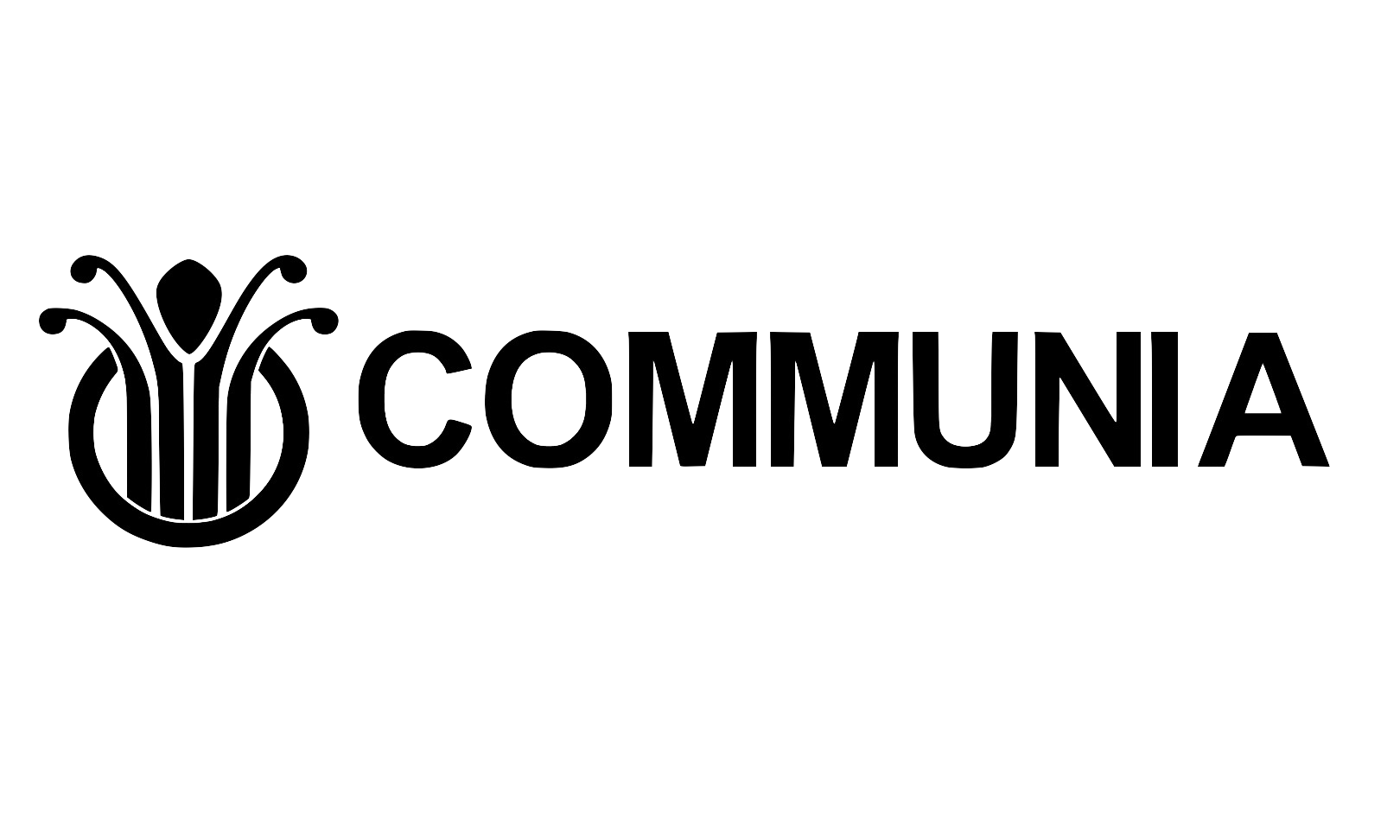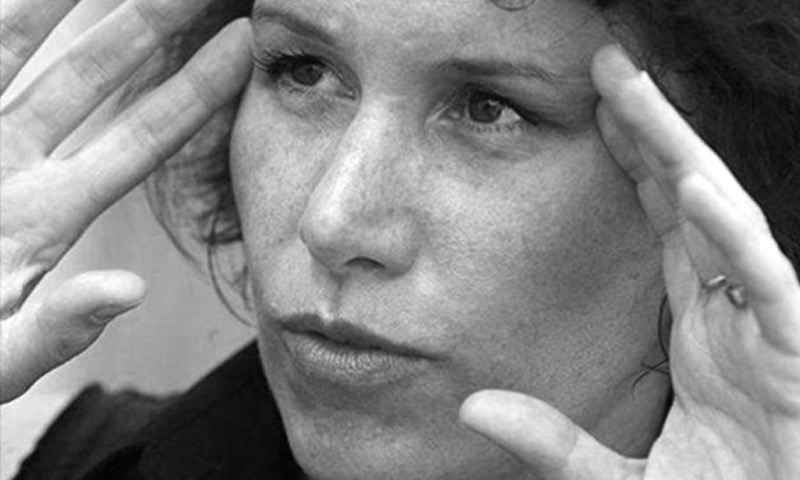The Grand Board of the European Union Intellectual Property Office (EUIPO) finally ruled that the figurative sign ‘COVIDIOT’ cannot be registered as an EU trademark.
The 4th Open Knowledge Day took place on Tuesday 17 October 2023, with an accompanying workshop on 18 October 2023. This year it was organised by the Open Data and Intellectual Property Institute (ODIPI) and supported by Knowledge Rights 21 (KR21).
We invite you to the fourth Open Knowledge Day and the workshop, which will take place this year within the framework of the programme and with the support of Knowledge Rights 21. The event will bring together experts from different European countries to discuss two topics: the first part will deal with the legal basis for data analytics, which is a key part of machine learning and related artificial intelligence, and the general exception for research. In the second part, open science in theory and practice will be presented both in Slovenia and in some Western Balkan countries. Representatives of research and educational institutions from Slovenia and the Western Balkan countries, as well as interested members of the public, are invited to attend.
Dr. Maja Bogataj Jančič, a renowned expert in copyright law, has joined the Berkman Klein Center for Internet & Society at Harvard University, where she will serve as an affiliate researcher for the next two years.
On Friday, October 6, 2023, the online seminar “Practical Experiences in Resolving Copyrights of Modern Book Works” took place. The seminar addressed relevant questions concerning user access to literary works in digital form.
Discussion on the Slovenian aspects of introducing the principles of open science will take place at the 1st national event of the project “GET TO KNOW – Support in Introducing Principles of Open Science in Slovenia”, which will be held on Thursday, October 5, 2023, from 9:00 to 15:00 in the atrium of ZRC SAZU, Novi trg 2, 1000 Ljubljana.
On September 16, 2023, Dr. Maja Bogataj Jančič participated in the event @Re:Source MAH – the 10th International Conference on Histories of Media Art, Science and Technology. The program was divided into various categories (“tracks”), specifically focusing on the documentation and preservation of media arts; climate change; pioneers of media arts; and the history of media arts in museums.
The U.S. Copyright Office has once again denied the registration of an artwork created by artificial intelligence. Artist Jason M. Allen was unsuccessful in his second attempt to register the artwork “Theatre D’opera Spatial” as a copyrighted work because it contains more than a de minimis amount of content generated by artificial intelligence (AI).
On Friday 23 June 2023, a webinar entitled “Copyright and Legal Basis for Generative Artificial Intelligence Training” was held as the inaugural event of an informal research network in the region in the field of copyright. Researchers from Slovenia, Croatia, Bosnia and Herzegovina, Serbia and North Macedonia participated in the event, which is part of the national Open Knowledge Day initiative and the national and regional coordination activities carried out by ODIPI under the auspices of Knowledge Rights 21.
The new report of the Knowledge Rights 21 project partner SPARC Europe is now available.
On Friday 23 June 2023, a webinar entitled “Copyright and Legal Basis for Generative Artificial Intelligence Training” was held as the inaugural event of the Knowledge Rights 21 research network for the Western Balkans region. The research network will study and discuss key issues in the field of Intellectual Property in the region.
The webinar brought together prominent experts from Slovenia, Croatia, Bosnia and Herzegovina, Serbia and North Macedonia. The event is part of the national Open Knowledge Day initiative and the national and regional coordination activities carried out by ODIPI under the auspices of Knowledge Rights 21.
Open Data and Intellectual Property Institute ODIPI is organising a webinar on the topic of text and data mining copyright exception, titled “Copyright-legal basis for training generative AI”, as part of the national and regional coordination of the Knowledge Rights 21 programme.
Maja Bogataj Jančič has been invited as a representative of the Open Data and Intellectual Property Institute to attend the User Rights Network and Library Copyright Alliance meetings in Washington DC.
On 18 May 2023, a meeting on the protection of user rights against contract override will be held in Washington DC.
IPI will participate as a member of the Network of Centers on 18 May 2023 in Boston.
GPAI is co-organising workshops with the Max Planck Institute for Innovation and Competition and Duke University.
On 17 April 2023, the Ministry of Economy, Tourism and Sport and the Intellectual Property Office held an online event entitled “Exceptions and limitations in education, research and science and open science and copyright” as part of a discussion on the further development of copyright legislation.
Today, 20 April 2023, Dr. Maja Bogataj Jančič will give a lecture on Open Science and Copyright, organised by the University of Maribor.
Upcoming webinar (21 April): Flexible Copyright Exceptions II – What can we in Europe learn from the US?
On Wednesday, 5 April 2023, the first meeting of the Council of the Slovenian Open Science Community took place.
The Internet Archive is a non-profit organization that maintains the Open Library, a digital library index, and is dedicated to preserving knowledge. As many of the works in the Internet Archive are under copyright, the Archive uses a system of controlled digital lending based on digital rights management to prevent unauthorized downloading or copying of copyrighted books. In March 2020, due to the circumstances surrounding the COVID-19 pandemic, the Internet Archive established the National Emergency Library, eliminating the waiting lists used in the Open Library and expanding access to books for all readers. In June 2020, the Emergency National Library faced a lawsuit from four book publishers and was ultimately closed.
The 43rd session of the WIPO Standing Committee on Copyright and Related Rights (hereinafter SCCR) made substantial progress on the issues advocated by the A2K Coalition (Access to Knowledge Coalition), which IPI is a member of. This year’s session was the most productive on the issues of exceptions and limitations. James Love (Knowledge Ecology International), a long-time observer at WIPO, described the outcome and the impact of the public interest community as the strongest since the conclusion of the Marrakech Treaty, which brought global copyright exceptions for the benefit of the blind and visually impaired.
Today, March 17, 2023, a symposium on law in the information society is taking place in the golden lecture hall of the Faculty of Law in Ljubljana. Dr. Maja Bogataj Jančič will present copyright aspects of artificial intelligence at the symposium.
The third day of the 43rd session of the WIPO Standing Committee on Copyright and Related Rights is intended for discussion on the topic of exceptions and limitations to copyright, especially in connection with the right to research.
The 43rd session of the WIPO Standing Committee on Copyright and Related Rights (SCCR/43) is being held in Geneva from March 13 to 17, 2023. The Intellectual Property Institute has a permanent observer status at WIPO since 2022 and is also a member of the Access to Knowledge Coalition (A2K coalition).
Dr. Maja Bogataj Jančič will present copyright aspects of artificial intelligence at the symposium.
Great works of art, which are already within the public domain, which means that their copyright protection has already expired, are being recreated by Thaïs Vanderheyden. In this way, art is brought closer to children who are fascinated by her works of art.
A workshop on proposing a research-appropriate EU legislative and regulatory framework on copyright and data was organised in Brussels on February 23 and 24, 2023 in the scope of Action 2 of the European Research Area (ERA). Dr Maja Bogataj Jančič attended the workshop as the Slovenian representative for Action 2 in the ERA group. She presented the Slovenian data and text mining exemption, which is among the most advanced in Europe, and pointed out the many copyright obstacles in Slovenian legislation.
On 26 January 2023, Minister Dr Igor Papič appointed Dr Maja Bogataj Jančič, LL.M., LL.M. (Intellectual Property Institute) and Ana Fidler (Central Technical Library of the University of Ljubljana) to the European Research Area (ERA) team for Action 2, which includes tasks in the field of “Propose an EU copyright and data legislative framework for research”.
The European Commission decided to refer 11 Member States to the Court of Justice of the European Union for failing to notify the Commission of transposition measures under two Directives with respect to copyright.
Until March 7, 2023, research proposals focused on proving the impact of copyright exceptions for research in various legislations and on proving the mutual influence of the operation of technological protection measures (technological protection measures TPM) and copyright exceptions, both in the European area, are being collected.
Until March 31, 2023, initiatives are also being collected for national projects that would have a demonstrable impact on the regulatory framework.
ChatGPT poses difficult questions in the field of authorship as well as in the field of ethics in science (and also in other fields where independent work is required).
How does the right to education and science limit copyright law?
In June 2022, Communia launched a competition for the best implementation of the Directive on copyright and related rights in the Digital Single Market (DSM Directive). The “Eurovision DSM contest” aims to track the implementation of the DSM Directive in the 27 EU member states.
Knowledgerights 21 is organizing a webinar on flexible copyright exceptions from a European perspective that will take place on February 13, 2023, from 11:00 to 12:30.
Communia is looking for a Policy Advisor who is passionate about the Public Domain and dedicated to enabling access to culture and knowledge.
The Slovenian Copyright and Related Rights Act was amended in September. The adoption process was intensely problematic and resulted in numerous solutions at the expense of researchers and educators, while also being contrary to the national open science strategy. The issue was considered in detail by Maja Bogataj Jančič and Sandra Koren in an open access article in Sobotna priloga, Delo.
The positive changes in the amendment are due to the persistence of researchers that were supported by the Minister of digital transformation, dr. Emilija Stojmenova Duh. This resulted in the adoption of a progressive TDM exception.
Creative Commons have announced the publication of Towards better sharing of cultural heritage — A Creative Commons Call to Action to Policymakers. The resource aims to support policymakers with key arguments to reform policy, in particular copyright, to achieve better sharing of cultural heritage in the public interest.
The National Assembly adopted amendments to the Copyright and Related Rights Act (ZASP-I) and the Collective Management of Copyright and Related Rights Act (ZKUASP-A) in an urgent legislative procedure at the end of September 2022. With that, Slovenia implemented the Directive on copyright and related rights in the Digital Single Market. The entire process took a year and a half with the two acts being adopted in an urgent procedure due to the threat of sanctions from the EU, or so the lawmakers claimed.
During the process of public debate, stakeholders from the fields of research, education, preservation of cultural heritage and other areas in the public interest forwarded numerous comments, opinions and detailed suggestions for optimal implementation of the Directive. Time and time again, their suggestions were largely ignored.
When the acts were adopted, the Ministry of Economic Development and Technology (MGRT) announced that they are planning further discussions with stakeholders regarding the development of copyright legislation. The first public consultation was held on 6 December 2022 at the Faculty of Law in Ljubljana.
Dr. Maja Bogataj Jančič from the Intellectual Property Institute represented ZRC SAZU, KOsRIS, University of Ljubljana, CTK UL and Arnes, Maribor University Library, Association of Library Associations of Slovenia (Zveza bibliotekarskih društev Slovenije) and the Higher Education Union of Slovenia (Visokošolski sindikat Slovenije) at the consultation.
The following day, December 7, 2022, the Intellectual Property Institute, in cooperation with KOsRIS, ZRC SAZU, CTK UL and the University of Ljubljana, organized a press conference on the adoption and further development of copyright legislation. The speakers were Dr. Jerneja Fridl (ZRC SAZU), Mag. Miro Pušnik (CTK UL) and dr. Maja Bogataj Jančič (Intellectual Property Institute).
Open Future EU is hosting an Open Future Salon #2 Launch of Paradox of Open: responses on 30. 11. 2022 at 17:00. At the Salon, a collection of essays in response to the Paradox of Open by Paul Keller and Alek Tarkowski will be launched.
Global Partnership on AI (GPAI) is a multidisciplinary initiative, joining together experts from various fields to foster international cooperation in responsibly developing all things AI in theory and practice.
Data Governance Working Group (DGWG) is one of the four groups of experts, working for sustainable development of AI in the scope of GPAI.
In late August, the Swiss Federal Court upheld a lawsuit by Lindt & Sprungli, ruling that Lidl must stop selling its golden chocolate bunnies and destroy all remaining stock, as they infringe on Lindt’s 3D trademark.
The Access to Knowledge Coalition, also known as the A2K Coalition, is a group of non-governmental organizations united in their commitment to a fair and balanced copyright system.
Dr. Maja Bogataj Jančič, LL.M., LL.M., is giving a lecture on “Legal issues in open research” at the Open Science Summer School, organised by the University of Maribor.
The White House Office of Science and Technology Policy has updated the 2013 memorandum guaranteeing free public access to the results of publicly funded research and research data – including in a machine-readable format – without additional barriers and immediately upon publication. The regulation was welcomed by the Washington College of Law and PIJIP‘s Project on the right to research and international copyright. Representatives emphasized that public access to scientific work financed from public sources should be universal.
Communia and Gesellschaft für Freiheitsrecht are organising Filtered Futures, the conference on constraints that upload filters place on fundamental rights, after the CJEU ruling on Article 17 of the Copyright Directive. The event will take place on September 19th, 2022, at Robert-Bosch-Stiftung in Berlin.
The French government has a new plan for Europe that could help the EU compete with the US tech giants: the digital commons.
The International Association of Library Associations and Institutions (IFLA), PAC Centre for digital preservation, hosted at the National Library of Poland is holding a series of 10 webinars on basic understanding of digitisation projects.
Communia, a non-governmental organisation that advocates for policies that expand the public domain and increase access to and reuse of culture and knowledge, issued twenty new copyright policy recommendations for the next decade.
The DSM Directive entered into force in June 2019 and the deadline for implementation expired on 7 June 2021. On 23 June 2021, the Commission launched multiple infringement procedures and sent letters of formal notice to Slovenia and 22 other Member States that had failed to notify it of the full transposition of the Directive. Slovenia remains among the 14 Member States against which the Commission is continuing the infringement procedure. On 19 May 2022, the Commission sent reasoned opinions to Belgium, Bulgaria, Cyprus, Denmark, Greece, France, Latvia, Poland, Portugal, Slovenia, Slovakia, Finland and Sweden.
The 42nd WIPO Standing Committee on Copyright and Related Rights was held in Geneva from 9 to 13 May 2022.
Dr. Maja Bogataj Jančič is participating in tomorrow’s webinar concerning privacy online. The webinar, organised by the Institute for Comparative Law at the Faculty of Law in Ljubljana, will take place on Tuesday, the 17th May, between 2pm and 3:30 pm. Registration is free.
World IP day 2022 was marked by the CJEU release of the highly anticipated judgement in case C-401/19, Poland v Council and Parliament. At IPI, this day is traditionally celebrated by rounding up the pros and cons of last year’s IP landscape in Slovenia.
On April 26th, the Court of Justice of the EU will hand down its decision on the annulment of Article 17 of the DSM Directive in Case C-401/19, Poland v Council and the Parliament. Communia is hosting a virtual salon to discuss the implications of this highly anticipated judgement and what it means for the national implementations of Article 17. The registration is free and open!
The Data Governance Working Group (GPAI), co-chaired by Maja Bogataj Jančič and Jenni Tennison, will present their latest research at this year’s AI UK 2022, the UK’s national showcase of artificial intelligence and data science research and collaboration on 23rd of March, 2022 at 13.00. This event will be hosted by The Alan Turing Institute. Four content-filled sessions will be kickstarted by Chris Philp, Minister for Technology and Digital Economy. AI UK 2022 will be a virtual event broadcast from London.
On 11 and 12 March 2022 the World Conference “Second Digital Day’22” (SDD’22) was held as a webinar. The target of this global event was to structure an authentic digital Humanism that can be spread all around the planet. Also dr. Maja Bogataj Jančič, LL.M., LL.M. gave a lecture at the event, and on 12 March 2022 presented the topic “Copyright Exceptions and Restrictions: The Key to Sustainable Development”.
On Wednesday 2nd of March, 2022, at 15.00 COMMUNIA will host the first COMMUNIA Salon of 2022. This edition will focus on the treatment of the Sui Generis Database Right (SGDR) in the European Commission’s proposal for a Data Act that was published on the 23rd of February. You’re cordially invited!
The fourth roundtable on the Ethics of Artificial Intelligence (AI) “Challenges of AI Ethics and Governance: From Principles to Practice” will be held on 24 February 2022 from 12:00 to 14:00. The roundtable will be held online and will be open to the public. This roundtable will address a number of challenges that the governance of AI triggers from an ethical perspective. These include how to translate the ethical principles into practice; how to measure fairness and equity; and the incentives that may push the private sector to comply with ethical principles such as inclusiveness. You are cordially invited!
The first outputs from the Global Partnership on AI (GPAI) Data Governance Working Group (DGWG) project Enabling data sharing for social benefit through data trusts are published. The end goal of this project is to help GPAI realise the potential of data trusts as a tool to promote the safe, fair, legal and equitable sharing of data, in service of the UN Sustainable Development Goals. You can read more about the project here.
A recording of the public session of the Data Governance Working Group (DG WG) of 12 November 2021 has been published. DG WG’s public session took place within the 2nd GPAI Summit, held from 11 to 12 November 2021 in Paris, France. The latter included reporting on study topics from all ten working groups, including reporting from the DG WG. The DG WG public session is now also available on the GPAI Youtube channel. If you missed the live broadcast, you are invited to watch!
You are invited to the discussion Artificial Intelligence: Creator or Tool of Creation?, which will take place as part of the exhibition Live, Laugh, Love, on February 8th, at 5 pm in the Kresija Gallery. Designer Emil Kozole and dr. Maja Bogataj Jančič, LL.M., LL.M., will explain how they see the development of artificial intelligence in the future and how this development will or should be followed by legal regulation. Welcome!
On January 5, 2022, the Ministry of Economic Development and Technology (MGRT), together with the Intellectual Property Office (URSIL), organized an online consultation. Representatives of URSIL and MGRT first presented to the interested professional public the planned substantive changes to the main solutions of the amended Proposal on Amendments to the Copyright and Related Rights Act (ZASP-I) and the amended Proposal on Amendments to the Collective Management of Copyright and Related Rights Act (ZKUASP-A). Many participants argued that the competent drafter did not provide the interested parties with the amended draft proposals before the discussion, but instead provided all the registered participants only with a meager slide presentation, which was misleading in some places.
On December 10th, 2021, at 8.00, at the OERcamp.global 2021, which is a 48-hour conference with practitioners, activists, scientists, nOERds and novices from around the globe, the pre-recorded session of Remote education during the pandemic, Teacher’s perspective will be played. After the played recording, dr. Maja Bogataj Jančič, LL.M., LL.M., Anahita Rezaei (Centrum Cyfrowe) and Teresa Nobre (Communia) will be available to answer the questions. Welcome!
On December 9th, 2021, Career Centers at University of Ljubljana are organizing an online event “Copyright law and Copyrights”, where dr. Maja Bogataj Jančič, LL.M., LL.M will lecture. The lecture will relate to the topic of copyright law and copyrights, and will first guide listeners through the history of copyright, through the philosophical justification of copyright to the current regulation of copyright in Slovenia. Welcome to join us!
On 23rd of November, 2021, the European Commission has published two reports in the field of copyright, as required by Directives 2014/26/EU (CRM Directive) and 2019/790 (DSM Directive). They are supported by two studies: Study on emerging issues on collective licensing management in the digital environment, and Study on selected issues relating to the application of the CRM Directive.
A new book “Law and Artificial Intelligence: Issues of Ethics, Human Rights and Social Harm” was published (Institute of Criminology at the Faculty of law in Ljubljana, 2021), the editors of which are prof. dr. Aleš Završnik and dr. Katja Simončič. The author of one of the articles is also dr. Maja Bogataj Jančič, LL.M., LL.M., who wrote an article on the topic of whether artificial intelligence can be an author of a copyright work.
Jožef Štefan Institute is organising GO-DIP workshop series, first of them coming on November 19th, 2021 is revolving around software IP and data agreements. The GO-DIP project aims to increase the competencies of knowledge generators and intermediaries. At 15.10 dr. Maja Bogataj Jančič, LL.M., LL.M. will be lecturing in the Workshop: Development of a checklist for model digital IP agreements. Welcome!
2nd GPAI Summit will occur from 11-12 November, 2021 in Paris, France. Leading international AI experts from civil society, academia, industry and governments, including ministerial-level delegates from GPAI’s Membership, will come together for GPAI’s annual event. This public-facing event will include reporting on the ten Working Groups’ study topics, including the reporting of Data Governance Working Group (DG WG). Public conferences will be broadcasted live on GPAI’s Youtube channel. Welcome!
Tomorrow, on November 9th, 2021, Chancellery of the Prime Minister (Poland) is organising an online conference “The future is data”. The main theme will be data management and sharing. The conference will kick-of at 10.00, and dr. Maja Bogataj Jančič, LL.M., LL.M. will also lecture at 12.30. Welcome!
The Hungarian Presidency of the Committee of Ministers is committed to inspire important discussions on the safe exploitation of the full potential of artificial intelligence (AI). In line the intention to contribute to the improvement of AI policymaking at global, regional and national levels, the Government of Hungary, in collaboration with the Council of Europe, organised a conference on 26 October 2021, focusing on the theme of current and future challenges of coordinated policies on AI regulation.
In the process of implementing the DSM Directive, the German Justice Ministry presented multiple draft versions of the implementation law based on several rounds of public consultation. Thereupon, on 19 of May, 2021, the German Bundestag adopted the law (Urheberrechts-Diensteanbieter-Gesetz, “UrhDaG”), implementing the provisions of the DSM directive into German law, about which IPI has already reported. UrhDaG has entered into force on 1 of August, 2021. In regards to the implementation of Article 17, Germany was the first Member State to present a system of ex-ante user rights safeguards. As of 28 May 2021, Germany has also fully implemented the remaining provisions of the DSM Directive, which entered into force on 7 June.
On 23 September 2021, AG Hogan delivered his Opinion in the C-433/20 Austro-Mechana case which concerns the exception and limitation of copyright from Article 5(2)(b) of the Directive 2001/29/EC of the European Parliament and of the Council of 22 May 2001 on the harmonisation of certain aspects of copyright and related rights in the information society (InfoSoc Directive), specifically in regards to the private copying exception. The AG suggests that the private copyright exception applies in the cloud, but a separate levy may not be payable.
Today, on the October 8th, 2021, 55 organizations signed and sent the letter to Delegations, supporting the Wikimedia Foundation’ application for observer status at World Intellectual Property Organization (WIPO). The latter is a response to Chinas blocking of the Wikimedia Foundation’s bid for observer status at the WIPO for the second time after the Foundation’s initial application in 2020. The signatories of the latter, including Intellectual Property Institute (IPI), called on Delegations to do everything in their power to facilitate admission of the Wikimedia Foundation at the next series of meetings of the WIPO Assemblies, without any further delays.
On the 29th of September, 2021, UNESCO held the OER Dynamic Coalition Webinar, which highlighted the importance of harnessing Open Educational Resources (OER) to strengthen access to information in the context of the International Day for Universal Access to Information (IDUAI) 2021 celebrations. The webinar explored perspectives on regulatory frameworks related to copyright for educational materials. In this respect, dr. Maja Bogataj Jančič, LL.M., LL.M. presented a study on Remote education during the pandemic – Teachers’ Perspective conducted in seven countries.
Julia Reda (Gesellschaft für Freiheitsrechte) and Paul Keller (Open Future) have recently published a white paper, that proposes to build a public repository of Public Domain and openly licensed works, and to use Article 17 of the DSM Directive as leverage to create such a repository. The white paper was presented on Tuesday during the “Protecting Open Licenses in the EU Copyright Reform” session at the Creative Commons global summit.
On September 28th, 2021, National university library (NUK) organizes a webinar dedicated to the implementation of the DSM Directive in the EU and Slovenia. At the online event, guests from abroad and Slovenia will present their experience with transposition of the Directive into national legislations and key changes brought by the Directive. The webinar will take place in two parts, and in both parts dr. Maja Bogataj Jančič, LL.M, LL.M. will also present. Welcome!
The European Union Delegation to the United Nations in Geneva, the Permanent Mission of Switzerland to the UN in Geneva, the Permanent Mission of Slovenia to the UN Office and other international organisations in Geneva in capacity as Presidency of the Council of the EU, and the Geneva Internet Platform are organising a series of dialogues “From Geneva: Reflections on digital future”. On these dialogues issues of importance for the Geneva and global audiences are discussed, and one of them: Data economy: human-centric approach at the forefront is kicking-off today at 16.00, where dr. Maja Bogataj Jančič, LL.M., LL.M. will also lecture. You are cordially invited to join the event!
Creative Commons (CC) annually holds the CC Global Summit events, bringing together experts from different fields with the purpose of spurring on debates and organising workshops related to Open Access. This year’s CC Global Summit 2021 will be a special event as Creative Commons celebrates 20 years!
This year, IPI collaborated with Communia and the Centrum Cyfrowe, which conducted an international study on the use of copyrighted works during remote teaching during the Covid-19 pandemic. The research is now published, and its results were also presented on 15 September 2021. You are invited to take a look at the survey!
On September 2, 2021, Austria has published a new draft law, which implements DSM Directive. The draft law is in consultation till October 13, 2021. In regards to Art. 17 of the DSM Directive, Austrian draft law is a mixture of the German approach, on which IPI already reported, and Europan Commission’s Guidelines.
On September 6, 2021, Dr. Maja Bogataj Jančič, LL.M., LL.M. in the radio show Studio at 5 pm spoke on the topic of the implementation of the DSM Directive in the Slovenian legal order, emphasizing how necessary it is for the exceptions and limitations of copyright to be widely implemented. You are welcome to listen to the radio show!
On the 26th of August, 2021, Centre for Intellectual Property Policy & Management (CIPPM) is organising a workshop, which seeks to explore the practical intellectual property concerns and issues faced by companies creating products and services using artificial intelligence, through the lens of practising lawyers. Dr Maja Bogataj Jančič will open the event by presenting the work, which is undertaken by the Data Governance Working Group of the Global Partnership on Artificial Intelligence (GPAI). Welcome!
The discussion in the first panel was led by Dr Maja Bogataj Jančič, who is co-chair of the Data Governance Working Group at the Global Partnership for Artificial Intelligence (GPAI). The second panel was chaired by Gregor Strojin, Chair of the Council of Europe’s Ad hoc Committee on Artificial Intelligence (CAHAI). The speakers focused mainly on the proposal for the Artificial Intelligence Act. In addition to the regulatory activities currently underway at the Council of Europe and the EU, the OECD and UNESCO also presented their activities.
The European Court of Justice (CJEU) has finally (almost a year since the Advocate General opinion, on which IPI already reported) issued a ruling in joined cases C-682/18 (YouTube) and C-683/18 (Cyando), concerning platform liability for copyright-infringing user uploads under Art. 3(1) InfoSoc Directive. Even though the CJEU, in its ruling, refrained from engaging with the DSM Directive’s Article 17, the judgment is still highly significant, as it comms at a time when the fundamental rights compatibility of Art. 17 DSM Directive is in question, and very few Member States have implemented the DSM Directive, including Slovenia, where the public debate ended on 28th of June, 2021.
On 15th of July Advocate General Saugmandsgaard Øe has issued an Opinion on Case C-401/19, the Polish request to annul Article 17 of the DSM directive. Since the opinion provides an important clarification on user rights safeguards, COMMUNIA is organising a special lunch edition of COMMUNIA salon, on Wednesday, the 21st of July at 1300, on which these clarifications will be analysed.
On 20 July 2021, the Ministry of Justice of the Republic of Slovenia will host a virtual conference focusing on the effective protection of fundamental rights in the regulation of artificial intelligence in Europe and beyond. The event will be moderated by Dr. Maja Bogataj Jančič, LL.M., LL.M., founder and head of the Institute for Intellectual Property, who is also the Co-Chair of the Data Governance Group at the Global Partnership for Artificial Intelligence (GPAI).
On the 5th of July 2021 dr. Maja Bogataj Jančič, LL.M., LL.M., who is also the head of the data governance group at the Global Partnership for Artificial Intelligence (GPAI), spoke on the radio show Studio at 5 p.m. on the topic of setting clear framework for the operation of artificial intelligence.
10th anniversary of Communia with distinguished guests – key players and observers of the EU copyright policy arena reflecting on the development of the EU copyright framework & assessing Communia’s efforts to celebrate the Anniversary! Join us!
Today, Communia is celebrating its 10th anniversary. On this occasion, Communia launched a new website, which presents the implementation of 14 policy recommendations that were issued upon the founding of Communia.
Can artificial intelligence be the author of an copyright work? On this topic, dr. Maja Bogataj Jančič, LL.M., LL.M. will lecture at the conference Artificial Intelligence, Human Rights and Social Damage at the Institute of Criminology at the Faculty of Law in Ljubljana. The conference will take place on 15 June 2021, 9:30-15:30 via the online platform zoom. Welcome!
Just a weekend before the deadline for the implementation of the Directive on copyright and related rights in the Digital Single Market (DSM Directive), more precisely on Friday, 4 June 2021, the European Commission published guidelines regarding the implementation of Article 17 of the DSM Directive.
On the 7th of June 2021 Directive on copyright and related rights in the Digital Single Market and amending Directives 96/9/EC and 2001/29/EC (DSM Directive) will enter into force. To mark this event COMMUNIA is organizing a special COMMUNIA Salon taking stock of the implementation process across the EU and taking a closer look at the latest developments around Article 17 of the DSM Directive. Welcome!
On May 24, 2021, the Ministry of Economic Development and Technology published a proposal for an amendment of Copyright and Related Rights Act (ZASP) and a proposal for an amendment of Act on the collective management of copyright and related rights (ZKUASP). The public debate will take place until June 28, 2021.
On 19 of May, 2021, the German Bundestag adopted the law implementing the provisions of the DSM directive into German law. The German implementation law is one of the most ambitious implementations of the DSM directive especially with regards to the way it implements the provisions of the controversial Art. 17 of the DSM directive, and it is also the first law that contains an actual mechanism that the platforms can implement.
COVID 19 jumps over all the walls and does not know the difference between rich and poor, and this is why solidarity is necessary, even through the temporary waiver of intellectual property rights. When will the EU follow this example? And why it’s important that the waiver doesn’t apply just to patents. This was explained by dr. Maja Bogataj Jančič to Nataša Briška and Aljaž Pengov Bitenc, who invited her to the European Quarter.
“The privacy of individuals means limiting government or corporate power: the more someone knows about you, the more power they have over you, therefore it is not always worth selling it for a penny of apparent or real convenience,” pointed out dr. Maja Bogataj Jančič in an interview with Finance Manager.
In March, 2021, more than 250 organizations from all around the world, including the IPI, called on all WTO members to waive certain provisions of the Agreement on Trade-Related Aspects of Intellectual Property Rights (TRIPS), including copyright provisions, to more effectively prevent, contain and treat COVID-19. Calls for the suspension of certain TRIPS provisions due to COVID-19 have been successful. The US was the first to take an important step. When will the EU act properly?
Today we celebrate World Intellectual Property Day. The Intellectual Property Institute (IPI) celebrates it by publishing a collection of answer questions that we have received regarding copyright in education from the teachers for whom we have organized the project “Copyright in Education”.
On 20 April, Communia and 20 other users’ rights organisations published an open letter, calling upon the European Commission to maintain its commitment to the users’ fundamental rights in its anticipated guidance on the implementation of Article 17 of the DSM Directive.
Today, the European Commission proposed new rules and actions intended to boost the development of trustworthy Artificial Intelligence (AI) in Europe. Their aim is to unify the understanding of AI and the approach to its regulation in all EU Member States.
On Friday 30 April 2021, the Institute for information law (IViR) will hold an online lecture about copyright and the future of the creative sector in Europe.
The Accessible Books Consortium (ABC) has launched a new application that provides access to digital books to individuals who are blind, visually impaired or otherwise disabled.
Communia in collaboration with Centrum Cyfrowe is conducting an international research project, the main subject of which is the experience of teachers in the use of copyrighted works during the time of remote education imposed by the pandemic of COVID-19. You are kindly invited to participate!
On April 6, 2021, at 14.00, dr. Maja Bogataj Jančič, LL.M., LL.M. will deliver a lecture on data analytics (TDM) and copyright at the Faculty of Computer Science, University of Ljubljana.
On Thursday, 1 April 2021, Program on Information Justice and Intellectual Property (PIJIP) will hold an online event dedicated to Article 17 of the new EU Directive 2019/790 on copyright and related rights in the digital single market, titled: “Platform liability under Article 17 of the Copyright in the Digital Single Market Directive, Automated Filtering and Fundamental Rights: An Impossible Match”. Welcome!
On Monday, 22 March 2021, more than 250 stakeholders held an online press conference where they first published a joint call for waiver of certain copyright barriers for prevention, containment and treatment of COVID-19 virus.
On 12 and 15 March 2021, IPI successfully organised two webinars about data analytics (TDM). The two webinars were led by dr. Maja Bogataj Jančič, and saw more than 50 attendees.
In order to properly employ Big Data and Data Analytics, it is crucial from the perspective of legal certainty that this field is copyright regulated. This will be discussed at the IPI Webinars on Data Analytics. Welcome!
On 17 March 2021, the sixth Communia Salon on the new Directive on Copyright and Related Rights in the Digital Single Market will take place, this time focusing on the German implementation proposal for Article 17. You are welcome to attend!
On Thursday, 4 March 2021, the Central Technical Library (CTK) held an online lecture about Coalition S, Plan S and the transition to complete and prompt open access to scientific publications.
Yesterday, on 4 March 2021, dr. Maja Bogataj Jančič appeared as a guest speaker on the Eight Day show at the RTV Slovenia, where she spoke about copyright and exceptions and limitations.
On 18 March 2021, dr. Maja Bogataj Jančič, LL.M., LL.M. will deliver a lecture on legal and ethical aspects of authorship of professional and scientific papers at the University of Maribor. The lecture is intended for the University of Maribor’s employees.
In a consumer-driven world where social media is growing rapidly, companies are constantly searching for ways to introduce their products to the clients. One of the most effective ways of doing so is through the use of athletes’ image. Using athletes’ image without the proper legal ground, can bring troubles, though, as was recently made clear by the controversial Zlatan Ibrahimović and other football players.
On Thursday 4 February 2021, dr. Maja Bogataj Jančič LL.M.,LL.M. will deliver a lecture at the webinar “Remote education and copyright” organised by ARNES. Welcome!
In the second half of 2021, Slovenia will preside over the EU Council for the second time. This means that Slovenia will face tasks such as coordinating the EU Council, providing EU legislative guidance, and forming common positions of EU Council for discussions with the European Parliament and the European Commission. For this purpose, Slovenian, German and Portugese presidencies issued the 2021 Programme of the Council. Slovenia has evidently been preparing for its EU Council presidency, but what effect, if any, will this have on copyright regulation in the field of education?
On Wednesday, 20 January 2021, Intellectual Property Institute and Today is the new day institute have, in cooperation with the Aksioma institute and Creative Commons, organised the Open Knowledge Day 2021 event, where we discussed the new EU Directive on copyright and related rights in the digital single market, exceptions and limitations for education, research libraries, and data analytics, and separately about the controversial Art 17, which imposes new obligation for online platforms.
After Communia successfully organised four online Salons discussing the new EU Directive on copyright and related rights in digital single market in 2020, it continues with the good practice in 2021 as well, and will organise the fifth Communia Salon on the role of ex-ante user rights safeguards in implementing Article 17 on 26 January. Welcome!
Today, the traditional third Open Knowledge Day will take place. The event is organised by Intellectual Property Institute and Today is a new day institute in cooperation with Aksioma institute and Creative Commons. Welcome!
In April 2020, Hungary became the first EU Member State to implement Art 5 of Directive (EU) 2019/790 on copyright and related rights in Digital Single Market (DSM Directive), which regulates the use of works and other subject matter in digital and cross-border teaching activities.
New Art 17 of the Directive on copyright and related rights in the Digital Single Market is one of the most controversial ones, because it regulates a new liability regime for online content-sharing service providers (OCSSPs – online platforms) in regards to user uploads, whereas the new right is considered a “sui generis” right in relation to the communication to the public right contained in Art 3 of the InfoSoc Directive, as was explained in its Targeted consultation by the European Commission. One of the crucial issues of Art 17 implementation is the danger of over-usage of unsophisticated content filters that unjustifiably breach users’ freedom of expression.
On 8 January 2021, World Intellectual Property Organisation (WIPO) published a Summary of Second and Third Sessions of its Conversation Intellectual Property and Artificial Intelligence.
Registering a trademark is often the first step when entering the market, undertaken by small and big enterprises, as well as “average joes” and superstars. Whether the trademark registration will succeed, however, is not dependent only on the characteristics of the sign or a word to be registered, but sometimes also on the applicant’s special characteristics, such as e.g. extreme fame or their anonymity.
On 20 January, Intellectual Property Institute will, in cooperation with the Today is a new day institute, Aksioma and Creative Commons organise the traditional event “Open Knowledge Day 2021”. The event will take place online, welcome!
On Monday 11 January 2021, Aksioma will hold an online talk event where a blogger, Regine Debatty from We Make Money Not Art will discuss with Jill Magid her film “The Proposal”. Dr. Maja Bogataj Jančič, LL.M., LL.M. will join the talk as a special guest.
Last week, the European Commission adopted a Proposal for a Regulation of the European Parliament and of the Council on European Data Governance (Data Governance Act). It is an instrument aimed at enhancing data accessibility and building trust in data-sharing intermediaries through data sharing mechanisms.
On Wednesday 25 November European Commission published an extensive Final Report on Trends and Developments in Artificial Intelligence in the EU.
Center for Intellectual Property Policy and Management (CIPPM), established under the auspices of University of Bournemouth, will hold several online events in the following weeks, including events relating to the implementation of the new Directive 2019/790 on copyright and related rights in the Digital Single Market (DSM Directive).
The Global Partnership for AI Data Governance Working Group, co-chaired by dr. Maja Bogataj Jančič, has in August presented its first two projects. One of these two projects is the draft of the Data Governance Framework, currently still in its “beta” version. In order to improve the Framework, the Working Group calls for comments and suggestions.
After MEPs first discussed the draft report of rules for Artificial Intelligence (AI) in may, they have already adopted a first set of EU rules for AI regulation at yesterday’s plenary session.
After UNESCO General Conference confirmed in 2019 the establishmentof the International Research Center for Artificial Intelligence (IRCAI), the Government of Republic of Slovenia finally this week adopted an official notification for its establishment. This means that IRCAI is now officially established.
On 5 and 6 October 2020, Europeana in cooperation with Deutsche Nationalbibliothek and under the auspices of the German Presidency of the Council of Europe organised a digital conference titled “The role of copyright in the digital transformation of the cultural heritage sector”. The conference, while organised as an invite-only event, also included a publicly open session “Past, present and future of copyright & digital transformation. Opportunities in the copyright in the Digital Single Market Directive”. Timotej Kotnik Jesih attended the session on behalf of IPI.
World Intellectual Property Organisation (WIPO) has in the past organised two sessions of Conversation on Intellectual Property and Artificial Intelligence, the last one in July. The Third Session will be held in November as a virtual meeting.
As a response to the European Commission’s Targeted consultation document addressed to the participants of the stakeholder dialogue on implementation of Article 17 of the Directive 2019/790 on copyright and related rights in the Digital Single Market, the French Government published their observations last week. Therein, based on flawed understanding of the DSM Directive Article 17, of the Commission’s consultation document, and of the general copyright law principles, they oppose the guidance for implementation, proposed by the Commission.
Almost exactly one year ago, the Ad-hoc Committee on Artificial Intelligence (CAHAI) was established under the auspices of the Council of Europe. Its main task was to analyse the feasibility of creating a legal framework for development, design and application of artificial intelligence (AI) in accordance with the standards of democracy, human rights and the rule of law. On 23 September 2020, the Committee of Ministers confirmed the first progress report of CAHAI.
Solving copyright related issues is oftentimes challenging already when dealing with the so-called traditional works, such as paintings, written works or musical works. Hence, determining copyright can be even harder in the case of unconventional works, where the work is placed on somebody else’s buidling (e.g. grafitti) or even somebody else’s skin, as is the case with tattoos.
Most researchers who wish to publish their work, have to agree to publishers’ stringent conditions that either leave authors with close to no copyright or they set a certain “embargo” period in which their work can only be accessed by publishers’ subscribers who have paid for the subscription. Such access restrictions can have negative effect and can hinder the development of society and technology, which could clearly be seen in the past months, as the world has been hit by the COVID-19 pandemic. Coalition S, an initiative of a group of national research funding organisations, recently responded to this issue and adopted the “Rights Retention Strategy” with which it seeks to achieve universal free access to research work.
On Monday, 14 September 2020 the Public consultation on digital access to European cultural heritage was closed. The purpose of the public consultation was that the European Commission receives feedback on its Recommendation of 27 October 2011 on the digitisation and online accessibility of cultural material and digital preservation from the interested stakeholders. Among others, Communia submitted its response as well, outlining the need for adaptation to the ever changing digital world.
Last week the deadline for responses to the European Commission’s Targeted consultation addressed to the participants to the stakeholder dialogue on Article 17 of the CDSM Directive came to a close. Yesterday 14 September 2020, civil society organisations sent to Commissioner Breton a joint letter summarising their responses to the Commission’s consultation document and emphasising the importance of user rights protection.
On Wednesday, 9 September 2020, the General Court published its long-awaited judgement in the “Teran” case (Case T-626/17), which started already back in 2017, and dismissed Slovenia’s action for annulment of the Commission Delegated Regulation (EU) 2017/1353 of 19 May 2017 amending Regulation (EC) No 607/2009 as regards the wine grape varieties and their synonyms that may appear on wine labels, pursuant to which the designation ‘Teran’ may be used on the labels of Croatian wines, produced in Istra region.
After three successfully organised virtual “salons”, Communia will, in cooperation with #NoWorries project, organise the fourth one “Which digital policies work for cultural heritage in 2020s?” on Thursday, 17 September 2020. You are welcome to attend!
In the joint case of YouTube/Cyando (C-682/18 and C-683/18) the music producer Frank Peterson sued YouTube before german courts because its users have uploaded music and videos, on which he held certain rights. The German Court of Justice has asked the CJEU six questions for preliminary ruling regarding the liability of online platform operators for copyright-protected works that have been illegally uploaded by the users.
At the end of July European Commission published a Targeted consultation addressed to the participants to the stakeholder dialogue on Article 17 of the CDSM Directive (as previously reported at IPI). Therein, the Commission presented its understanding of Article 17 and put forth guidance for its implementation, underlining the importance of user rights protection already at the time of upload.
Jenni Tenison (Open Data Institute), who, together with dr. Maja Bogataj Jančič, co-chairs the Global Partnership for Artificial Intelligence (GPAI) Data Governance Working Group, has published on Organisation for economic cooperation and development (OECD) AI-dedicated webpage a blog, describing the GPAI formation, its goals and the first projects of its Data Governance Working Group. You are welcome to read the blog!
The German Federal Court of Justice (BGH) recently brought an end to a more than 20-year long saga in the “Metall auf Metall IV” case. In its decision (available here, in German), the BGH decided that reproduction of two-second sound samples infringes the related right of reproduction of phonogram producers.
European Commission has finally published the consultation document on stakeholders’ dialogue regarding the implementation of Article 17 of the Directive (EU) 2019/790 on Copyright and Related Rights on Digital Single Market. The document sums up the stakeholders’ main concerns and sets forth the initial views of the European Commission with the aim to finalise the Commission guidance on Article 17 implementation.
The International Research Centre on Artificial Intelligence (IRCAI) with its seat in Slovenia is holding a virtual Consultation on draft Recommendation on the Ethics of AI from 27 to 29 July 2020. As an expert from Slovenia, dr. Maja Bogataj Jančič will partake in the Consultation as well.
Cultural heritage preservation is crucial not only for maintaining but also for development of society on national, as well as international level. Despite the fact that cultural heritage objects remind us of the past times when today’s technology did not exist yet, technological development can be harnessed for preservation, restoration and research of cultural heritage through its digitisation. With the aim of improving policy instruments for cultural heritage digitisation across Europe, the European Commission launched the Public consultation on digital access to European cultural heritage.
Between 7 and 9 July the World Intellectual Property Organisation (WIPO) organised the second session of the Conversation on Intellectual Property and Artificial Intelligence. The first session was held last September. On its basis, WIPO published the Draft Issues Paper on Intellectual Property Policy and Artificial Intelligence on which the interested public then submitted comments. In May, WIPO issued the Revised Issues Paper on Intellectual Property Policy and Artificial Intelligence that has been the basis of the second meeting.
On Tuesday, 14 July 2020, Slovenian experts that are part of Global Partnership for Artificial Intelligence (GPAI) met for the first time at the Ministry of Foreign Affairs. The purpose of the introductory meeting was to improve the information flow between experts and state officials, to introduce areas where Slovenia is already active, and to form an informal network that would lay foundations for state-experts cooperation within GPAI and other international initiatives.
As part of the European Digital Single Market Strategy, the European Commission published the Intellectual Property Action Plan, which seeks to improve intellectual property management across the EU to boost European economy, especially in these trying times of a global pandemic, caused by the COVID-19 virus. Period for feedback on the Plan is open until 14 August 2020.
Words and logos are not the only signs that can be registered as trademarks but one can also apply for registration of a product shape as a trademark. There are, however, certain restraints on the registrability of such signs. A shape that is necessary to obtain a technical result or a shape that gives substantial value to the product cannot be registered in the EU. The CJEU tried to clarify what this means in the Gömböc judgement that has recently been released.
Creative Commons (CC) annually holds the CC Global Summit events, bringing together experts from different fields with the purpose of spurring on debates and organising workshops related to Open Access. This year’s CC Global Summit 2020 will, due to COVID-19 related circumstances, take place online. With this in mind, CC are calling for proposals for better event organisation, including proposals addressing issues regarding the COVID-19 pandemic and the global movement against racial injustice. You are welcome to submit your proposals!
As we reported last month, Communia held four webinars between 16 and 24 June, discussing the implementation of the new EU Directive 2019/790 on copyright and related rights in the Digital Single Market. Now, the recordings of all four webinars are available online. You are welcome to watch them!
You are welcome to attend the third Communia Salon of 2020 “The German proposal to implement Article 17 – A broken promise or a way forward?” on Thursday 2 July from 15:30 to 17:00.
Global Partnership for Artificial Intelligence (GPAI) is an international initiative to ensure responsible use and development of AI, grounded in human rights, diversity, innovations and economic growth.
On 19 February 2020, European Commission launched the Consultation on AI and invited citizens and stakeholders to provide their comments on the White Paper on Artificial Intelligence until 14 June 2020.
You are welcome to attend the second Communia Salon of 2020 “Protecting freedom of expression via the pastiche exception” on Thursday 18 June from 15:30 to 17:00.
Since 2005 the Intellectual Property Institute has been taking care of the legal aspects of Creative Common licences in Slovenia. Recently, we have translated the version 4.0 of the CC licences, which are now available in Slovenian on the website creativecommons.org. These are now international licences, which means they are no longer adapted to specific legislations, but they apply worldwide.
The Ministry of Economic Development and Technology (MGRT) has published the stakeholders’ written submissions on implementation of EU Directives 2019/789 laying down rules on the exercise of copyright and related rights applicable to certain online transmissions of broadcasting organisations and retransmissions of television and radio programmes and 2019/790 on copyright and related rights in the Digital Single Market.
Between 16 June and 24 June 2020, Communia has decided to organise a series of four webinars on the provisions of the new Directive EU 2019/790 on Copyright and Related Rights in the Digital Single Market.
There are some great news for Open Knowledge and Open Society coming from Brussels. On plenary last week, the European Parliament endorsed the proposal of the European Pirate Party for software, developed by and for EU institutions, to be made available primarily using Open Source solutions.
Yesterday, Communia published a new Policy Paper on fundamental rights as a limit to copyright during emergencies.
The CJEU has published another decision regarding whether a certain service constitutes communication to the public in copyright terms, meaning that right holders need to be remunerated. In the past, the Court has already ruled that broadcasting a football match in a pub (FAPL v. QC Leisure, C‑403/08 and C‑429/08), installation of television sets for patients in a rehabilitation centre (Reha Training v. GEMA, C‑117/15) and installation of televisions and/or radios in hotel rooms (Phonographic Performance, C‑162/10) constitutes communication to the public, whereas playing phonograms on the radio in a dental practice (SCF v. Del Corso, C‑135/10) does not. This time the Court in the case of Stim and SAMI v. Fleetmanager (C-753/18) decided on the service of renting out cars equipped with radio receivers.
On Tuesday 12 May 2020, MEPs discussed the draft report on Framework of ethical aspects of artificial intelligence, robotics and related technologies at the JURI European Parliament Committe meeting.
You are welcome to attend the “Copyright in the DSM Directive – one year after” event, organised by Communia, on Monday 18 May 2020 from 15:30 to 17:00.
The World IP Day has been celebrated on 26 April since the year 2000. On this day, IPI traditionally announces the most remarkable events in the past year, positively or negatively impacting the IP field. Due to extreme circumstances brought upon by the COVID-19 pandemic, the field of IP saw numerous events, initiatives and calls for adaptation being brought forward.
The fight against the coronavirus pandemic shows us every day the importance of open access to knowledge and innovations that help save lives. Especially important are educational materials, designs of protective equipment and patents on drugs, for instance. While intellectual property rights are, under normal circumstances, generally useful for the development of our society, they can have a negative wider impact in the current situation. An international coalition of scientists, lawyers and engineers are thus inviting the right holders of intellectual property rights to give free access to their rights in these times of crisis.
In the recent days, Global Network on Copyright Users Rights published an article, publicly calling upon WIPO to promote broad and open Text and Data Mining (TDM) exceptions and limitations in international setting in order to enable the use of new technologies in scientific research.
Today, 14 April 2020, LIBER (Association of European Research Libraries) published a statement, calling upon EU Member States’ governments, European Commissioners, publishers, authors and their trade bodies to enable open and remote access to educational and research materials in order to properly react to changes introduced with the new coronavirus pandemic.
While the world is still shaken by the new coronavirus crisis, in some EU Member States, the implementation of the new EU Directive 2019/790 on copyright and related rights in the Digital Single Market is well underway. Despite the current state of emergency, it is still of utmost importance that the interested stakeholders take part of the implementation process to ensure the best possible implementation.
On Friday, 3 April 2020, numerous individuals and organizations representing researchers, educators and students sent an open letter to the WIPO Director, dr. Francis Gurry. In the letter, they urge WIPO to take action and ensure that copyright systems in the Member States offer support in tackling the Coronavirus outbreak and its consequences. IPI and dr. Maja Bogataj Jančič are among the signatories as well.
Libraries for the blind from Croatia, Spain, Latvia, Portugal and United Kingdom have recently added their collections to the Accessible Book Consortium (ABC), which brought the total number of books accessible to blind and visually impaired on Global Book Service beyond 500.000.
On 11 March 2020, United Nations Educational, Scientific and Cultural Organization (UNESCO) named the Ad Hoc Expert Group of 24 international experts for the purpose of drafting recommendations on ethical issues raised by the development and use of artificial intelligence (AI).
On 16 March 2020, the new amendment to the Slovenian Industrial Property Act (ZIL-1E) was published in the Official Gazzete. ZIL-1E will enter into force on Sunday, 29 March 2020.
Over the past weeks, governments all over the globe are continuously introducing newer and stricter measures in an attempt to slow down the spreading of the new coronavirus (COVID-19). It is becoming increasingly clearer that the battle against the disease will have to be fought collectively and that people will have to renounce ceratain privileges and rights (i.e. public gathering). Does this mean that we will have to renounce our right to privacy and private data protection? Does European privacy legislation really prevent us from fighting the new coronavirus effectively and thus does not have to be respected?
In light of current circumstances, the Ministry of Economic Development and Technology has extended the deadline for submission on implementation of the Directives 2019/790 and 2019/789 until 30 April 2020.
Last week, on 11 March 2020, the Institute of Brand and Innovation Law at University College London (UCL) and the European Association of Trade Mark Owners (MARQUES) organised the tenth traditional seminar Question the Trade Mark Judges where some of the most eminent trade mark judges discussed current issues in this field. There was a lot of talk about Brexit and some more procedural questions the judges are faced with in their everyday work. Intellectual Property Institute’s associate Tilen Zonta, currently studying Intellectual Property Law at Queen Mary University of London, attended the event.
Ministry of Economic Development and Technology has, in the light of the spread of the SARS-CoV-2 (COVID 19) virus, cancelled the consultations on implementation of the Directive 2019/790 on copyright and related rights in the Digital Single Market and the Directive 2019/789 on the exercise of copyright and related rights applicable to certain online transmissions of broadcasting organisations and retransmissions of television and radio programmes into Slovenian legislation.
Today, LIBER, the Association of European Research Libraries, published results of the survey on content blocking, carried out by LIBER’s Copyright & Legal Matters Working Group and the UK Libraries and Archives Copyright Alliance (LACA). The results of the survey are worrying, as they show that the Text and Data Mining (TDM) exception contained in the new Directive 2019/790 can easily be undermined by technical blocking from publishers. This information is crucial in the light of consultations for implementation of the new Directive in Slovenia, which are to be held over the course of the next two weeks.
Smithsonian, in cooperation with Creative Commons, made almost 3 million of its works available under the CC0 “licence”. This means that rightholders waive their rights and that the content is available to copy, distribute and modify without restrictions, for any purpose (even commercial).
On 5 February 2020 the General Court issued the judgements T-331/19 and T-332/19 (available only in French) and upheld the EUIPO Board of Appeal’s decision to reject the application of Balmain, the famous fashion house, for the registration of two graphic trademarks.
Later this month, Ministry of Economic Development and Technology and Slovenian Intellectual Property Office (SIPO) will organise consultations on implementation of the Directive (EU) 2019/790 on copyright and related rights in the Digital Single Market and the Directive (EU) 2019/789 on the exercise of copyright and related rights applicable to certain online transmissions of broadcasting organisations and retransmissions of television and radio programmes into Slovenian legislation.
Friday, 14 February 2020 marked the deadline for submission of comments and suggestions on WIPO draft issues paper on impact of artificial intelligence (AI) on intellectual property (IP). Through such open process, WIPO aims to identify the most pressing issues and formulate important questions in regards to ever more ubiquitous use of AI, and especially its impacts on IP.
Yesterday, University College of London (UCL) hosted a seminar on the doctrine of functionality. Experts from different sectors and jurisdictions discussed one of the most debated absolute grounds for refusal of registration of a trade mark, namely that the sign consists exclusively of (i) the shape, or another characteristic, which results from the nature of the goods themselves; (ii) the shape, or another characteristic, of goods which is necessary to obtain a technical result; or (iii) the shape, or another characteristic, which gives substantial value to the goods (Art. 7(1)(e) of the EUTMR and Art. 4(1)(e) of the Trade Marks Directive). Tilen Zonta, Intellectual Property Institute’s associate who is currently studying intellectual property law at Queen Mary University of London, was present at the seminar.
On Friday 31 January 2020 at midnight (or at 23:00 GMT), more than three years of various proceedings and discussions finally resulted in Brexit. Nevertheless, its consequences will not fully materialise at least until 31 December 2020, since the United Kingdom and the European Union concluded the Withdrawal Agreement, providing for the transition period during which the EU Law will continue to apply in the UK.
What implications will Brexit have in the area of intellectual property?
Just before Christmas, the CJEU issued its long-awaited decision in the Tom Kabinet case. The Court followed the opinion of advocate general Szpunar and decided that copyrights are not exhausted in case of sale of e-books. A distinction was drawn between e-book and computer programs, the latter not being subject to the exhaustion doctrine. This means that to establish an online market of “second-hand” software no authorisation of copyright holders is required.
The Court of Justice of the European Union (CJEU) has, in its judgment of 29 July 2019 in the Case C‑476/17 (Pelham v. Hütter and Schneider-Esleben), made a significant step forward in interpreting the role of fundamental human rights in the EU copyright law.
Communia has published Guidelines for the implementation of the DSM Directive. Teresa Nobre, Paul Keller in Dimitar Dimitrov have prepared a Guide on Article 14, which regulates works of visual art in the public domain.
On 2 December 2019, Communia published the Guidelines for the implementation of the DSM Directive. Ariadna Matas and Paul Keller have produced a Guide to Articles 8 through 11 of the DSM Directive, which govern the use, digitalisation and making available online of Out of Commerce Works (OOCWs) by Cultural Heritage Institutions (CHIs).
Yesterday, 2 December 2019 Communia launched the Guidelines for the Implementation of the DSM Directive. Ben White, LIBER and our Dr. Maja Bogataj Jančič, IPI, coauthored guidelines for Articles 3 and 4 of the DSM Directive. Article 3 and 4 introduce exceptions and limitations for text and data mining (TDM). Exceptions allow for reproduction of copyright works and other subject matter and extraction and/or re-utilization of the whole or of a substantial part of the contents of a work subject to the sui generis database right.
Yesterday Communia released the guidelines for implementation of the Directive on copyright and related rights in the digital single market (DSM directive). These guidelines explain different provisions of the new DSM Directive and make suggestions on what to advocate for during the implementation process of those provisions in the EU Member States.
The “Neues Museum” in Berlin keeps amongst its collection of ancient Egypt works a more than 3000 years old bust of Nefertiti, the wife of pharaoh Amenophis IV. Recently, the museum has scanned the statue with the help of 3D technology and recreated a digital copy. This replica was then made available under the terms of Creative Commons BY-NC-SA licence. This means that the rights have to be attributed to the museum, the work can be used for non-commercial purposes only and that it has to be shared under the same licence. Is this permitted?
During 21. and 23. November the International Programs in Law of the Kyushu University’s Faculty of Law organized the conference Multidisciplinary perspectives on algorithms. Tjaša Zapušek, research assistant at IPI presented recent findings of her PhD research at University of Zürich.
The European Union and China have recently negotiated a bilateral agreement that will ensure the protection of 100 Chinese geographical indications in the EU and 100 European GIs in China. This agreement is of major importance in light of the fact that China is the second largest exporter of EU agricultural products market with GIs.
International conference “Advancing Education – People, Institution, Technology”, which took place on 7 November 2019, saw international and Slovenian experts present their views, reflections and examples of e-learning practices and related opportunities and challenges. The program of the conference can be found here.
The world known anonymous street artist Banksy recently opened a shop in South London that is closed for the public. In fact, it is only a storefront, in which different rather unusual products are exhibited. They can be bought on the artist’s newly established online store. In the background of these openings by the activist, who is generally against intellectual property and its commercialisation, are legal procedures regarding the protection of Banksy’s works and his name.
On Tuesday, October 22, 2019, Dr. Maja, Bogataj Jančič visited the Mirana Jarca Library in Novo Mesto, where she led a full-day workshop titled “Copyright for Libraries”.
Today, on 25 October 2019, a consultation on setting up and the role of the International Research Center for AI within UNESCO was held in the grand hall of the Ministry of Education, Science and Sport, between 12:00 and 14:30.
Last week, the European Commission organized the first stakeholder dialogue in accordance with Article 17 of Directive 2019/790 on Copyright and Related Rights in the Digital Single Market. Pursuant to Article 17, paragraph 10, the European Commission is obliged to organize dialogues to discuss best practices for cooperation between online content-sharing service providers and rightholders.
Tomorrow, on 19 October 2019, the new ZASP-H amendment to the Slovenian Copyrights and Related Rights Act will enter into force. The amendment implements the new Directive (EU) 2017/1564 of the European Parliament and of the Council of 13 September 2017 on certain permitted uses of certain works and other subject matter protected by copyright and related rights for the benefit of persons who are blind, visually impaired or otherwise print-disabled and (Directive 2017/1564).
Intellectual Property Institute in cooperation with the National University Library, the Institute Today is a new day and the Slovenian Wikipedists user group, with the support of Communia and Wikimedia, organise “ANOTHER DAY OF OPEN KNOWLEDGE 2019” on 24 October 2019 at the City Museum of Ljubljana. Welcome!
The workshop will be organized as part of the “Another Open Knowledge Day 2019” event, which will take place on October 24th from 9:00 to 16:00 at the City Museum of Ljubljana. In addition to the Workshop “Copyright for Librarians”, the “Wikimedia Loves Monuments,” event will be held in the afternoon, where members of the Slovenian Wikipedia group will present the importance of Wikimedia for academic publishing practices and announce the winner of the Slovenian section of the Wiki Loves Monuments 2019 Photo Contest.
In September, the Católica Research Centre for the Future of Law and the Catholic University of Portugal, Faculty of Law organized a conference on The Law of Artificial Intelligence. This international event aimed to contribute to a better understanding of the complex legal issues surrounding the Artificial Intelligence.
In the past week, Dr. Maja Bogataj Jančič led two workshops on copyright in education, at the Faculty of Social Sciences and the Faculty of Public Administration respectively. The workshops were designed to raise awareness among professors and faculty staff about the copyright usage in education and its limitations.
In September, Udesin institute held a three-day summer school of Democracy and Human Rights that emphasized the importance of Freedom.
“Open Knowledge is knowledge that is free for use, reuse, and redistribution and in this sense is free from legal, social, as well as technological restrictions.” dr. Maja Bogataj Jančič explained for RTV in “Na kratko”.
Last week, the Institute of Criminology and the Faculty of Law Ljubljana held a three-day autumn school titled Legal Challenges of Digital (R)evolution from 25 September to 27 September, which focused on legal challenges that may arise in the era of digital progress.
Today, the World Intellectual Property Organization (WIPO) hosts the Conversation on Intellectual Property (IP) and Artificial Intelligence (AI) at its seat in Geneva, Switzerland. Conversation’s main purpose is to exchange views on potential impact of AI on the IP system. Dr. Maja Bogataj Jančič is attending the Conversation on behalf of Communia organisation that has the status of an observer.
In intellectual property law, objects can sometimes be protected by different rights. This is so uncommon, but in the case of conflicts, fundamental questions about the coexistence of different rights arise. Recently, the CJEU dealt with the relationship between copyrights and the rights arising from a design in a judgement from 12 September 2019 in the case C-683/17 (Cofemel v. G-Star).
Yesterday, The British Library hosted a meeting of the Copyright Working Group at CENL (Conference of European National Libraries). CENL is a network of 48 national libraries from 45 European states. The National University Library (NUK), represented by dr. Maja Bogataj Jančič for many years now, is actively engaged in this working group.
Between 9 and 12 September, the 9th Pan-Commonwealth forum (PCF9) is being held in Edinburgh, Scotland. On this meeting, different stakeholders in the field of education (policy makers, academics, representatives of the civil society) discuss the future of education in light of the issues of the fourth industrial revolution.
Wikimania is the biggest world conference on free knowledge. It is organized by the Wikimedia Foundation. This year, the conference was held in Stockholm between 14 and 18 August under the title: “Stronger together: Wikimedia, Free Knowledge and the Sustainable Development Goals”.
A dispute between the University of California (UC) and the publishing giant Elsevier echoes in academia. After months of negotiations, UC decided to terminate the agreement with the publisher as the latter was not willing to agree to UC’s terms. UC, where almost 10% of scientific articles in US are published, wanted to make those articles available to the public. Instead, Elsevier insisted on double payment for “open access” articles.
Recently, the Dutch government has released the proposal of the amendment of the copyright legislation (in Dutch), with which it intends to implement the Directive on copyright and related rights in the Digital Single Market. The public has now until 2 September 2019 to comment on the proposal. Opening the public consultation in the middle of the summer implies that the Dutch legislator wants to implement the Directive as fast as possible without giving the public a real possibility to be included in the debate.
Summer Economics Institute (SEI) is a summer school, organized for the 8th time by the American Chamber of Commerce in Slovenia (AmCham Slovenia) and the US Embassy in Slovenia. There, dr. Maja Bogataj Jančič held her traditional lecture, in which she presented to the participants the different phases of the development of a company and the issues relating to intellectual property law they encounter in real life.
“The main event hosted different lecturers who presented different building blocks of the open knowledge. During the day, there were many other events; the Slovenian chapter of Creative Commons was established and the exhibition Create a work that’s not yours took place in the evening.”
Tomorrow, on 14 June 2019, dr. Maje Bogataj Jančič will have an introductory lecture with the title Copyrights in education on the Consultation “Copyright and rights in the digital education and presentation of the pilot updates of the Digital university”, that will be held at the Faculty of Administration starting 9 AM.
Last week, the Government of Slovenia approved the new Proposal of the Act on the Changes and Amendments of the Copyright and Related Rights Act (ZASP), that is currently under discussion in the Parliament. The Amending Act transposes the Directive 2017/1564 of the European Parliament and of the Council of 13 September 2017 on certain permitted uses of certain works and other subject matter protected by copyright and related rights for the benefit of persons who are blind, visually impaired or otherwise print-disabled, that was to be transposed already in October 2018.
On 28 May 2019, the representatives of the member states unanimously adopted the draft of UNESCO Recommendation on Open Educational Resources. The document will be finally debated at the UNESCO General Conference that will be held in Paris this November.
Today, dr. Maja Bogataj Jančič is speaking on the regional seminar “Do we need to regulate social media? Rationales for and viability of regulation of online platforms and social media” on the pannel “Solutions and approaches”.
The Directive on copyright and related rights in the Digital Single Market has not yet entered into force (7 June 2019 is the official date initiating the 2-year implementation period), the CJEU already received a question regarding its conformity with the EU Charter of Fundamental Rights.
“The Directive threatens free knowledge. We are all authors, we are all creators online, so requirements for platforms to filter uploads by third parties, by their users may really lead to a situation where these same filters can be applied to other types of content. Not just copyright violations, you can basically censor anything.”
The University of Zagreb invites you to enroll in the interdisciplinary postgraduate specialist studies of intellectual property in the academic year 2019/2020. Successful candidates will obtain the following title at the end of the program: sveučilišni specijalist/specijalistica intelektualnog vlasništva.
42 organizations that advocate for the protection of fundamental rights of users on the internet and a wide access to knowledge, amongst which Civil Liberties Union of Europe, Wikimedia Foundation, IFLA, EDRi, Communia and Creative Commons, addressed an open letter to the European Commission at the beginning of this week.
“The Internet has this quality for amplification for user engagement, for reach of content and information that we have not seen before.” This is how Jan Gerlach (Senior Public Policy Manager, Fundacija Wikimedia) commented the internet in an interview with Domen Savič (Citizen D) on the podcast Fahrenheit 77.
“Open Knowledge Day, organized by the Intellectual Property Institute and the institute Today is a new day last week, emphasized that privacy and knowledge are not properties but need to be rights.”
“Authors – individual creators are in a difficult position, but will the Directive on copyright in the Digital Single Market and its controversial provision introducing filters fix this? I fear not.” dr. Maja Bogataj Jančič commented the recently adopted Directive in an interview with Primorske novice.
Amongst others, RTV reported on the Open Knowledge Day, that was jointly organized by the Intellectual Property Institute and Danes je nov dan on 6 May 2019.
“We tend to communicate more and more on the internet and on platforms – whether WhatsApp, Twitter or Facebook. If we make these platforms liable and if we demand that they control communication and limit some content, we lose not only the layer of democratic but also the layer of judiciary control.” said Jan Gerlach (Senior Public Policy Manager, Wikimedia Foundation) for the newspaper Večer.
The Open Knowledge Day was closed in Aksioma, with the exhibition “Create a work that’s not yours”.
On the Open Knowledge Day, organized by the Intellectual Property Institute and Today is a new day on 6 May 2019 in the atrium of ARC SAZU, numerous lecturers shared their knowledge on different aspects of open (in the broader sense knowledge, in the narrow sense culture, science, education, hardware and software, data, etc.).
Yesterday, the Slovenian Chapter of Creative Commons was established by Slovenian members of Creative Commons Global Network. Some interested individuals were also present at the meeting.
In connection with the event Open Knowledge Day, an exhibition of the students of Photography at the Faculty of Fine Arts and Design will be organized on Monday, 6 May 2019, between 20:00 and 22:00 at Aksioma.
On Monday, 6 May 2019, an introductory meeting, on which the Slovenian Creative Commons Chapter will be established will take place at 10:00 at the premises of Aksioma (Komenskega 18, 1000 Ljubljana). With the reorganization of Creative Commons (abbreviated CC or “ustvarjalna gmajna” in Slovenian), the CC Global Network was created. Individuals and institutions are free to join the network.
Today, we celebrate World Intellectual Property Day. Traditionally, IPI announces the most notable event of the past year on this day. Without doubt, this was for sure the adoption of the Directive on copyright in the Digital Single Market.
Open knowledge is knowledge that one is free to use, reuse, and redistribute without legal, social or technological restrictions. Open Data and Open Content, Open Science and Open Education, Open Hardware and Software are all building blocks of Open Knowledge and consequently an open society.
On 23 April, we celebrate the World Book and Copyright Day. On this day, the creative path of two of the greatest literary names Cervantes and Shakespeare came to an end.
Yesterday, a presentation of the Analysis of the situation on the field of enforcement intellectual property rights was organized by the Slovenian Intellectual Property Office (SIPO) in cooperation with the EU Intellectual Property Office at the Ministry of Education, Science and Sport. Dr. Maja Bogataj Jančič, Saša Krajnc and Tilen Zonta from IPI also attended the event.
For the development of innovative products and services on the digital single market, the Proposal for the Directive on Open Data and Public Sector Information is also important. While the Copyright Directive was raising dust, the European Parliament adopted the PSI Directive with large majority but without greater attention.
Today, the Council of EU sealed the deal on the Directive on copyright in the Digital Single Market. After the publication of the official text of the Directive and its entry into force, the Member States will have two years to transfer the directive into their national legislation.
Luka Novak from the Slovenian Organization of Authors and Publishers for Reproduction Rights – SAZOR and Domen Savič from the institute Državljan D confronted their views on the Directive on copyright in the Digital Single Market, while dr. Maja Bogataj Jančič, IPI, spoke about the text and data mining and educational exception.
In cooperation with the organization Creative Commons, IPI prepared the official translations of the CC licenses 4.0. Creative Commons provides free, easy-to-use copyright licenses to give the public permission to use creative work, but also acts as an organized network for advocacy and initiatives related to free sharing of copyrighted material, open resources and open internet.
“We believe that there is a minimum set of access and use rights that should be defined by public rules, since they are justified by public interests. If copyright laws do not grant to the education and research communities, the cultural heritage institutions, and the persons with disabilities the same level of protection that is granted to rightsholders, and defer to private agreements the regulation of all uses of copyrighted materials, they perpetuate an unbalanced power structure […]. In order to have a minimum set of rules that are applied uniformly by every Member State and have a cross-border effect we need an international law.”
Today, Urša Menart (president of the Directors Guild of Slovenia), dr. Maja Bogataj Jančič (CEO of IPI), Luka Novak (member of the management of the Slovenian Organization of Authors and Publishers for Reproduction Rights) and Vuk Ćosić (digital strategist and web artist) spoke on the podcast Studio ob 17h about the Copyright Directive that was adopted last week.
This week the EU adopted the legislation, which will change the internet as we know it. But all is not lost. First, the Directive on copyright in the Digital Single Market must be approved by the Council, where the votes of the representatives are weighted according to the population of the member states (the bigger the population of a member state, the more the vote counts). There is still a theoretical chance for a major state to reject the Directive.
Despite 5 million signatures collected against the introduction of censorship and mass protests that took place in Europe last week, the MEPs have adopted the harmful Directive on copyright in the Digital Single Market on today’s plenary vote in the European Parliament.
Today, at 12:30 the European Parliament will say its final word on the faith of the Directive on copyright in the Digital Single Market (you can follow the vote live here).
Today, the newspaper Finance published an article, in which different positions regarding the Proposal for the Directive on copyright in the Digital Single Market are confronted. The position of dr. Maja Bogataj Jančič is also presented.
Before tomorrow’s plenary vote in the European Parliament on the Directive on copyright in the Digital Single Market, the European academics warn: “Articles 11 and 13 must go”!
Ministry of Education, Science and Sport you DOES NOT support the Directive on copyright in the Digital Single Market because of the public interest in education and research is not considered enough! You can read the full position of the Ministry (in Slovene) here as well as on their official website.
If you have so far failed to understand, why the new DSM Directive is so controversial, an interview with prof. Martin Kretschmer from the University of Glasgow is a Friday must-read before the week in which the European Parliament will vote on the Directive.
If the European Parliament adopts the Directive on copyright in the Digital Single Market next week, especially Article 13 (which was changed to Article 17 just before the vote), the internet as a space for communication, where everyone freely communicates with everyone else, will change drastically.
The plenary final vote in the European Parliament on the faith of the Directive on copyright in the Digital Single Market is expected to take place next week. Learn more on why the Directive is still bad on the website Internet is for the people and on our website ipi.si, where the positive and the negative implications of the Directive are presented.
On ipi.si you will find a short introduction to all areas, in which IPI operates, the different projects, we are involved in, as well as a special section dedicated to legislative changes of copyright law. Through our new website, we will regularly keep you up-to-date about the novelties in the field of intellectual property law, especially copyright law and the areas connected to our work.
Whose rights will suffer because of the fight for intellectual property? Learn more on yesterday’s podcast Intelekta, on which dr. Maja Bogataj Jančič talked about the good and the bad things the Directive on copyright in the Digital Single Market will bring.
All the changes to the final text of the Proposal for the Directive on copyright in the Digital Single Market that were negotiated in the trilogue are analyzed on the website Internet is for the people, available also in Slovenian. An analysis of the advantages and disadvantages of the Directive can also be found on our website.
Join us tomorrow, 8 March 2019 at 14 PM (CET), on the webinar “Women in the Open: Experiences, perspectives and approaches”, on which dr. Maja Bogataj Jančič will also be speaking.
The Open Education Week is underway – an annual event, organised by the Open Education Consortium – an association of more than a hundred institutions and organizations around the globe, committed to the values of open education.
On 26 February 2019, JURI Committee on Legal Affairs approved the text of the Proposal for the Directive on copyright in the Digital Single Market, despite the protests on the streets.
The member states of the EU have on the Committee of Permanent Representatives (COREPER) approved the text of the Directive on copyright in the Digital Single Market that was negotiated in the trilogue.
IPI and Communia prepared an overview of the articles of the Directive on copyright in the Digital Single Market in Slovene.
The trilogue negotiations are concluded after 30 month with a final text of the new EU Copyright Directive, which is not good.
On Friday, 8 February 2019, the member states of the EU have adopted their position on the Proposal for the Directive on copyright in the Digital Single Market.
Article 3 of the Directive on copyright in the Digital Single Market is back on the negotiating table and it is even worse
For all of us who were curious about the outcomes of a possible new ancillary copyright for press publishers, we need look no further.
Last week we wrote about the German non-paper and the proposed changes to Article 13 of the Directive on copyright in the Digital Single Market contained therein.
Teresa Nobre, Communia, writes about the German Council delegation and a proposed “non-paper” with which it tries to mitigate the negative effects of Article 13 of the Directive on Copyright in the Digital Single Market.
Not every act of plagiarism is an infringement of copyright and not every copyright infringement is an act of plagiarism.
Regarding the reform of the copyright in the Digital Single Market, the negotiators in the trilogue have provisionally agreed to include a Public Domain clause in Article 5 of the Directive.
This year we celebrate the 10th anniversary of the Public Domain Manifesto. Its goal is to emphasize the importance of the wealth of information, which is free from the barriers associated to copyright limiting the access and re-use of a copyright work.
January 1, the date on which we celebrate the Day of the Public Domain, is important for copyright as in most of the countries in the world, the works whose copyright protection expired in the previous year, become part of the public domain.
The opposition against Article 13 of the Directive on Copyright in the Digital Single Market is getting stronger and stronger.
In October 2018, the European Union officially ratified the Marrakesh Treaty to Facilitate Access to Published Works for Persons Who Are Blind, Visually Impaired or Otherwise Print Disabled.
Is there anyone still supporting Article 13 of the Directive on Copyright in the Digital Single Market?
The new neighbouring right for press publishers is bad news for everybody, can be concluded from Colangelo and Torti’s legal and economic analysis of the new provision, which is supported by European publishers and even by the Slovenian Journalists’ Association. Colangelo and Torti analyse the proposal of Article 11 of the Directive and highlight that today publishers and aggregators depend on each other. Because of this, the proposal of a new right does not have an economic basis.
On 15 November 2018 the annual conference of the Network of Internet & Society Centers (NoC) took place in Paris. The networks deals with interdisciplinary research on the development, social impact, policy implications, and legal issues concerning the Internet.
Are you developing a product or service and you have questions regarding intellectual property, marketing, finance, business management, production or prototyping? This is an ideal opportunity to solve your dilemmas.
Between 3 and 4 October, Tilen Zonta has attended the international conference on the relationship between trade marks and geographical indication on the premises of the EU Intellectual Property Office in Alicante, Spain. He wrote a report on the konference, which was published in issue 41/42 of Pravna praksa from 25 October 2018.
Important topics were discussed at the Open Education Policy Forum, that was held from 15 to 16 October in Warsaw. One of the topics was also EU copyright reform.
Global Congress on IP and Public Interest 2018, Washington D.C.
Statement by EPIP Academics to Members of the European Parliament in advance of the Plenary Vote on the Copyright Directive on 12 September 2018 – vote for a balanced European copyright law
“The European Parliament has voted on the Proposal for the Directive on copyright in the Digital Single Market. MEPs did not hear the warnings of the experts (lastly, economic and legal academics called for a more balanced system).
Report on the roundtable “Europe needs a good copyright reform”
The round table entitled “Europe needs a good copyright reform” that was organized by the Institute for Comparative Law, the institute Danes je nov dan, the institute Citizen D and the initiative Opening Up Slovenia and the Intellectual Property Institute.
Dr. Maja Bogataj Jančič has been elected as a member of the Supervisory Body of the Blockchain Think Tank. In her candidature she wrote:
Communia has analyzed Mr. Voss’s proposal and it seems that it is the worst proposal so far. It seems that there will be no compromise on Article 13 before the plenary vote.
More than 200 academics are warning against the introduction of a new tax on linking for which lobby publishers of print media and press agencies.
Today, the Slovenian Press Agency (STA) organized a round table on the future of copyright in the EU, on which took part both the supporters and the opponents of the Directive.
Today, the Slovenian Press Agency (STA) organized a round table on the future of copyright in the EU where the supporters as well as the opponents of the reform presented their views.
This Sunday, the bad weather will show how bad is the copyright reform in the EU. If you oppose how only interests of the capital (music, audio-visual and publishing industry on one side and the interests of internet giants on the other) were listened to in this process and if you demand that also the interests of the individuals – citizens and the interests of the public institutions (educational, research, libraries, archives, etc.) are considered, then take your umbrellas and come to Prešernov trg.
The review Gea published an interview with dr. Maja Bogataj Jančič regarding Article 11 of the Directive on copyright in the Digital Single Market.
Copyright reform is not just about linking tax and censorship machine or value gap provision. Exception for education (Article 4) is of vital importance as well. And many more.
In issue 36/37. of Pravna praksa from 12 August 2018 an article of Tilen Zonta regarding to the new related right of sport event organizers, envisaged in the Directive on copyright in the Digital Single Market, was published.
Every summer, the Institute for Information Law at the University of Amsterdam, hosts one of the best annual summer schools on copyright law. From 2 to 6 July, IPI’s Saša Krajnc had the pleasure of being among the 20 carefully selected participants of this 5-day intense legal seminar, covering all of the latest, upcoming and hot topics of EU and worldwide copyright law.
On the podcast of Radio Študent Maja Bogataj Jančič, Rok Andrée and Franc Bogovič (supporter of the reform) comment the rejection of the reform.
“Today at 12 the MEPs will vote on the mandate to start the trilogue. I would like to see them vote against in order for the provisions of the proposed Directive to be enhanced in the future.
On 5 July, MEPs will vote on the Directive on copyright in the Digital Single Market. Articles 11 and 13 that have passed through on the JURI Committee by just one vote will destroy the internet. Write to the Slovenian MEPS and ask them how they will vote.
Today, dr. Maja Bogataj Jančič from IPI spoke on television on the news Odmevi about the current state of copyright in EU.
From 13 to 15 April, when spring was already warming up Europe, IPI’s dr. Maja Bogataj Jančič and Saša Krajnc attended the pinnacle of annual Creative Commons events – the CC Global Summit in icy, yet still posh Toronto. For those not familiar with the organisation – Creative Commons provides free, easy-to-use copyright licenses to give the public permission to use creative work, but also acts as an organized network for advocacy and initiatives related to free sharing of copyrighted material, open resources and open internet.
The Ministry of Education in Slovenia has been against Article 11 during the whole process of the reform. Unfortunately, Slovenia will under the tactics of the Ministry of Economic Development and Technology and the Slovenian Intellectual Property Office support this legally harmful novelty in the last moment.
On 20 April 2018, an international round table on “Digital Single Market and Its Impact on Culture and Media in Croatia” was held in Zagreb. Dr. Maja Bogataj Jančič participated on the panel on fostering creativity.
ETUCE (European Trade Union Committee for Education) in cooperation with EFEE (European Federation of Education Employers) and Communia organized an international conference entitled “A better copyright for quality higher education and research in Europe and beyond” that took place in Brussels on 11 April 2018.
Between 20 and 21 March the European Copyright Action Days took place in Brussels. Dr. Maja Bogataj Jančič also attended the event.
On Metina lista’s podcast Evropska četrt dr. Maja Bogataj Jančič spoke on why the reform of copyright law is necessary, but why the current proposition is bad.
View this excellent and very informative discussion between MEP Julia Reda, artists Rita Zipora and Rufus Kain with the audience regarding problematic “ACTA like provisions” of Article 13 of the new Copyright Directive proposal.
Yesterday, we talked about the EU copyright reform on the event “Do you speak CC?”. The future of creation and dissemination of knowledge is not bright! The reform proposal on the table will not bring clearer and easier rules for creators, researchers, and everyone else using copyrighted works in education. What is more, the proposal introduces the so-called linking tax in Article 11, whereas Article 13 proposes solutions that faced mass opposition with ACTA.
The Faculty of Law of the University of Maribor published a conference paper with the lectures of the IXth conference “Law and Economics: Copyrighted works at the university: – legal, economic and other aspects”.
Berkman Klein Harvard and ITS Rio de Janeiro organized a fantastic conference on Artificial Intelligence and Inclusion in Rio from 8 to 10 November.
Between 18 and 20 October, UNESCO and the Government of the Republic of Slovenia organized the 2nd World Open Educational Resources (OER) Congress in Ljubljana. One of the supporters of the event was also IPI.
Between 22 and 23 September 2017, Ljubljana’s Poligon hosted The School of Rock(ing) EU Copyright.
Today dr. Maja Bogataj Jančič held an interactive lecture on copyright at #BSIG2017 (Balkan School of Internet Governance)!
On Friday, 2 December 2016, the Faculty of Law of the University of Maribor hosted the IXth conference “Law and Economics: Copyrighted works at the university: – legal, economic and other aspects”.
Saša Krajnc, in cooperation with the Chamber of Architecture and Spatial Planning published a manual entitled “Copyright in architecture”.
GV založba published a new book entitled Law in the Information Society, whose co-authors are, amongst others, also dr. Maja Bogataj Jančič and Jernej Pusser.
The International Association on the Public Domain (Communia) published on its website the Recommendations regarding the protection of the Public Domain in the process of digitalization of cultural heritage works.
On 24 April 2014, the European Commission published on its page the final report and the executive summary of the Study on sports organizers’ rights in the European Union, in which the Intellectual Property Institute acted as a rapporteur for Slovenia. The study was made under the consortium of the ASSER Institute and the Institute for Information Law – IViR.
In September, the London School of Economics and Political Science Department of Media and Communications published a report on the impact of digital sharing on the incomes of the creative industry as part of the Media Policy Project.
On 27 June 2013, the Marrakesh Treaty to Facilitate Access to Published Works for Persons Who Are Blind, Visually Impaired, or Otherwise Print Disabled was adopted.
On 11 December 2012, the MEPs approved the EU patent package.
On 25 October 2012, the Council adopted the Directive 2012/28/EU of the European Parliament and the Council on certain permitted uses of orphan works.
The European Parliament voted AGAINST ACTA with a large majority. The MEPs did not vote against the authors and promoting creativity.
Last week Communia Thematic Network published on its website a Public Report regarding the digital public domain. This Report provides a useful insight on the activities of Communia, while also addressing the state of the digital public domain in Europe and providing some policy recommend for enhancing public domain and making digital content more accessible and re-usable by all citizens.
The review LeXonomica published the article entitled “Contractual regulation of copyrights on works of architecture” by Saša Krajnc.
On 28 October 2011, the European Commission adopted a recommendation asking EU Member States to step up their efforts, pool their resources and involve the private sector in digitizing cultural material.
Today, the Council adopted the directive on the extension of the term of protection of related rights for performers and producers of phonograms with a qualified majority.
In July, the European Commission has published a Green Paper on the initiative of Internal Market Commissioner Michel Barnier.
This week a new association called Communia was established in Brussels. Its main goal is to promote the digital public domain.
A special rapporteur of the UN, Frank La Rue, prepared and published an important report dealing with the freedom of expression on the internet.
On 24ur.com, an article entitled Do creators allow plagiarism? was published.
Dnevnik published an interview with dr. Maja Bogataj Jančič regarding the problem of digitalization of library work and similar questions, with which authors are faced in Slovenia.
On 15 October, dr. Maja Bogataj Jančič held a lecture on the Days of Slovenian Lawyers 2010 in the section “Modern technologies in EU law: from the contracts to the gambling”. On the basis of the case Google France, Google Inc. v Louis Vuitton Malletier she presented the problem of misuse of trademarks on the Internet with the help of the advertising service Google AdWords and similar systems.
The article “Copyright as an instrument of protection of architectural works” by Saša Krajnc was published in the review AR : Architecture, Research.
On the webpage of the project the Slovenian translation of the Public Domain Manifesto was published.
On 19 May 2010, the European Commission presented the Digital Agenda which would significantly contribute to the economic growth in the EU and benefit the whole society.
IPI prepared an extensive Study on the Legal Aspects of the Digitalization of Libraries for the National and University Library and dLib.si.





